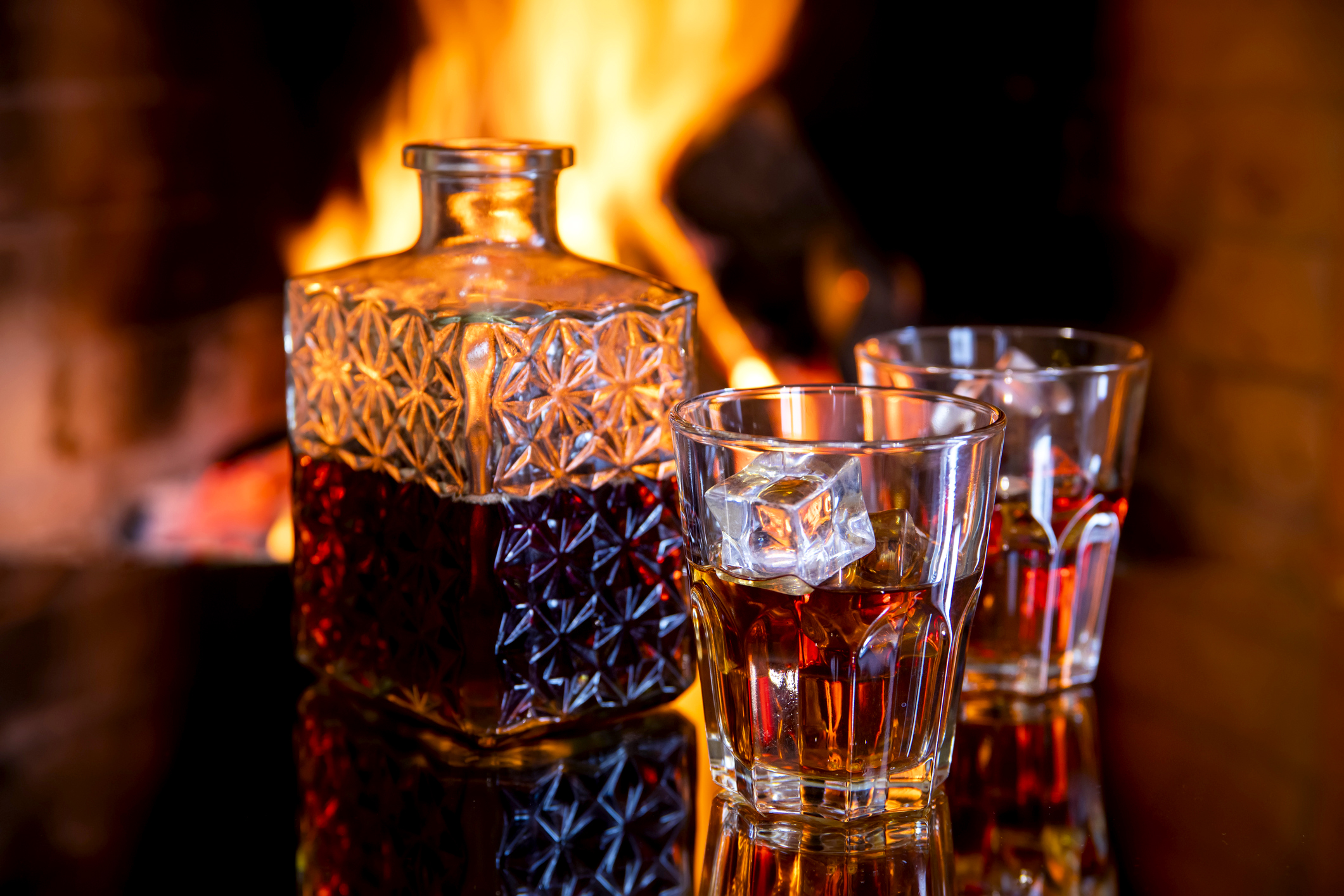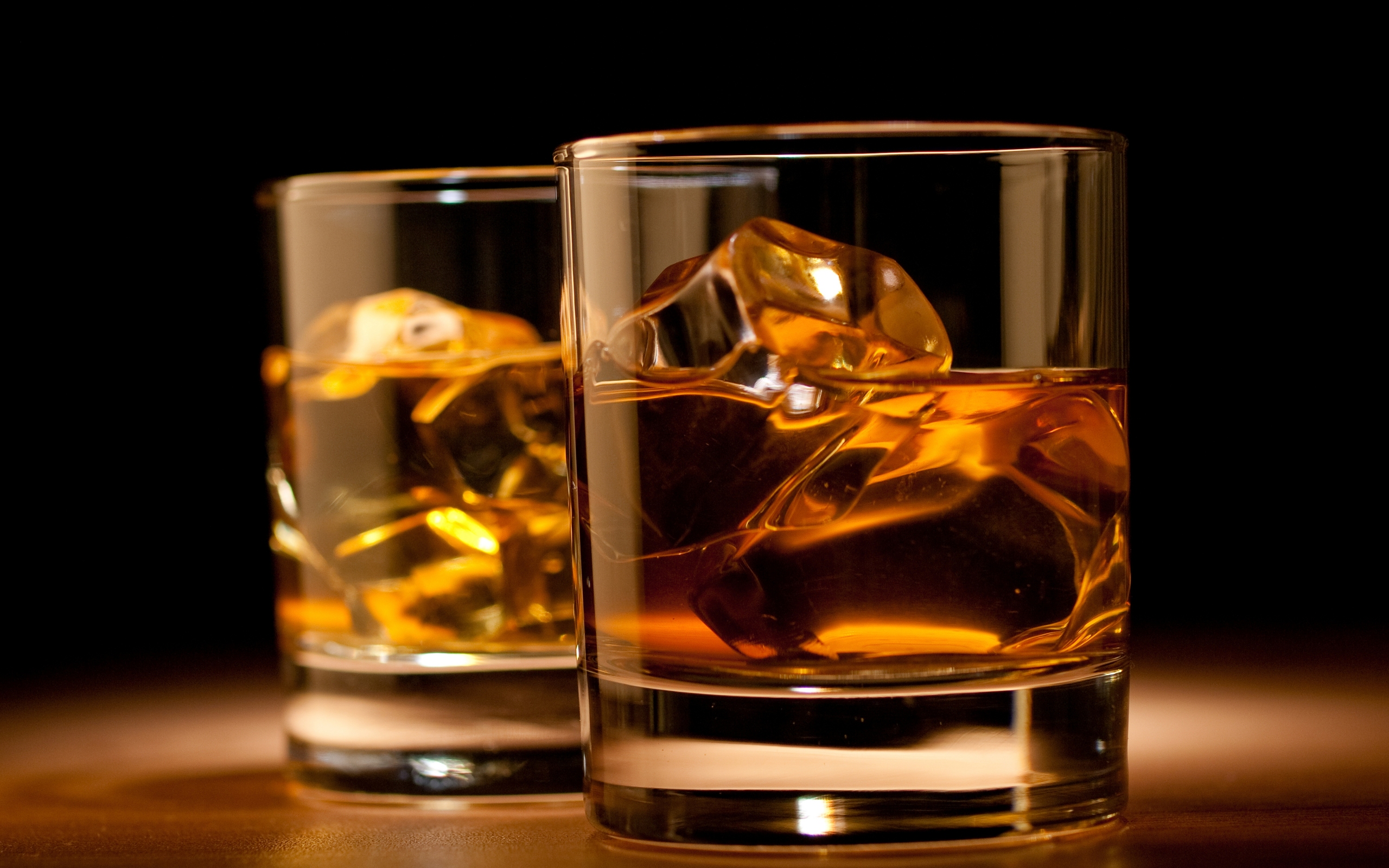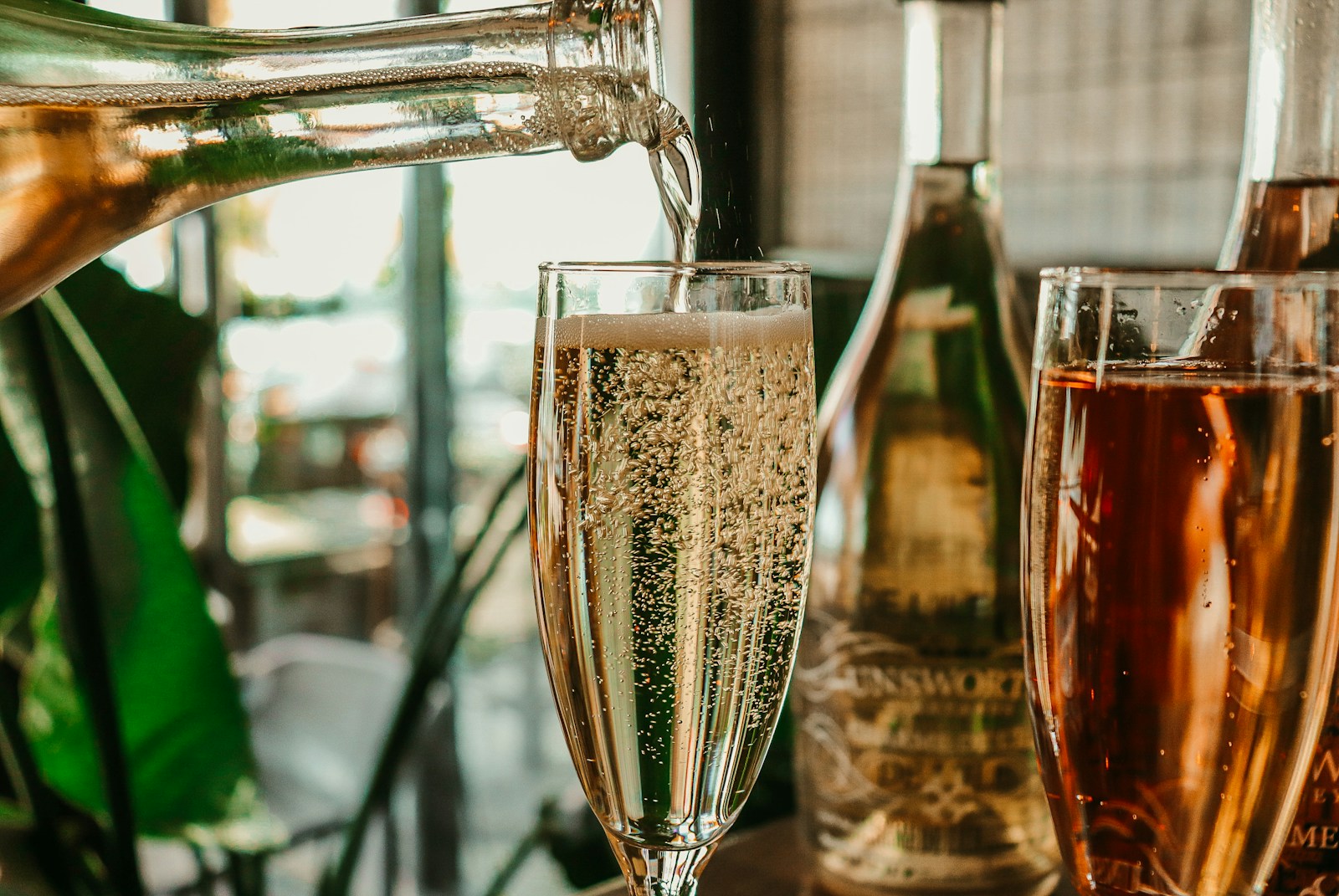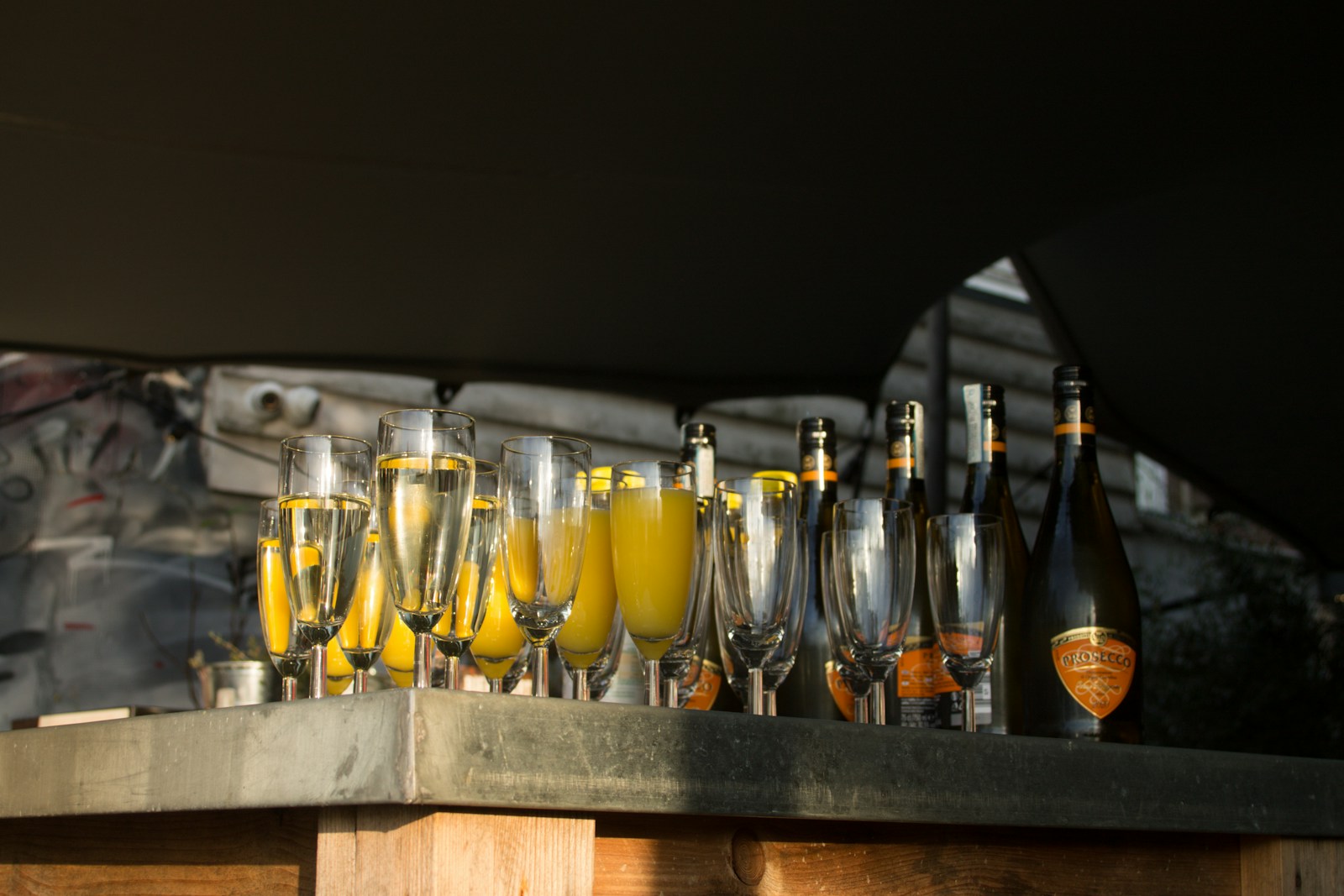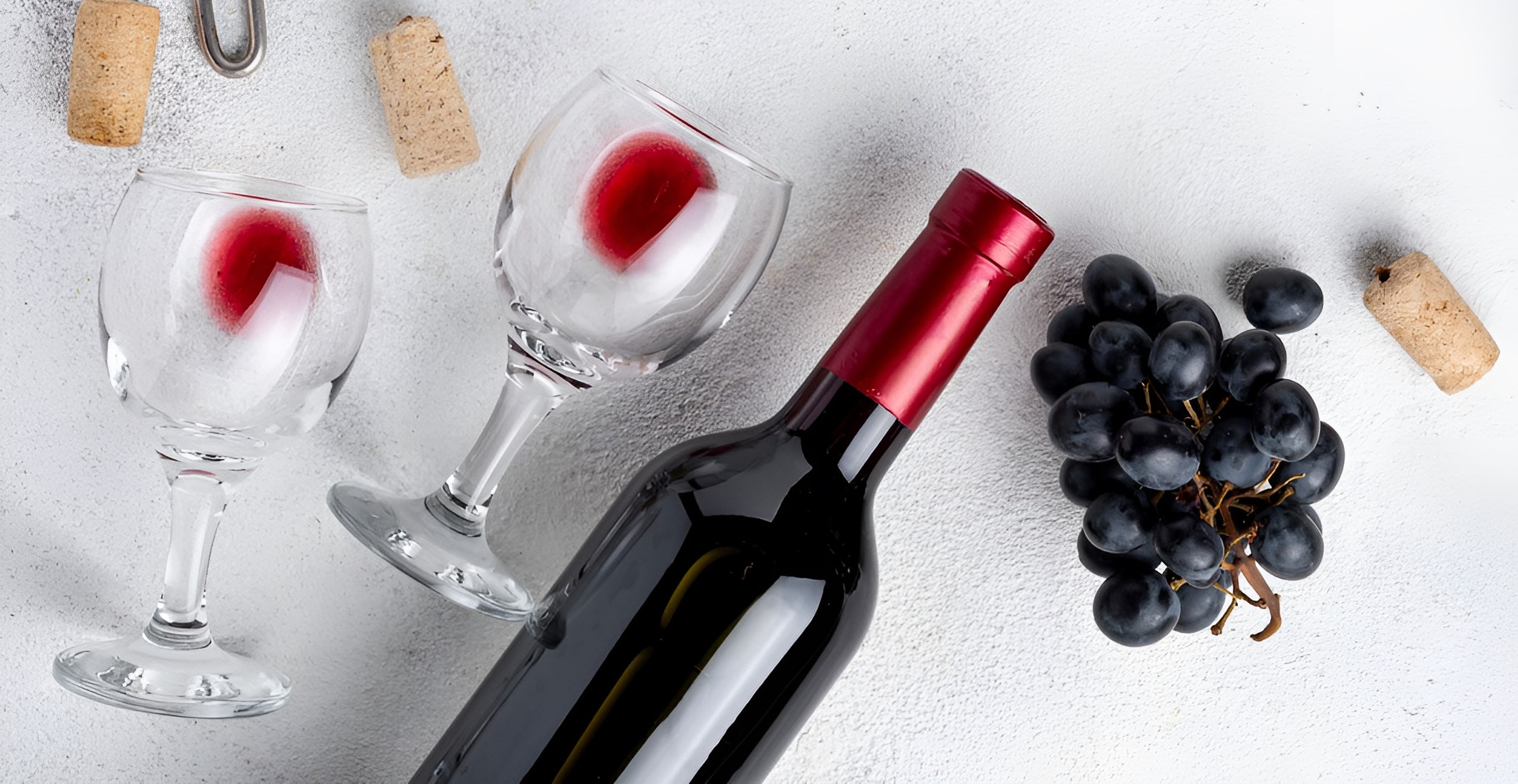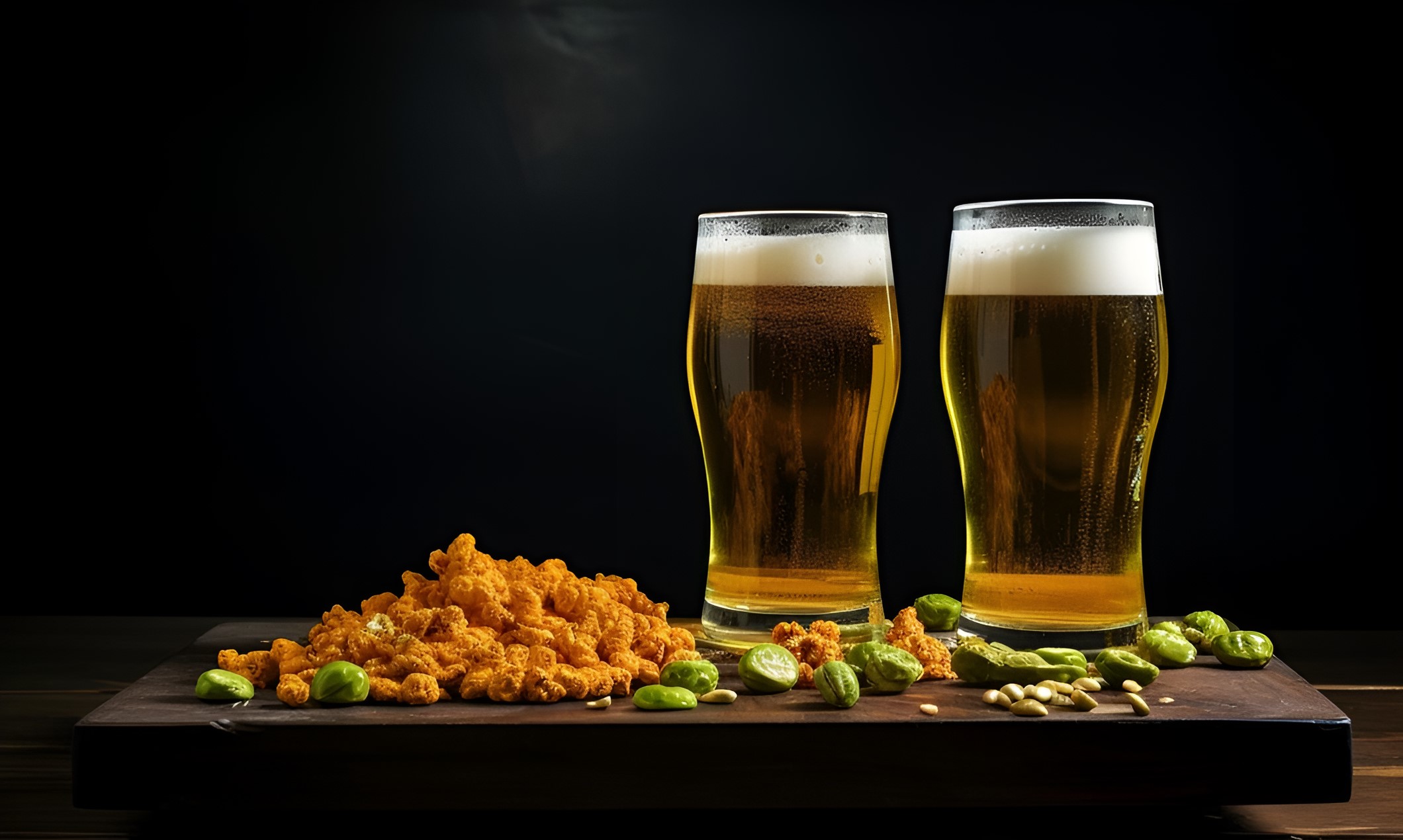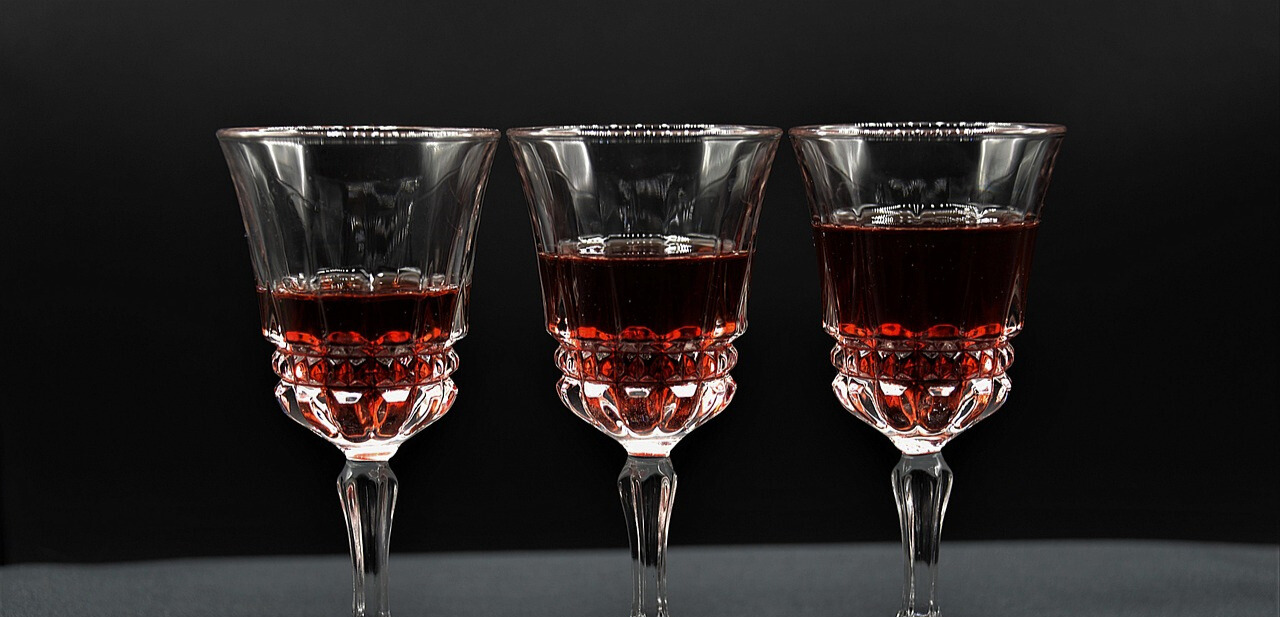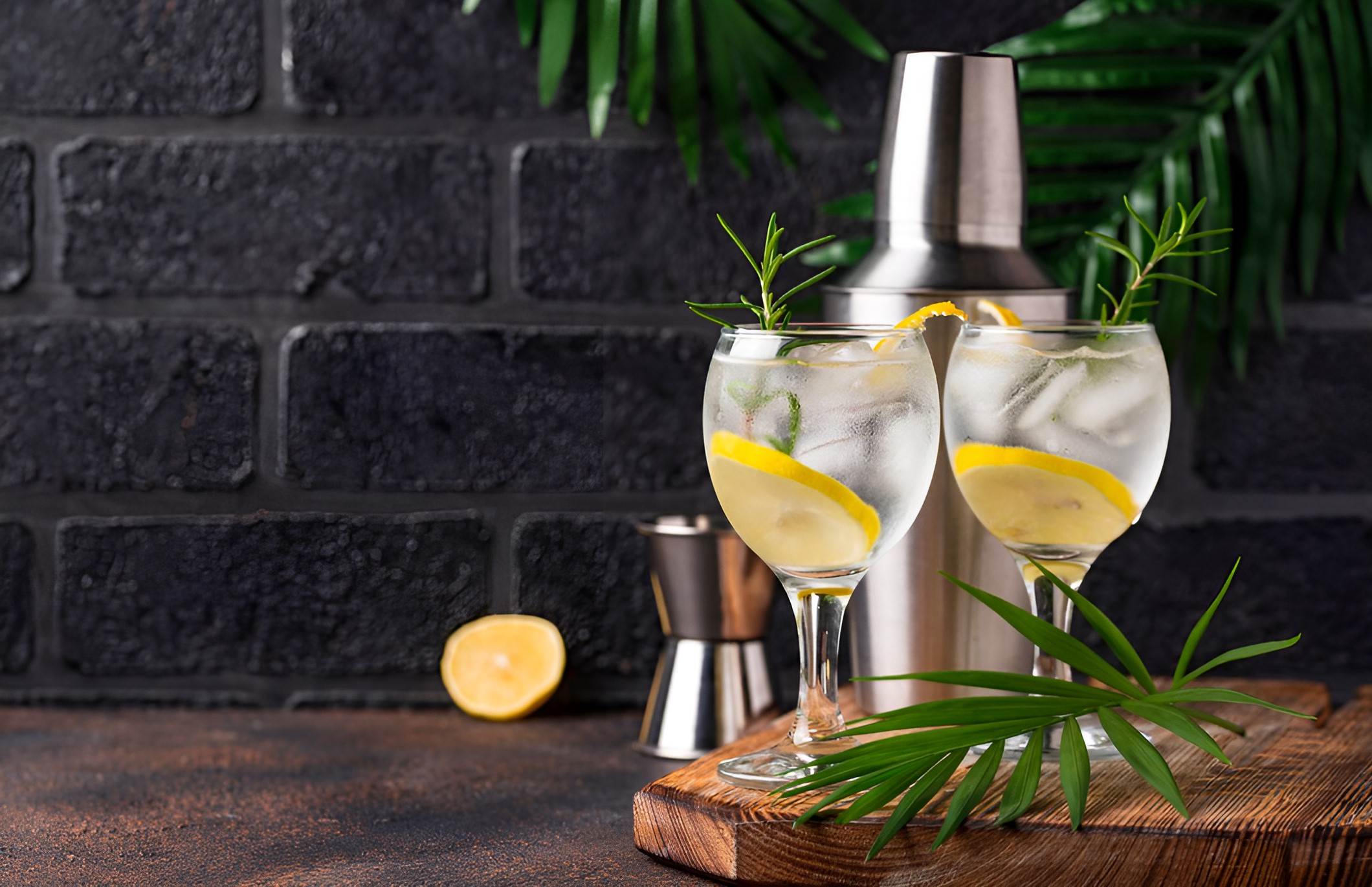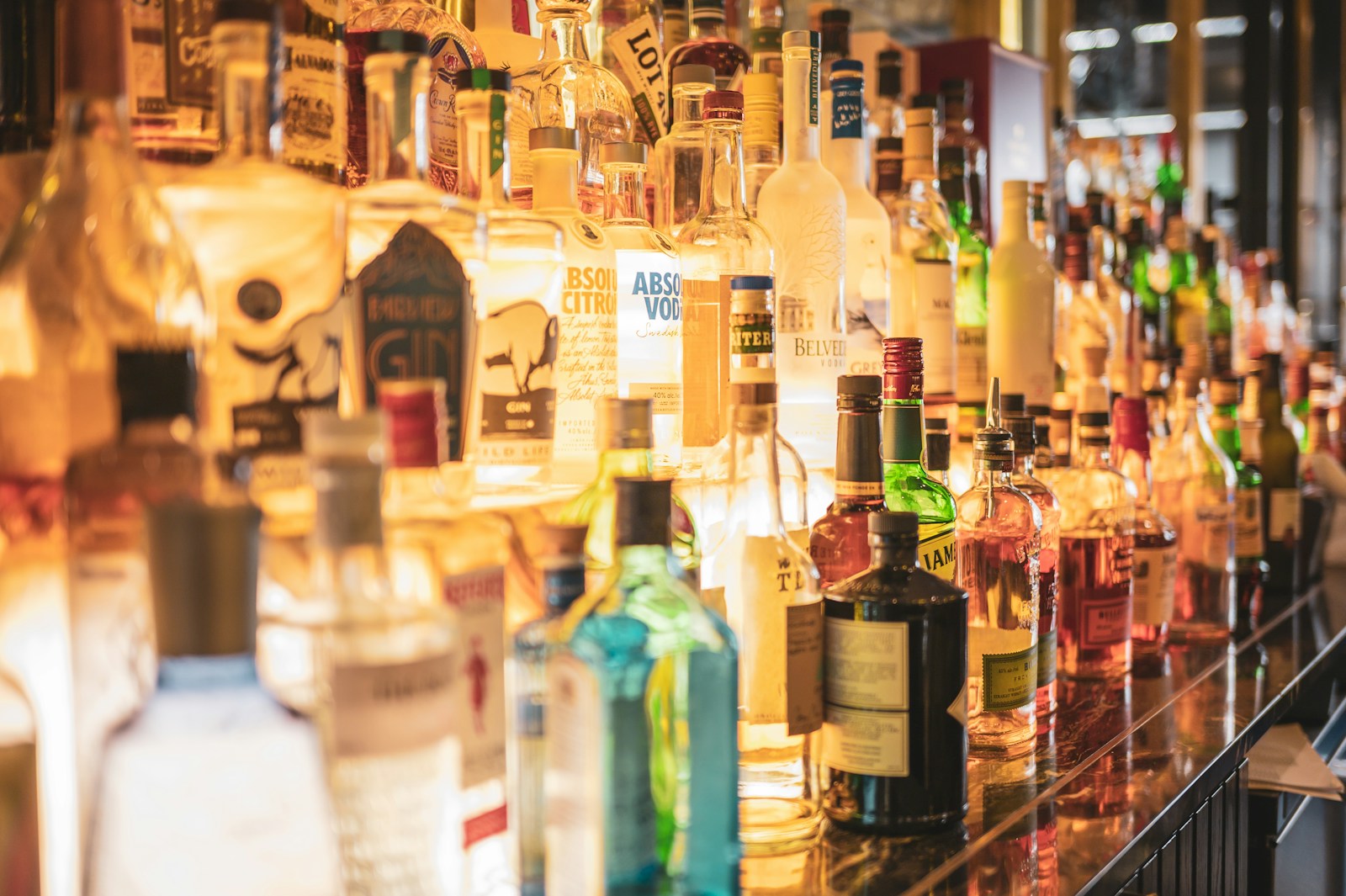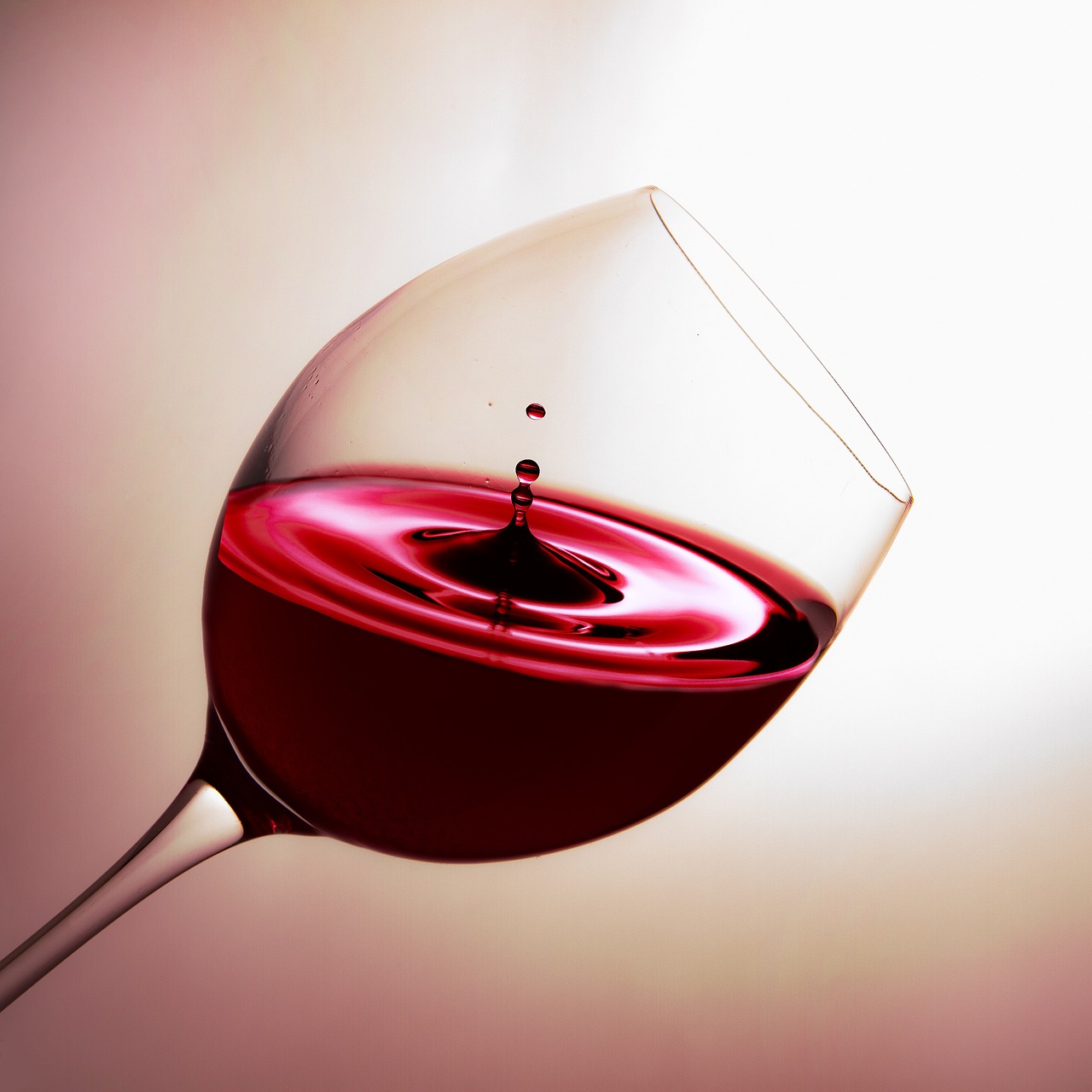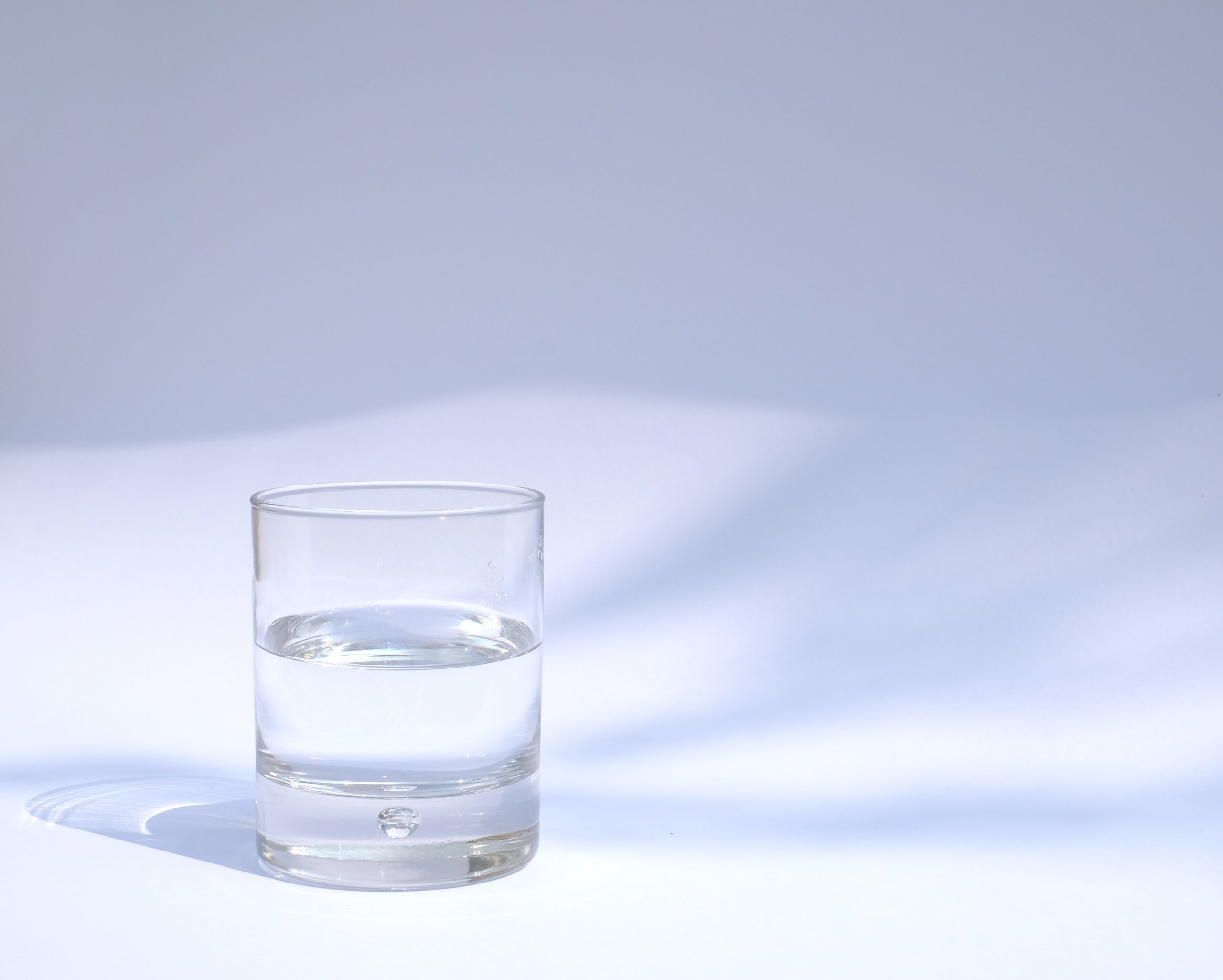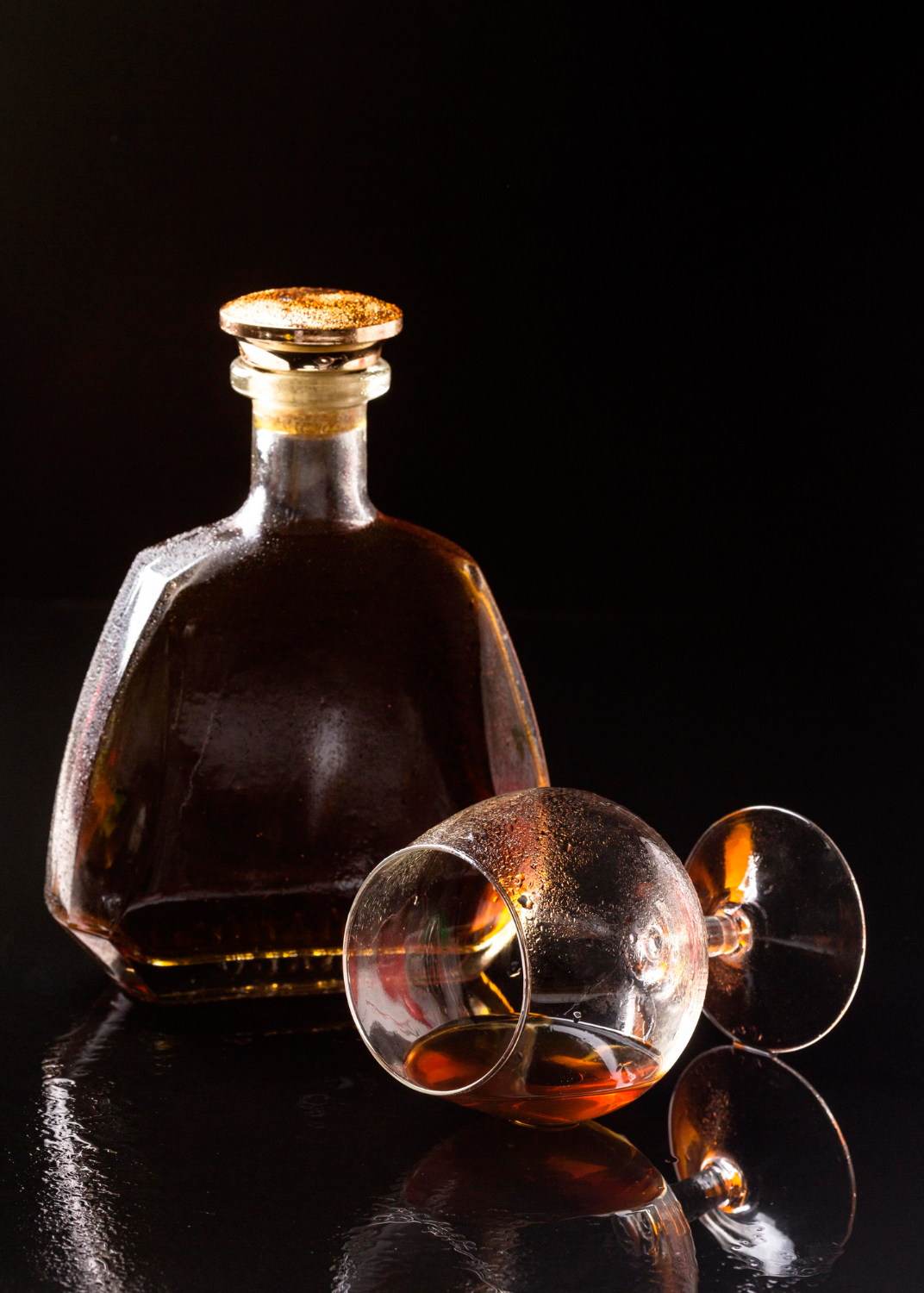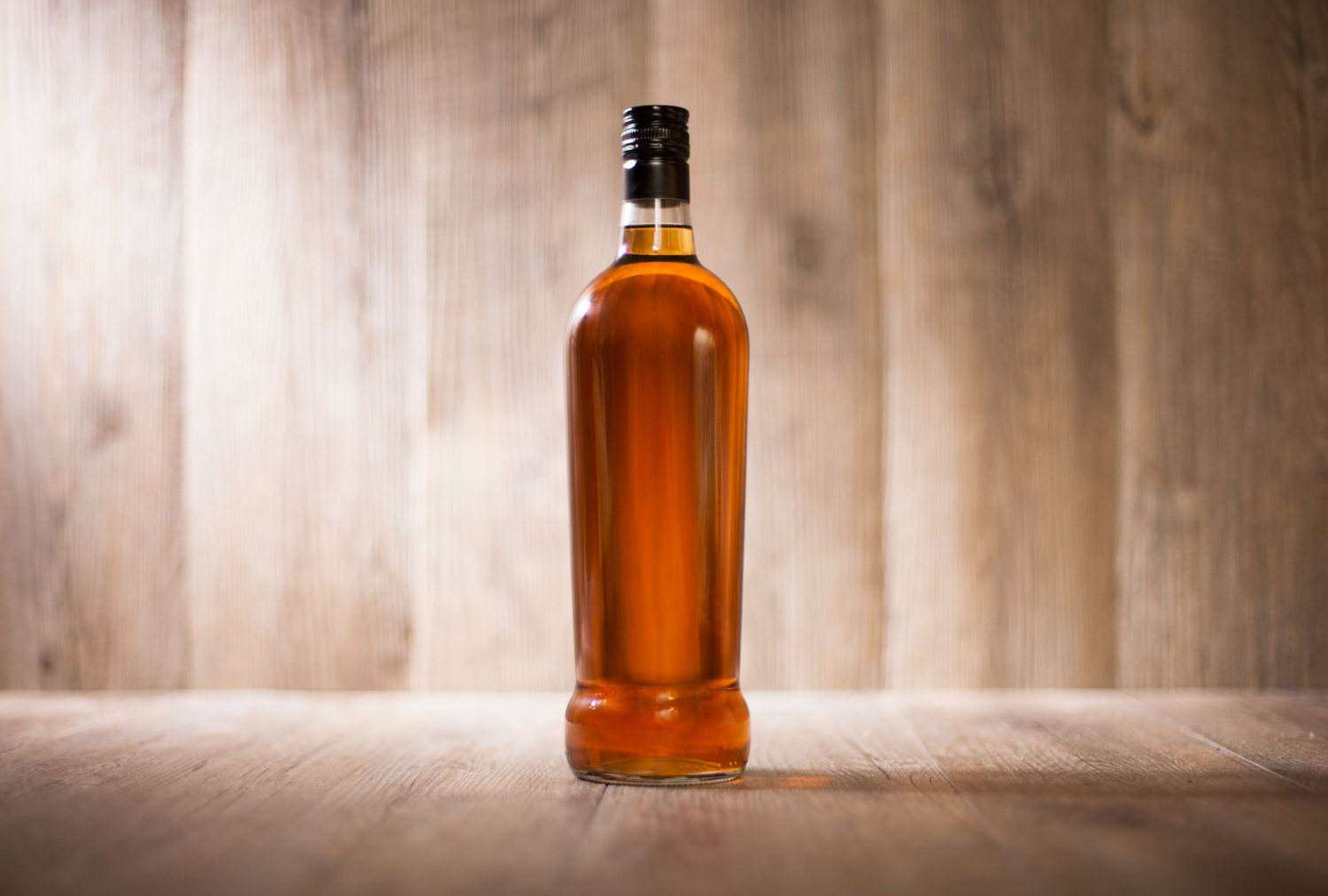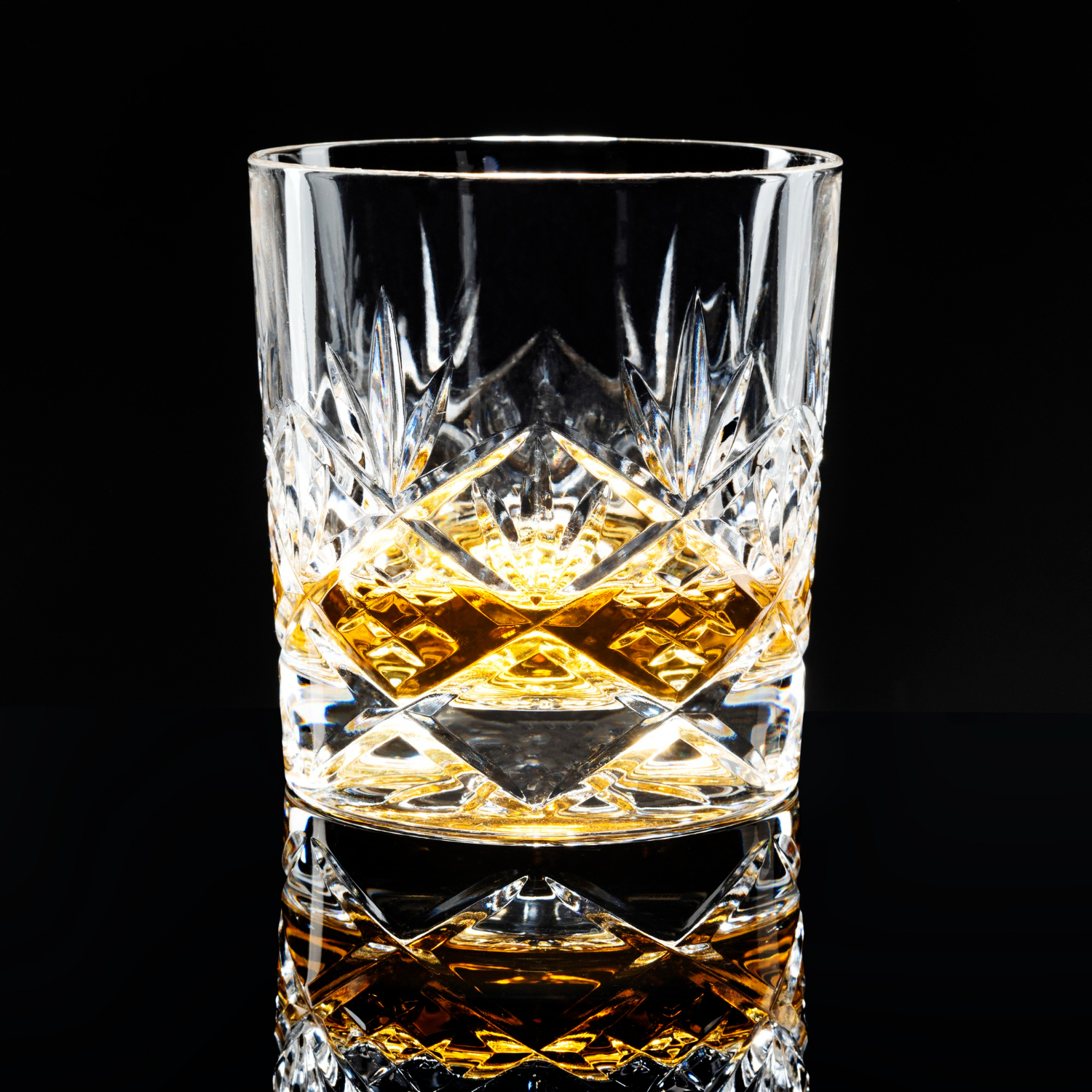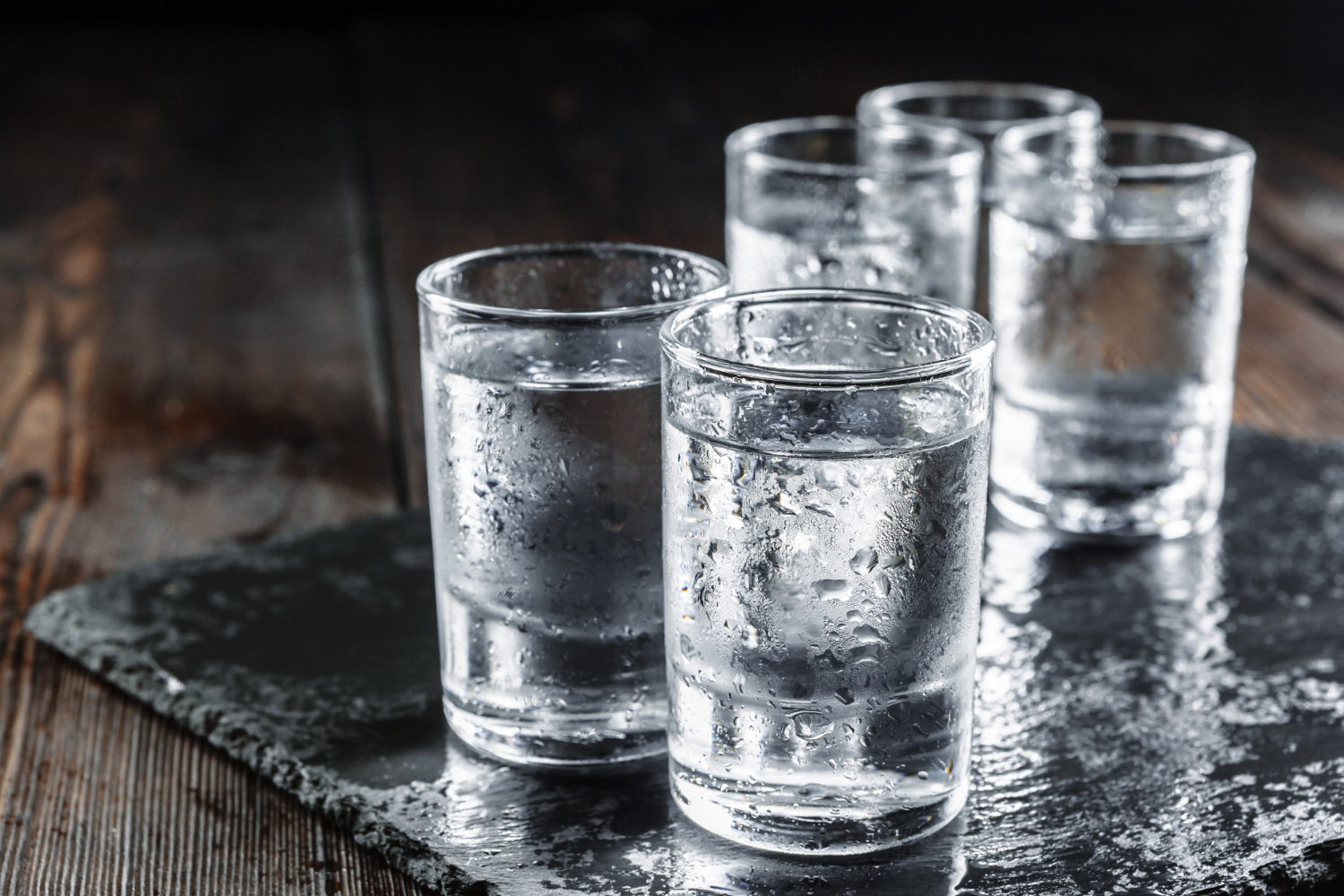
Let's make spirits
Find innovative spirits equipment and connect directly with world-leading technology suppliers
Spirits are an expression of their combined surroundings. Everything that goes into producing a liquor bottle leaves a unique mark on the final product. So, liquor making machines are a particular equipment category in the food and beverage industry. Every detail in their design can be tasted in the spirit’s flavor, texture, or aroma. Next time you allow yourself to a tipple, raise a glass to technology.
Top picks for producing spirits
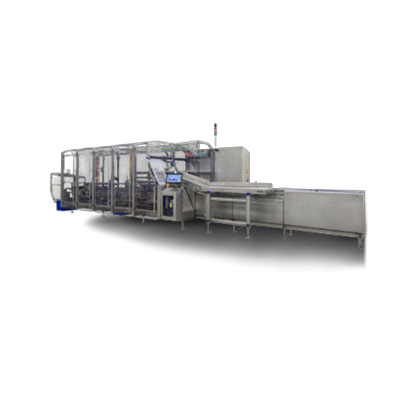
Bottle Cartoning Machine for Spirits
Cognac, brandy, whiskey and other luxurious spirits often come in uniquely branded pac...
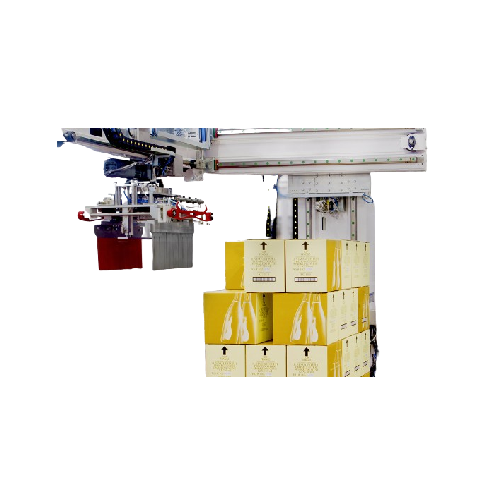
Automatic palletizer for bottle packaging lines
Streamline your bottling line with advanced palletizing solutions engineer...
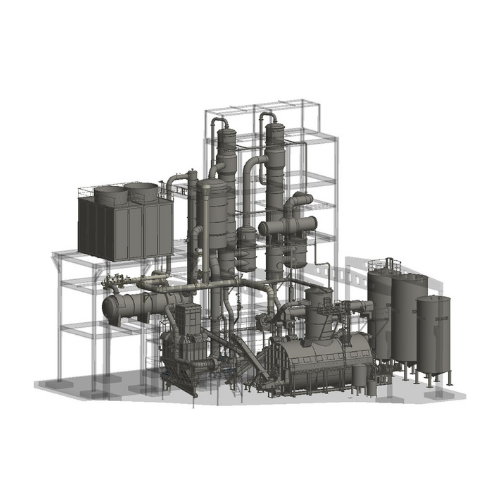
Drying systems for alcohol production
Enhance your spirits production with precise moisture control and nutrient retention,...
What are you making?
Tell us about your production challenge
Crush the grains into a coarse meal
Most spirits are made from cereals such as barley and rye. The high starch content in these ingredients presents a risk of gelatinization. So integral part of the preparation process involves hydrolysis to break down the starches.
To facilitate the hydrolyzation, remove the husks in a de-awner or hulling machine and grind the grains into a coarse meal with a crusher.
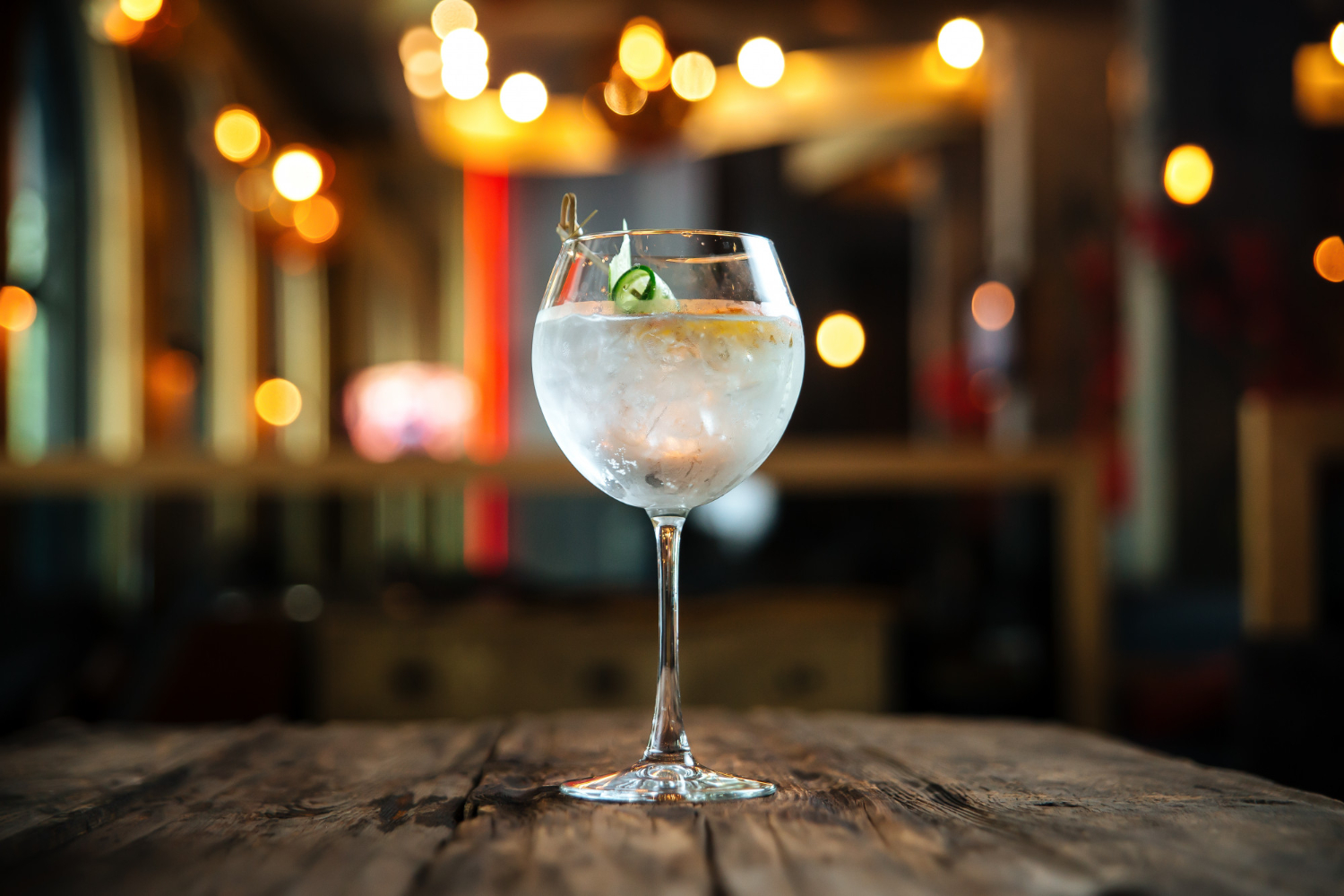
Form the ingredients into a mash to release the sugars
Starch is a polysaccharide composed of a series of glucose units. These are the sugars that react to produce alcohol.
Mix the crushed grains with water to transform starches into simple sugars and create a ‘mash’. Temperature-controlled mashing systems infuse the grains with hot water to separate proteins and make the malts easier to ferment.
Fermentation equipment provides yeast with the best conditions to consume sugars
The conversion of sugars into alcohol is a natural phenomenon triggered by yeast. The bacteria multiply as they consume the sugars, leaving ethanol and carbon dioxide as a by-product.
But yeast needs safe conditions to grow. Industrial fermentation technology ensures a closed environment away from oxygen and thermal control to maintain the temperature. Fermentation produces the base liquor that is turned into spirit.
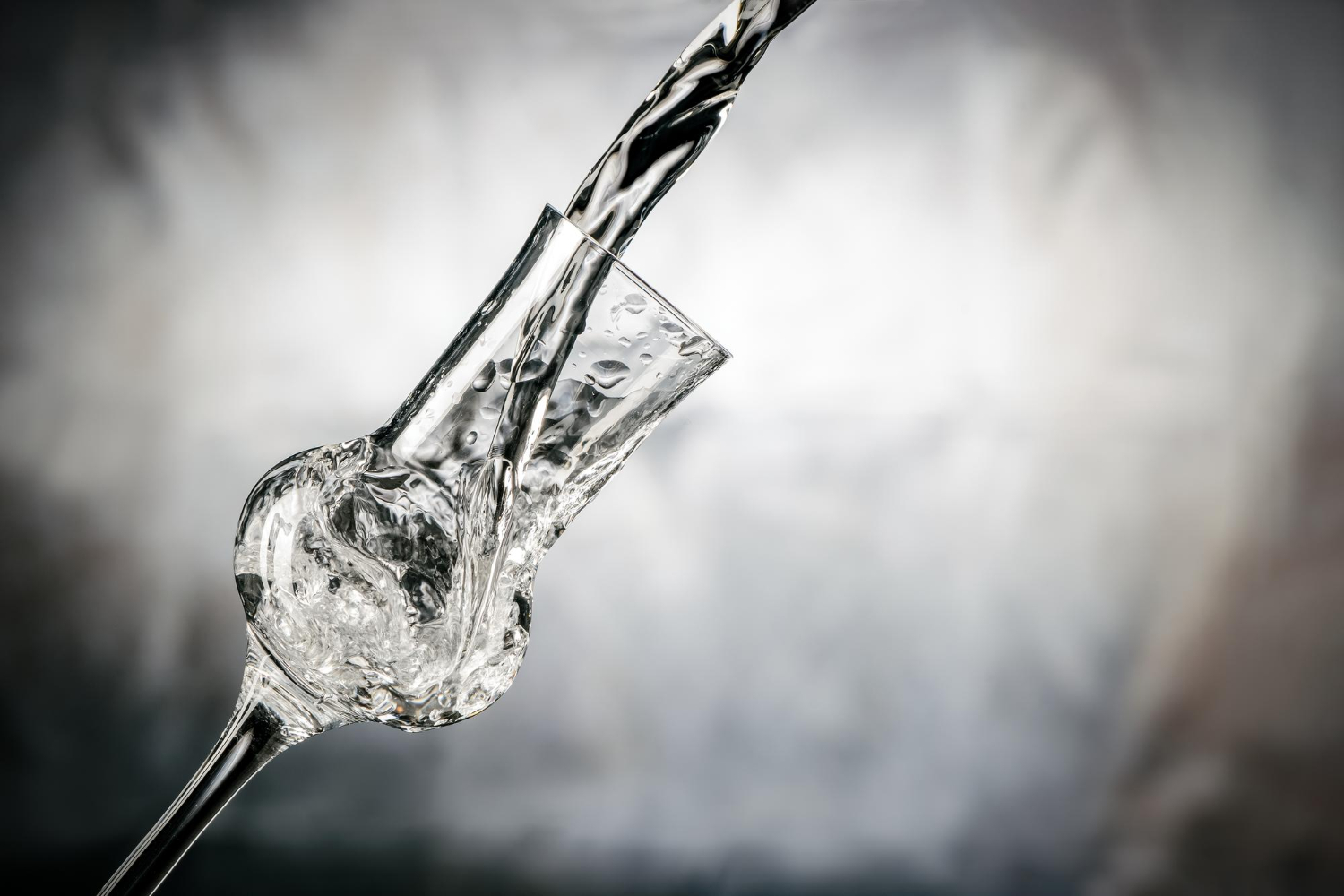
Distill the alcohol from congeners and impurities
The leap from raw alcohol to spirit takes place with distillation. Base liquor such as wine and beer contains other ingredients like grain particles and water. The process of distillation purifies alcohols from these congeners.
Distillation technology heats the liquid, but since ethanol has a lower boiling point, it vaporizes and escapes the mixture. The special liquor making machines capture these vapors and condense them into raw spirits.
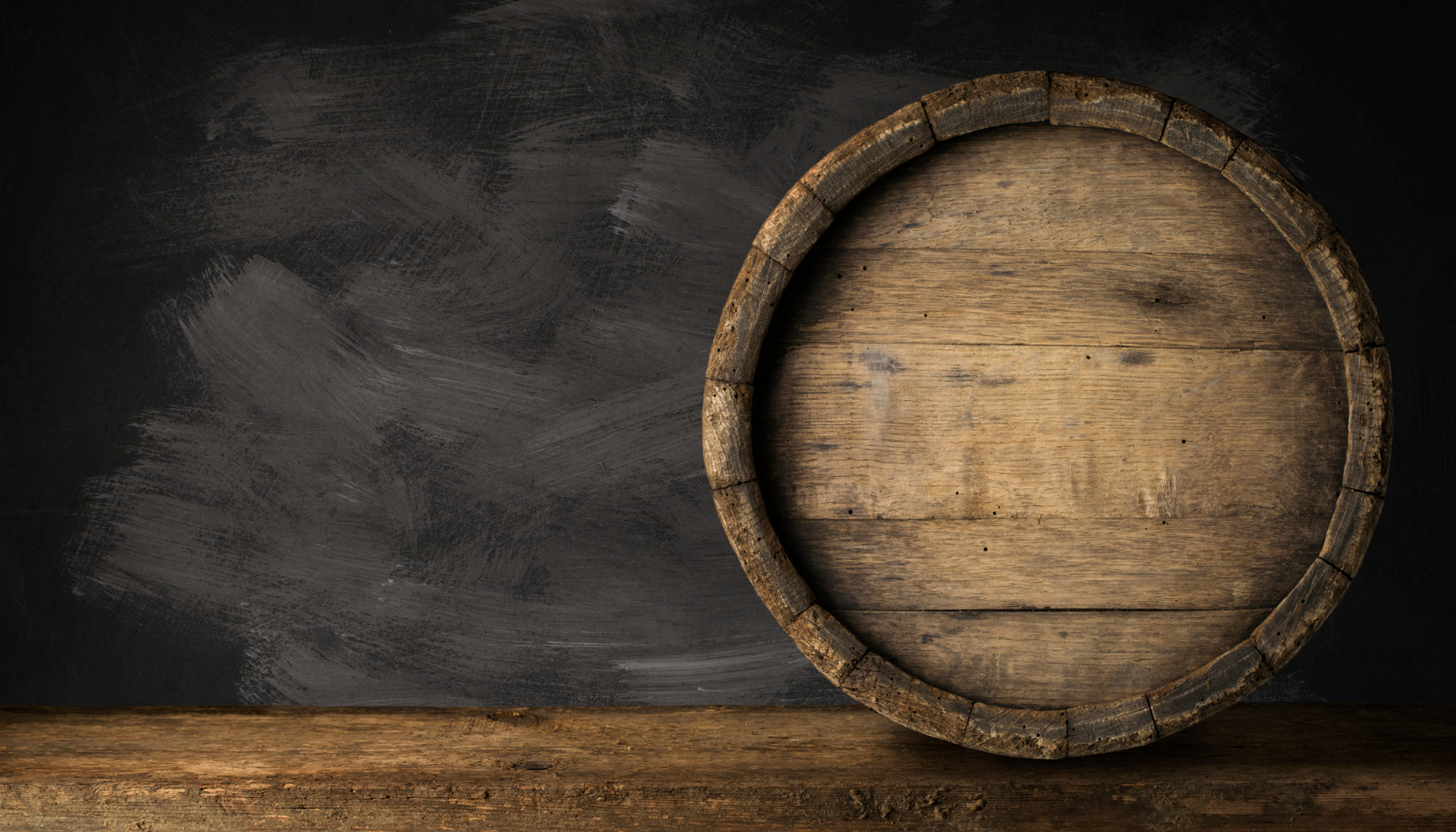
Allow time for maturation after the journey through liquor making machines
Distillation is the final step in making spirits, but some liquor categories require aging. Indeed, some producers choose to age distilled alcohols that do not strictly need it, like vodka or gin.
On the other hand, certain spirits like whisky, rum, and brandy must observe a specific aging regime to classify as such. The maturation period develops aromas, bouquets, and colors as the distilled liquors interact with the cask.
Apply the solera maturation technique for rum
Some rum distillers do not age their spirits, producing a fresher product with a grassy aroma. If you age rum, alternative techniques exist to develop complex flavors.
The traditional single-barrel method lets the liquor sit in an oak cask for at least a year. More recently. Producers have been experimenting with the solera technique, originally used for sherry, stacking the barrels in a pyramid. The finished liquor is drawn from the base, adding a new spirit to the top.
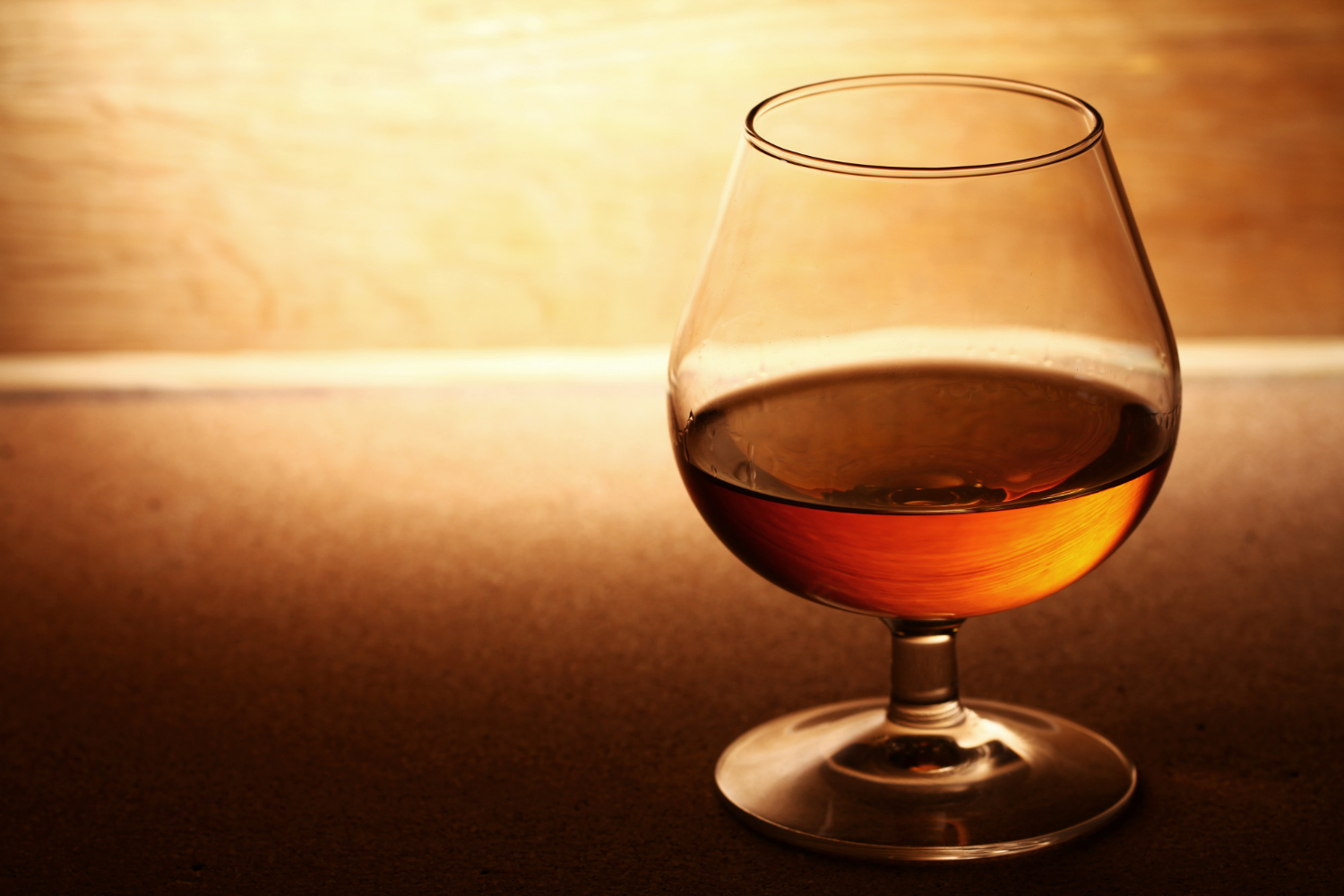
Cognac must be aged in French oak
Like whisky and rum, brandy is aged in charred oak casks. In Cognac, France, brandy maturation is regulated by state laws.
Very Special Cognac (VS) must age for two years, and Very Superior Old Pale (VSOP) for at least four years. Producers must wait six years for their brandy to reach the Extra Old Cognac (XO) category. Of course, casks must be made from French oak.
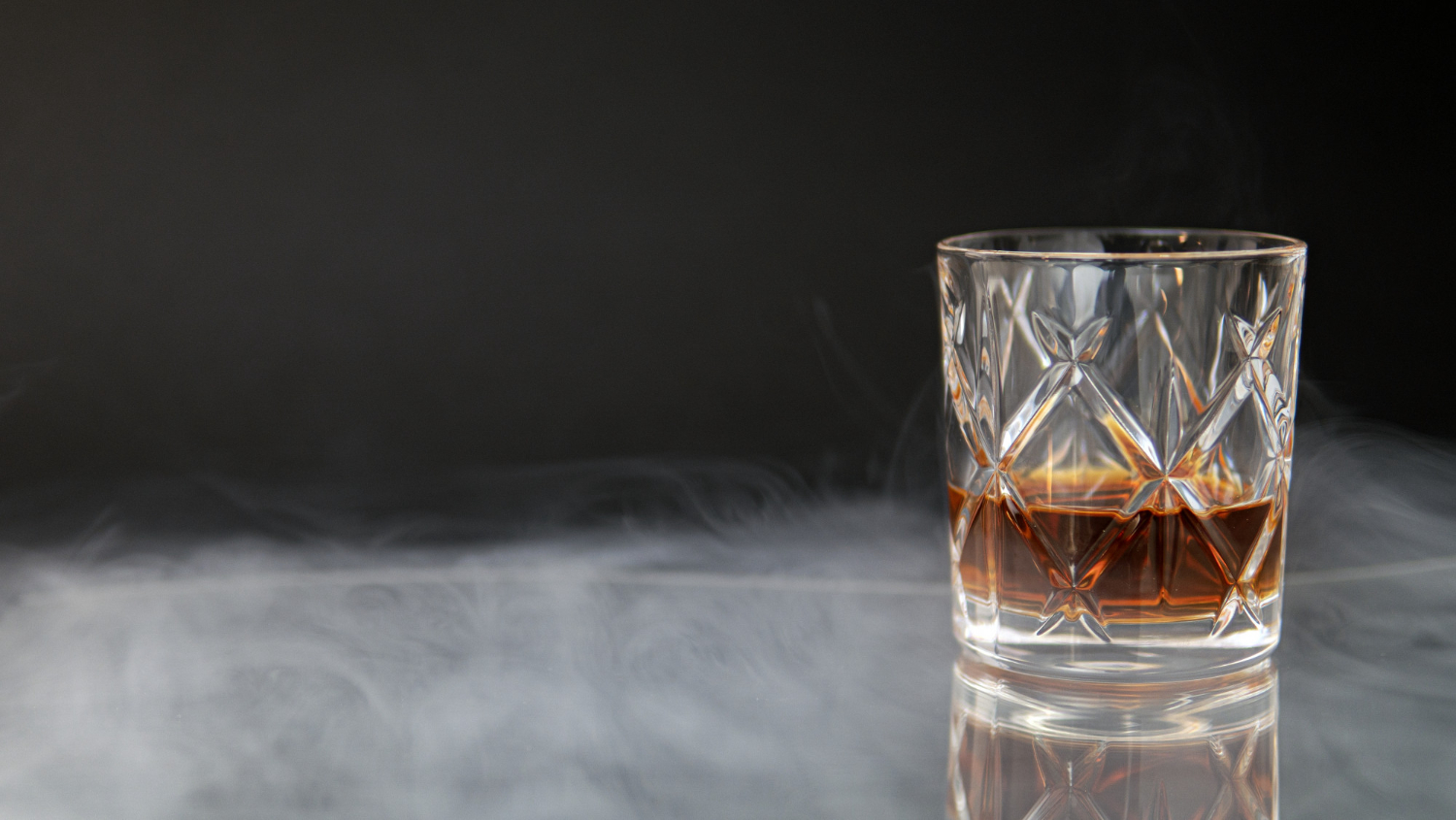
Whisky extracts the characteristics of casks during the aging phase
Whisky starts as a harsh, transparent spirit. But aging in oak barrels mellows it down and develops its golden colors. Scotch whiskies must be aged for at least three years, whereas American bourbon requires two.
There are more variables than maturation time. Barrels from American oak produce softer tones, while French oak develops spicy notes. Whisky is aged in toasted sherry casks, while bourbon is kept in charred barrels. The burnt layer filters out impurities from the spirits.
Packaging machines for liquor bottles are top-loading systems
After a long rest in barrels, the spirits are ready for their final journey before they reach the consumers. The liquor is pumped into a filling machine, pouring the correct dose into bottles. Some recipes add a blending stage before filling, combining different spirits.
Regarding packaging, liquor cartoning is typically performed by a top-loading machine, dropping the bottles into boxes from above.
Which spirits technology do you need?
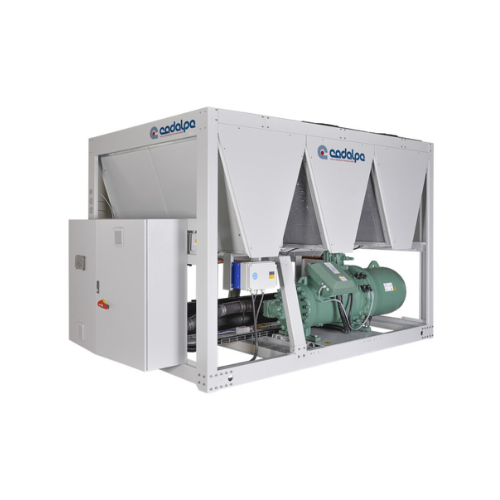
Industrial cooling unit for beverages and spirits
Ensure optimal chilling and condensation for beverages and spirits with...
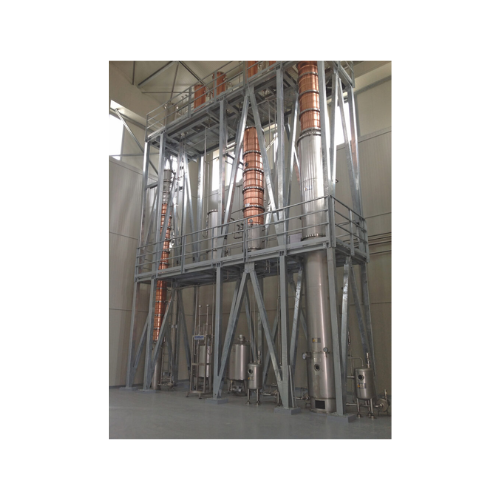
Continuous distillation columns for spirits production
Optimize your spirits production with advanced distillation column...
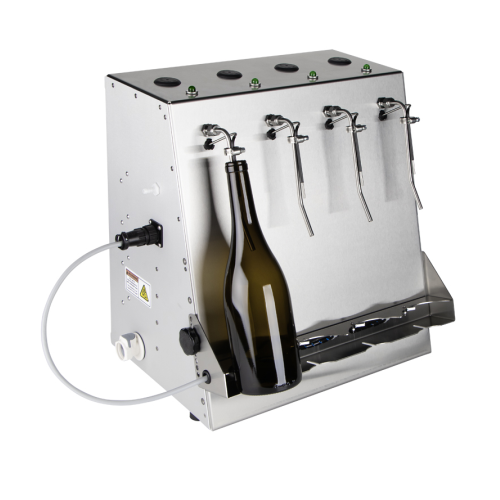
Level bottle filler for wine and spirits
Achieve consistent fill levels with precision sensor technology, ideal for ensurin...
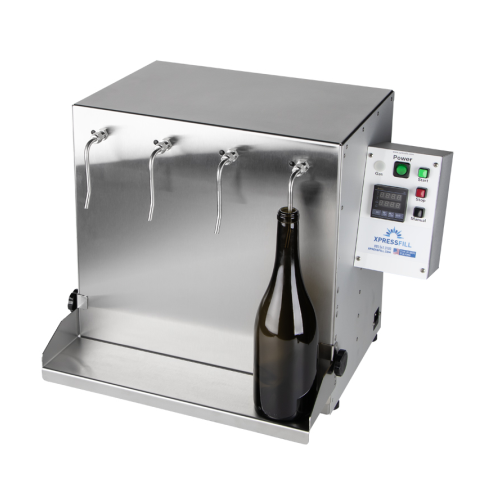
Volumetric bottle filler for distilled spirits
Ensure precise volume control and compliance with regulatory standards in y...
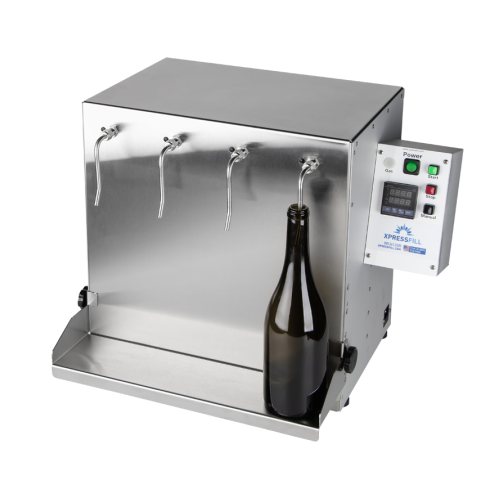
Volumetric bottle filler for high proof spirits
Ensure precise and consistent bottle filling for high-proof spirits with t...

Bottle Cartoning Machine for Spirits
Cognac, brandy, whiskey and other luxurious spirits often come in uniquely branded pac...
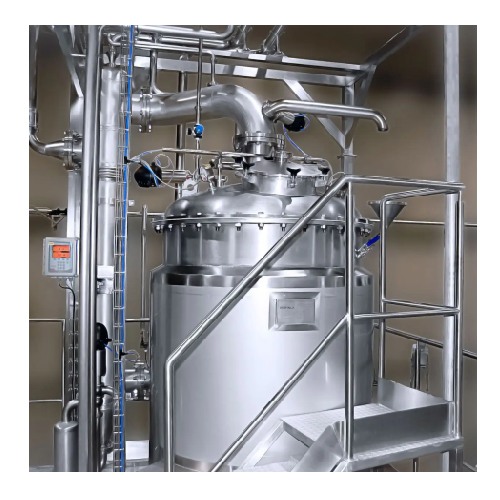
Inline processing system for food and beverage production
Optimize your production line with a versatile inline processi...
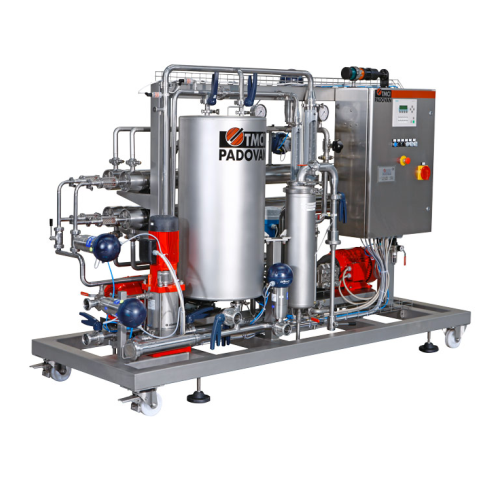
Nanofiltration and reverse osmosis for wine processing
Streamline your beverage production by effectively concentrating l...
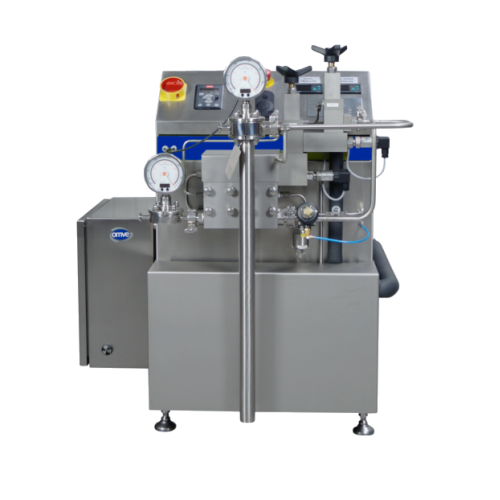
Pilot homogenizer for high-pressure inline homogenization
Achieve precise homogenization and emulsification across vario...
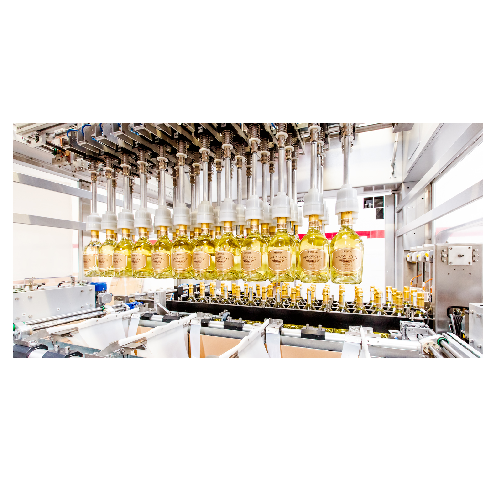
Automated case erector for Rsc cartonboard
Streamline your packaging line with an innovative solution that efficiently for...
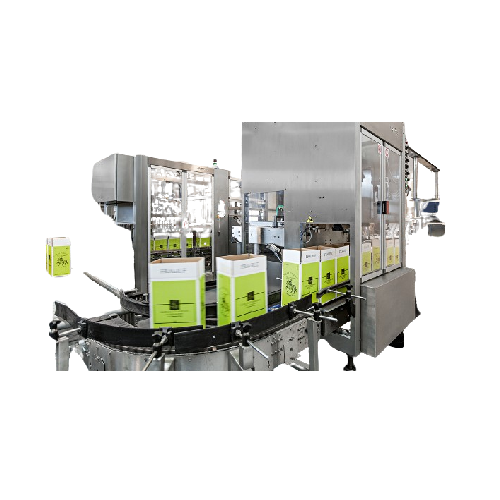
Automatic case erector for Rsc-american cartonboard
Streamline your packaging process with precise and efficient setup by...
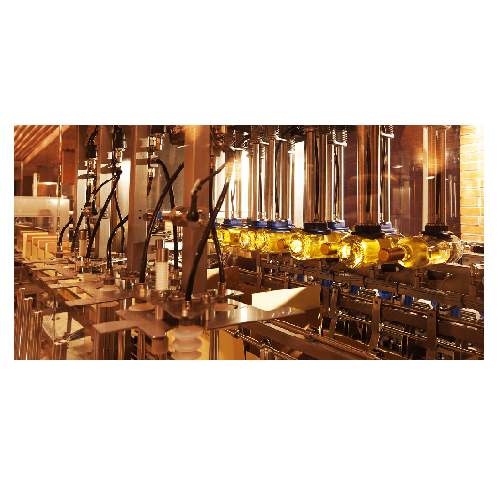
Automatic case erector for cartonboard with hot-melt glue binding
Streamline your packaging line with efficient case er...
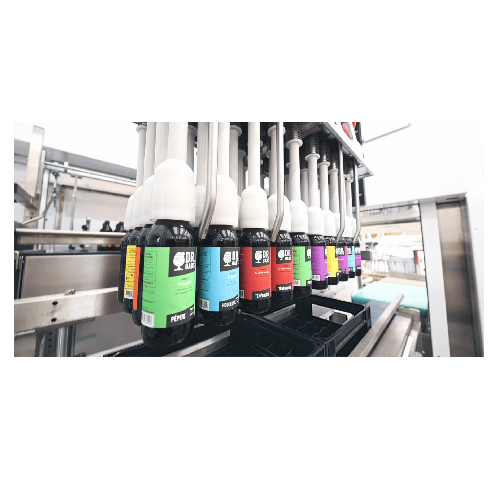
Unpacker for return bottles
Effortlessly manage return bottle operations with high-speed unpacking solutions that ensure pre...
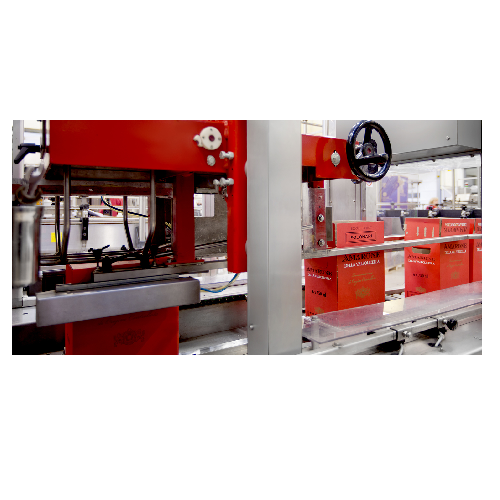
Automated carton forming for bottles
Optimize your bottling line with an integrated carton forming solution that combines s...
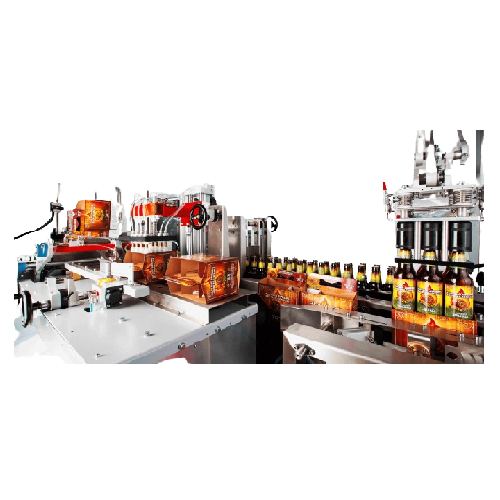
Automated bottle packaging solution for breweries
Streamline your packaging process with a compact unit that combines bas...
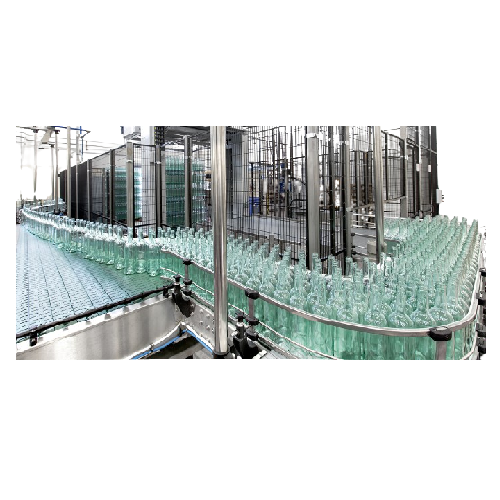
Flexible depalletizers for bottling lines
Streamline your packaging operations with a compact depalletizing solution desig...
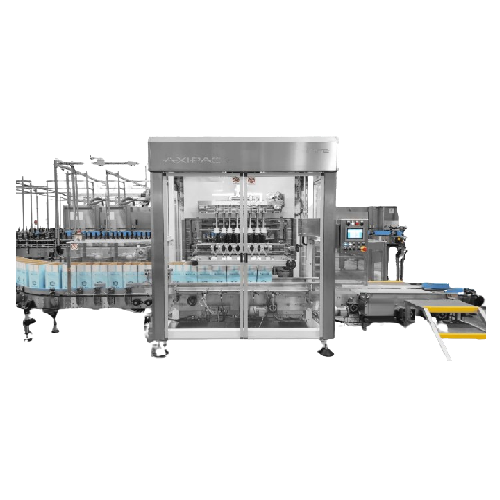
Automated case erector for high-speed packaging lines
Streamline your packaging line with this solution that forms and se...
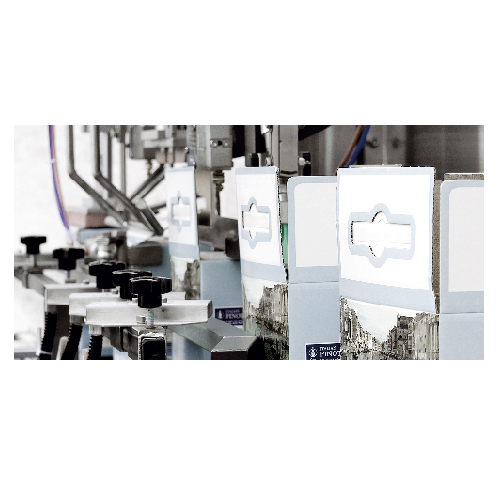
Bottle repacking system for return cartons
Optimize your bottle repacking efficiency with a system designed specifically f...
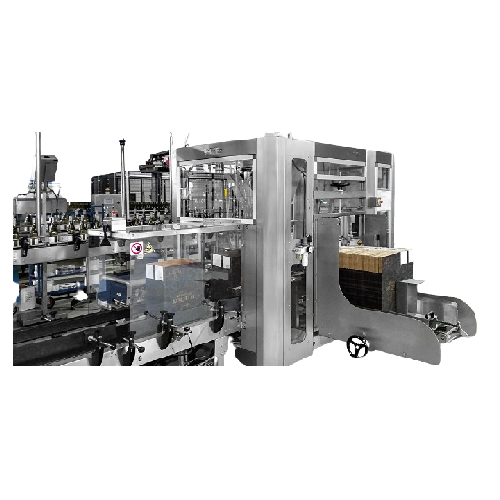
Automated packaging line for bottling industry
Streamline your packaging operations with a fully automated solution design...
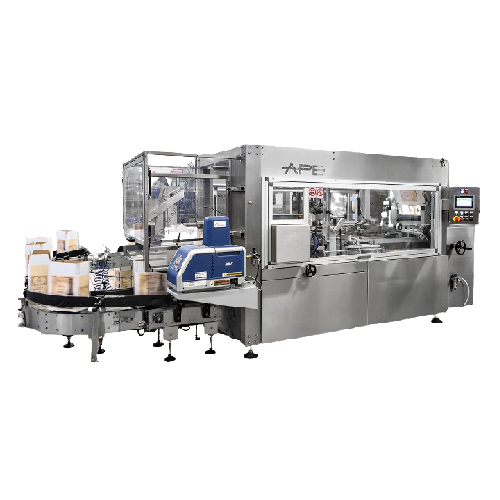
Automated case erector for american cases
Streamline your packaging line by efficiently erecting American-style cases with...
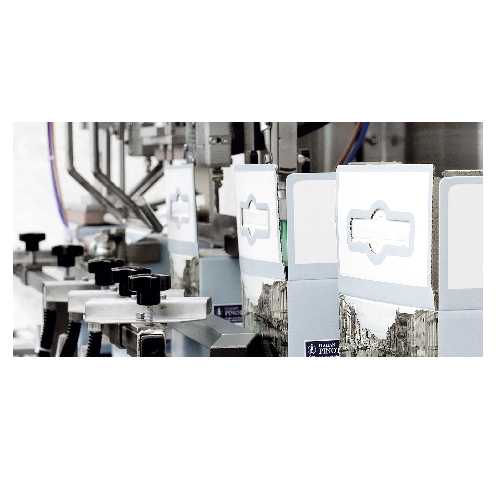
Automatic bag-in-box packaging system
Optimize your liquid packaging with a precise and seamless workflow, ensuring efficie...
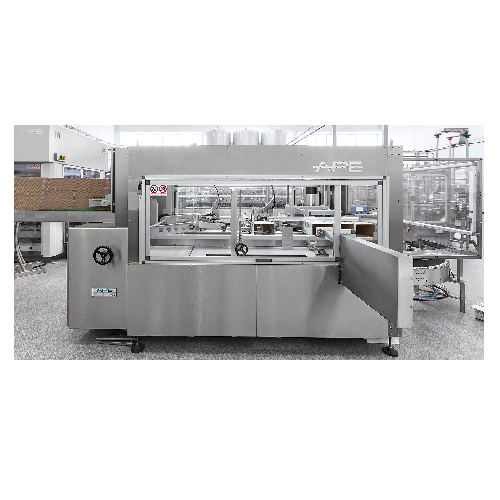
Advanced case erector for Rsc/american cartonboard
Optimize your packaging line with precise case erection and glue seali...
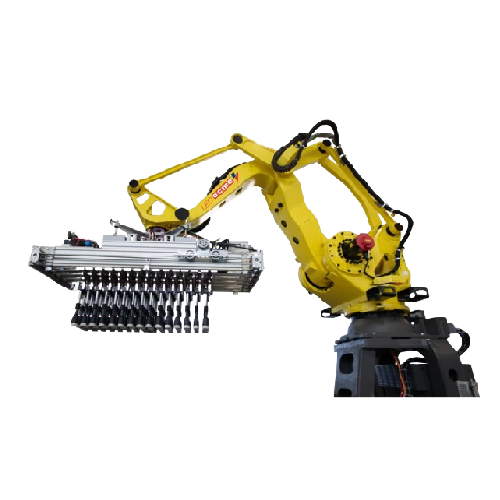
Robotic crating and decrating solution for returnable glass bottles
Streamline your bottling line by efficiently handli...
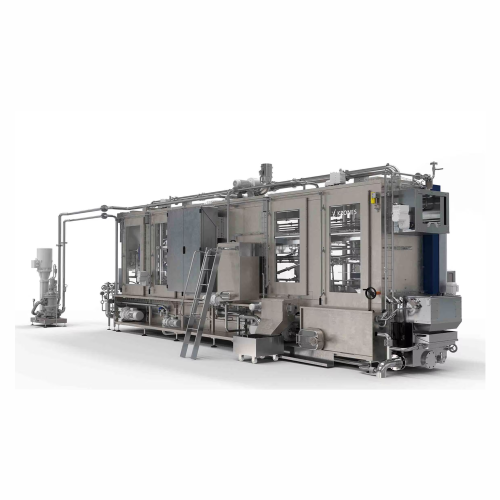
Crate washer for beverage manufacturers
Ensure thorough cleaning of beverage crates with an advanced washing system featuri...
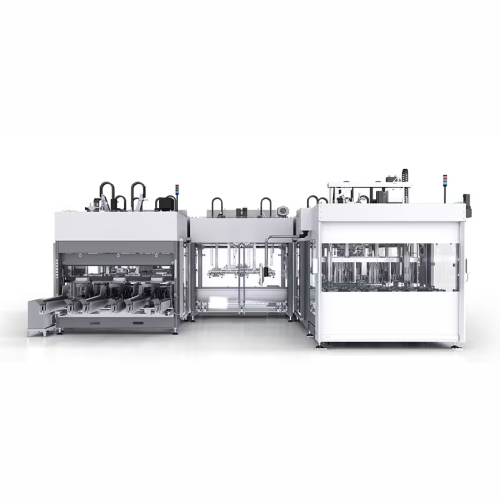
Flexible packaging line for beverage production
Streamline your beverage production with a flexible system capable of hand...
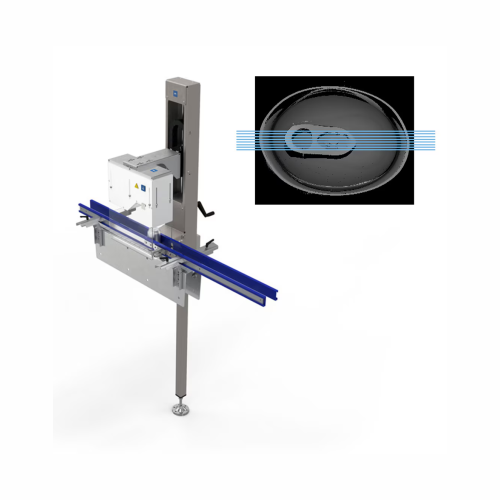
Leakage detection for beverage cans
Ensure each canned beverage leaves your facility ready to impress, with precise leak de...
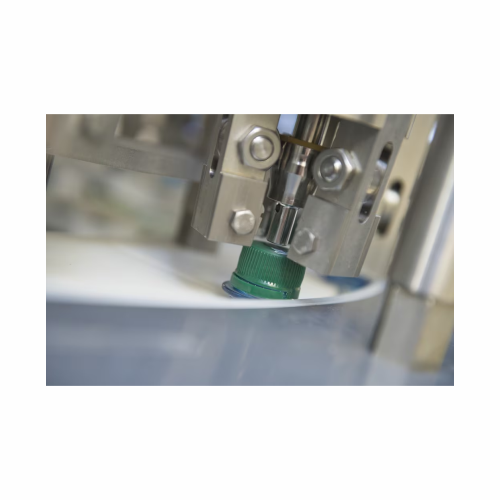
Decapper for removing screw caps
Efficiently unscrew caps from various bottle types without damaging the threads, even under...
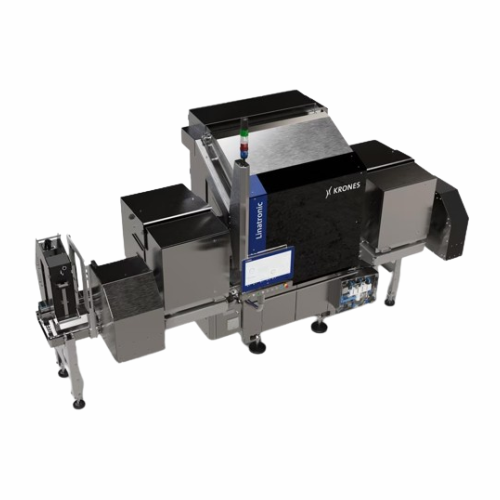
Bottle inspection system for foreign particles detection
Ensure your beverage products remain uncontaminated with high-pr...
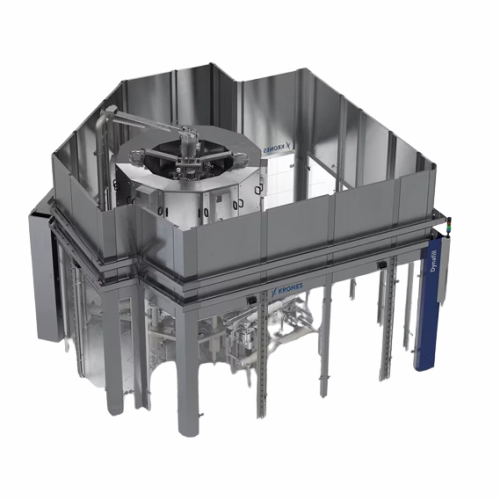
Innovative beer filling and capping technology
Revolutionize your filling process with an integrated system that combines ...
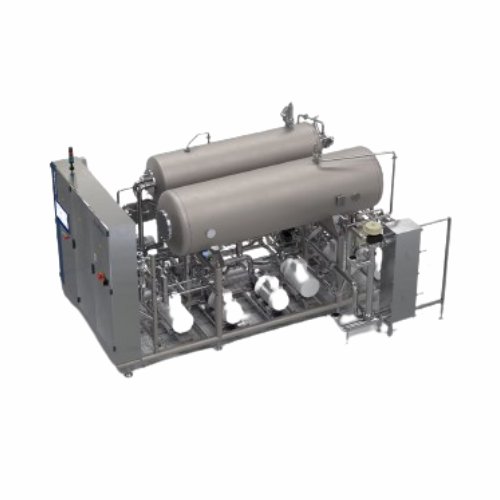
Mixer for carbonated and non-alcoholic drink production
Efficiently mix and carbonate a variety of beverages while optimi...
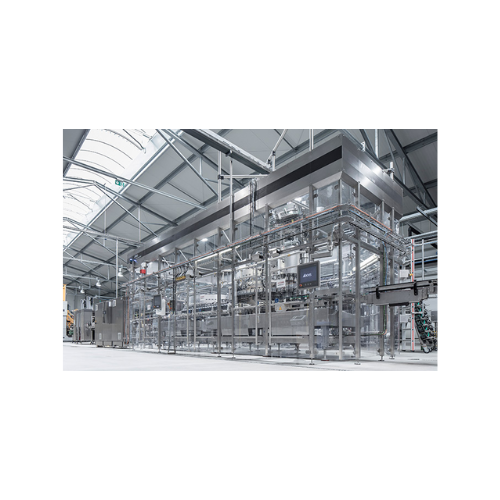
Wine and sparking wine filling system
Achieve precise filling and minimal oxygen pickup for high-value beverages with a rel...
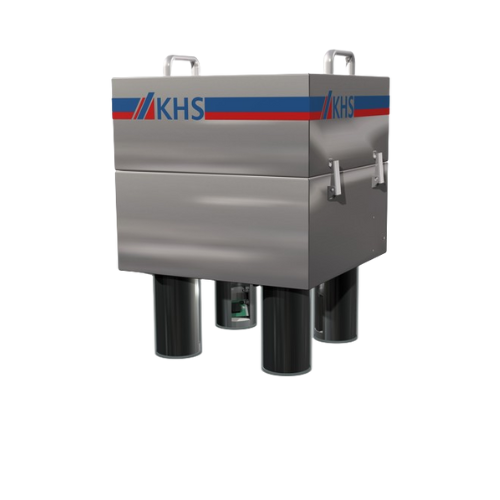
Closure inspection system for crown corks and metal caps
Ensure product integrity with high-speed 360° closure inspection...
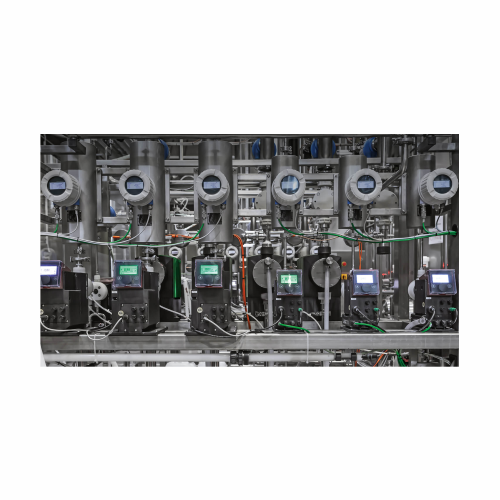
In-line additive dosing systems for beverages
Ensure precision and safety in beverage production by integrating in-line do...
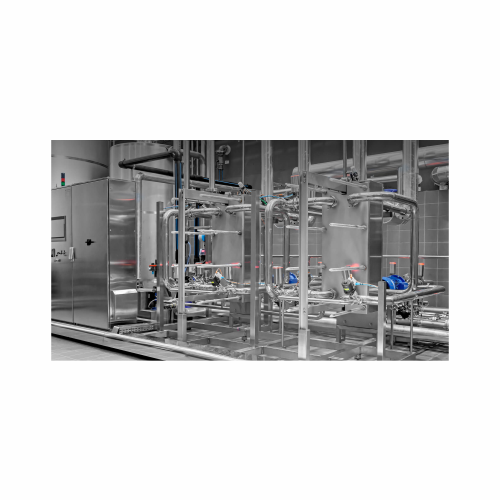
Automated system for cleaning in place (cip)
Ensure thorough, efficient cleaning of your production equipment with a syste...
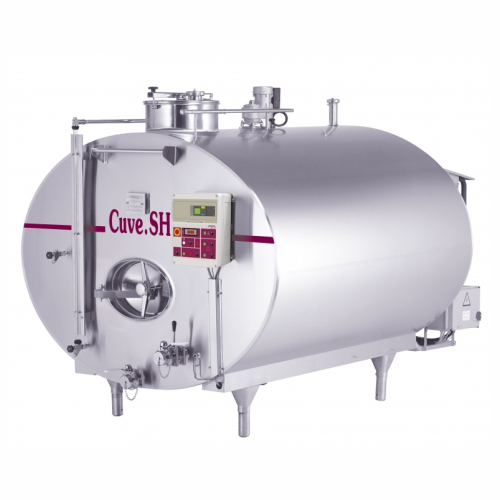
Thermal treatment units for wine processing
Optimize your wine and spirits production with precise temperature control, en...
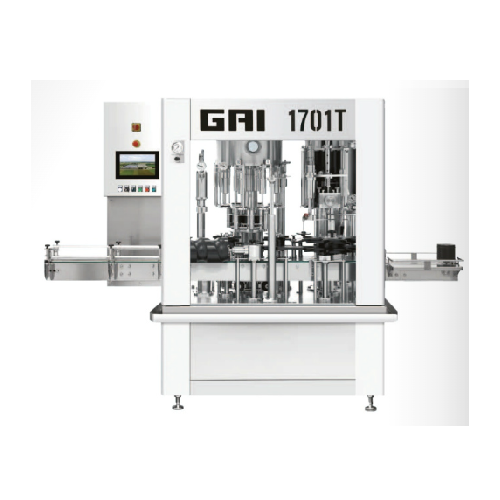
Complete bottling lines for beverage industries
Optimize your bottling process with high-speed, precision-engineered lines...
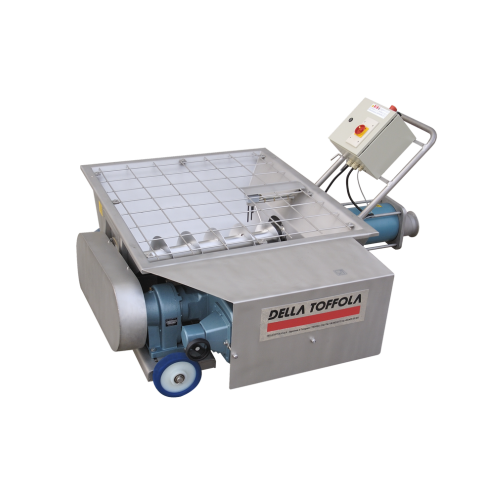
Mohno pumps for efficient grape marc transfer
Ensure gentle handling and uninterrupted flow of grape marc with low-vibrati...
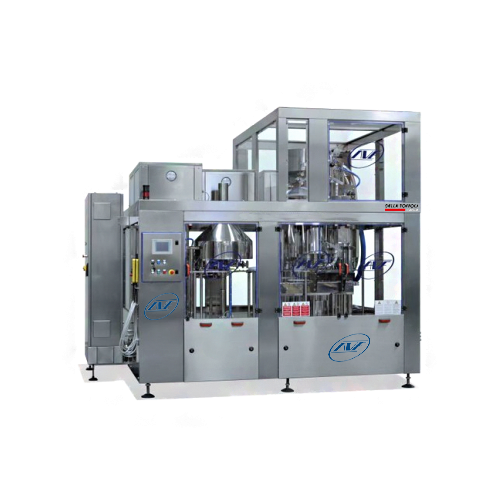
Electronic filling system for non-carbonated beverages
Optimize your bottling process with precision filling technology t...
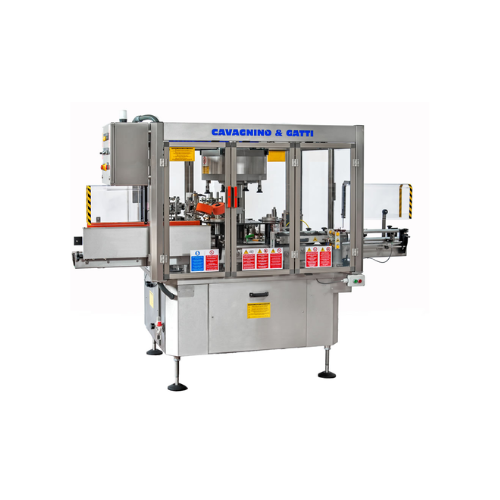
Compact wet glue labeling system for low volume production
Achieve precise, high-quality labeling with compact machinery...
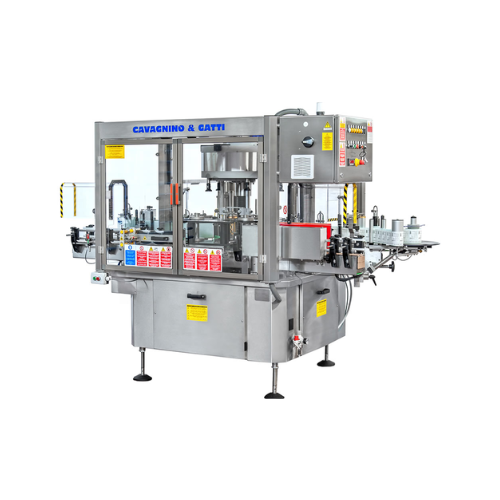
Compact combined labelling solution for bottling lines
Optimize your bottling line with a versatile, compact labelling so...
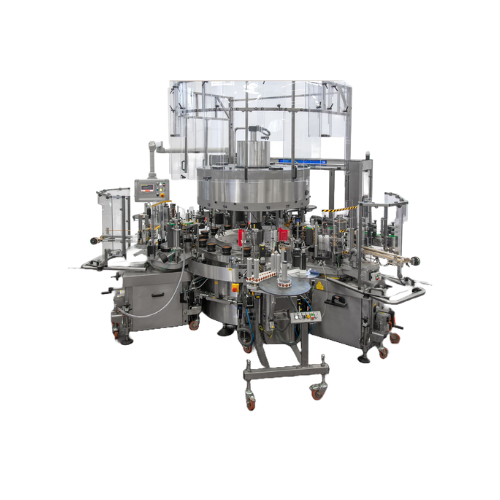
Combined wet glue and self-adhesive labeling system
Achieve seamless labeling with combined wet glue and self-adhesive te...
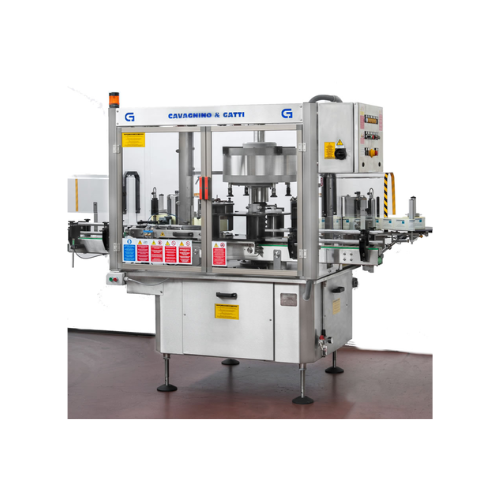
Self-adhesive labeling system for bottles
Streamline your bottling operations with high-precision labeling that enhances p...
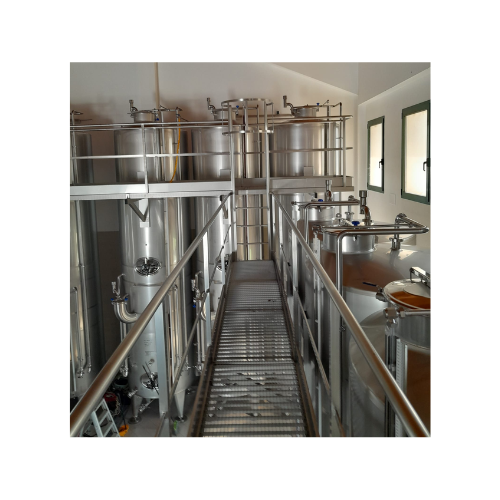
Storage tanks for wine preservation
Ensure optimal preservation of beverages with robust storage solutions featuring precis...
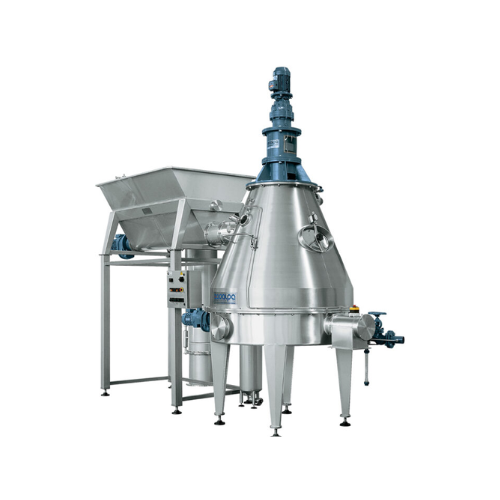
Continuous grape pomace dealcoholizer
Streamline your spirit production with efficient dealcoholization and rectification o...
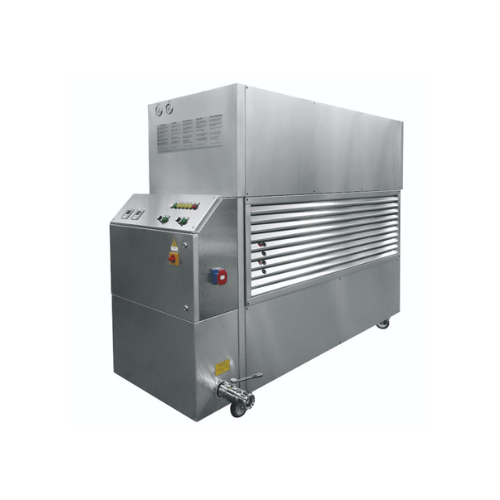
Advanced must, juice, and wine turbocooler
Optimize your beverage production with precise temperature control, ensuring co...
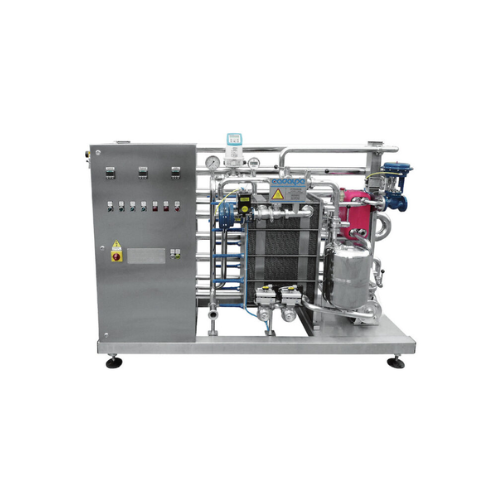
Thermostabilizer for beer and wine sterilization
Ensure biological stability in beverages by efficiently inactivating yeas...
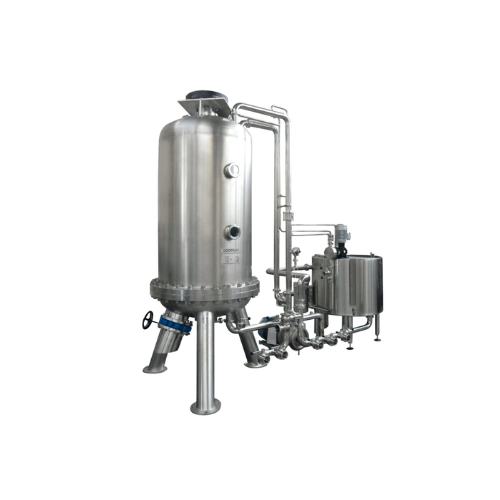
Pre-coat filter with horizontal discs for wine
Ensure optimal clarity in your beverage processes with a solution designed ...
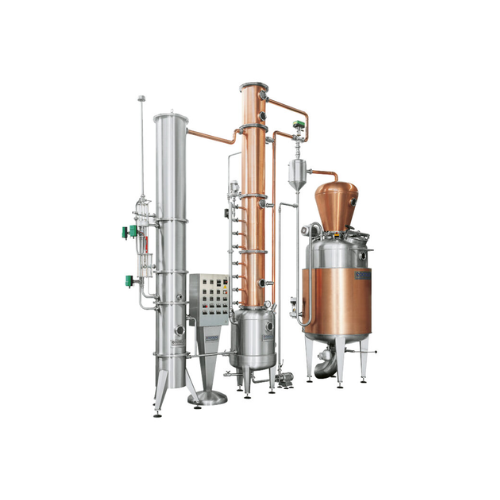
Batch still for high-quality distillates
Optimize your distillation process with precise temperature control and efficient ...
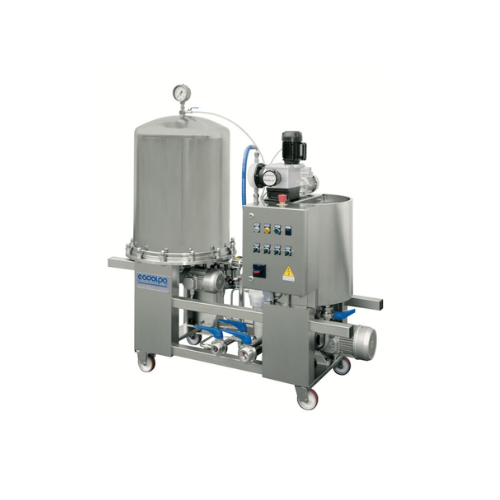
Self-cleaning pre-coat filter for wine filtration
Solve complex filtration challenges effectively with this advanced self...
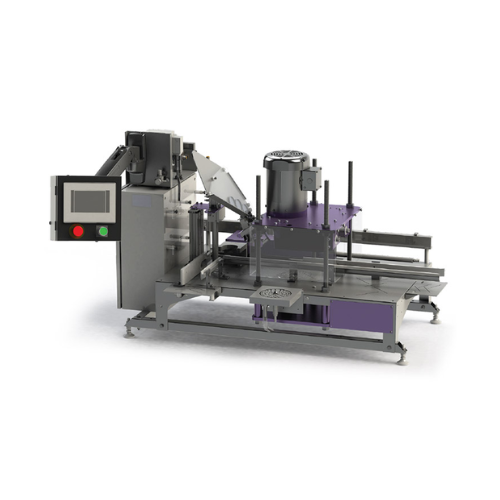
Automated beverage canning line
Optimize your beverage packaging with a high-speed canning line that seamlessly integrates f...
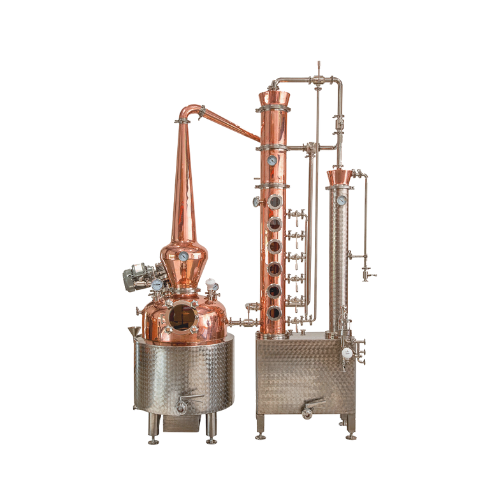
Turnkey distilling system for grain to spirit production
Streamline your distillation process with this adaptable system,...
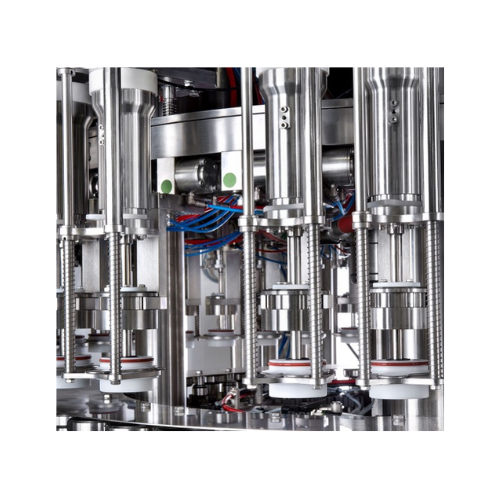
No-oxygen wine filler
Ensure product integrity with advanced no-oxygen filling systems, designed to preserve delicate flavors...
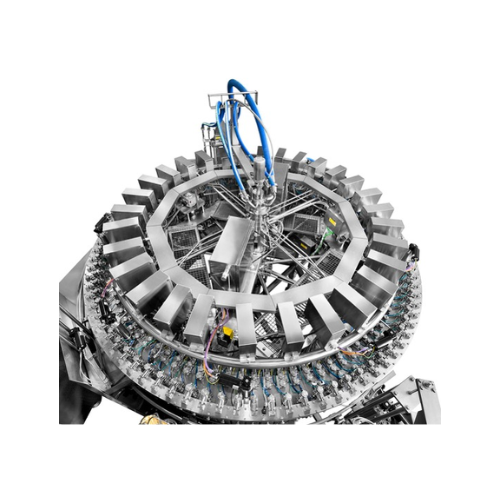
No-oxygen filler for wine bottling
Enhance liquid bottling with seamless integration that minimizes oxygen exposure, ensuri...
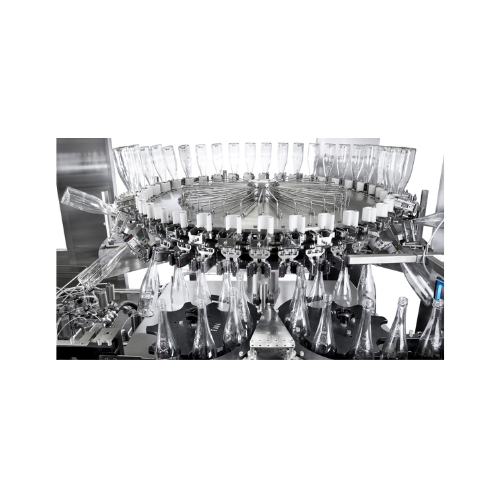
Industrial bottle rinsing systems
Ensure pristine bottle hygiene and maintain high production standards with advanced rinsi...
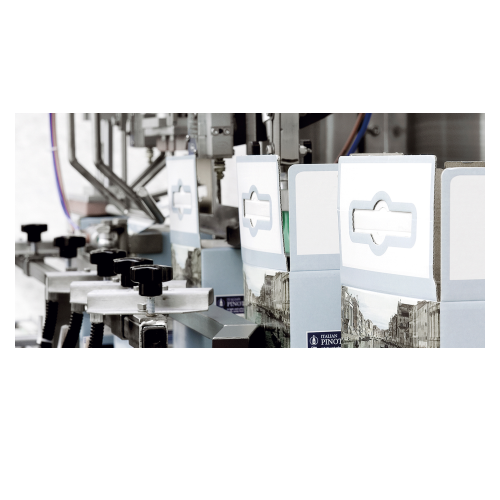
Automatic packaging line for bag-in-box
Streamline your bag-in-box production with a seamless solution that ensures precisi...
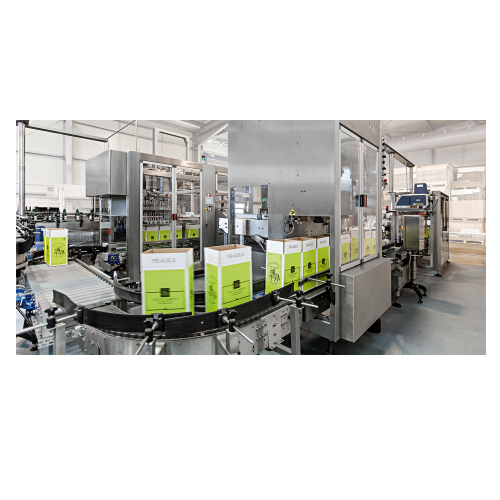
Automatic case erector for cartonboard packaging
Streamline your packaging process with precision engineering that simplif...
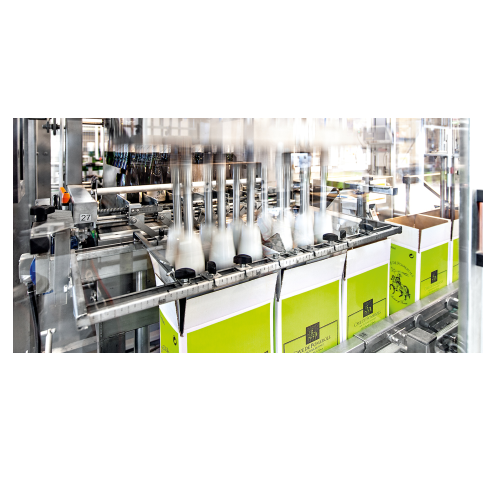
Automatic case erector for cartonboard packaging
Streamline your packaging process and enhance operational efficiency with...
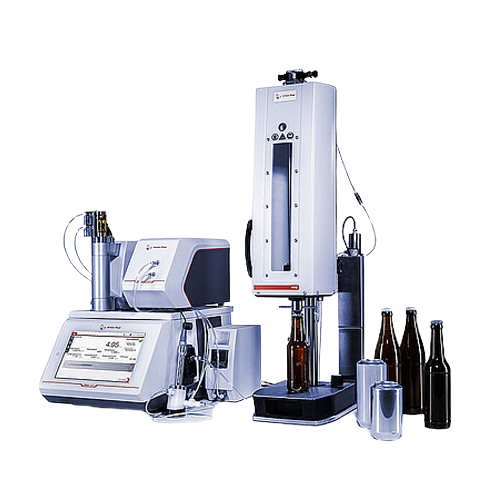
Packaged beverage analyzer for alcohol and Co2
Ensure precise beverage analysis with a streamlined solution that integrate...
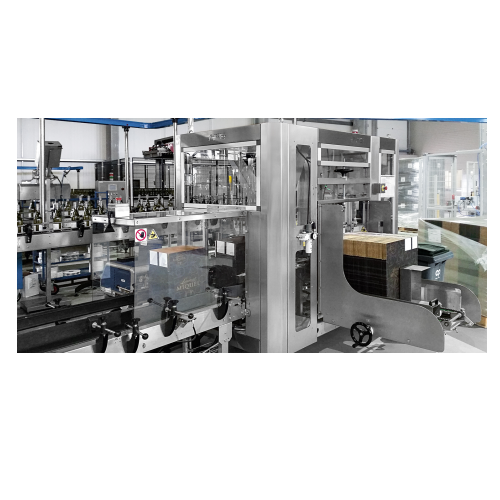
Automatic case erector for american cases
Streamline your packaging line with high-speed case erecting, reducing labor cos...
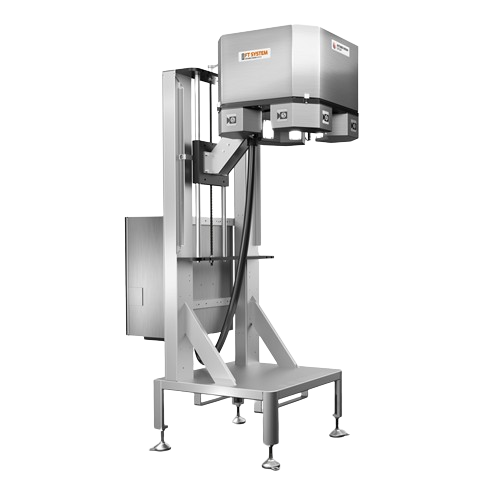
Thread neck inspection for beverage bottles
Ensure bottle closure integrity by detecting subtle thread defects, such as cr...
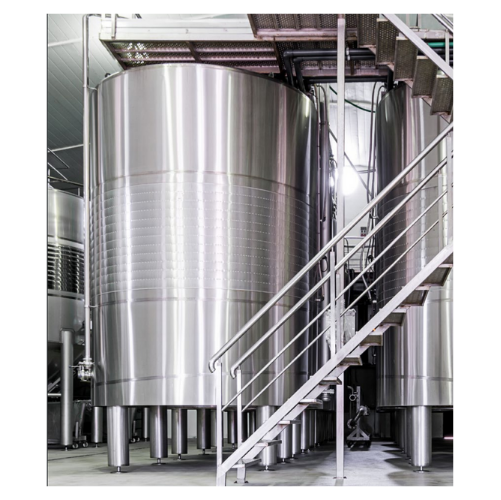
Reverse osmosis dealcoholization technology
Elevate your beverage production capabilities with advanced dealcoholization t...
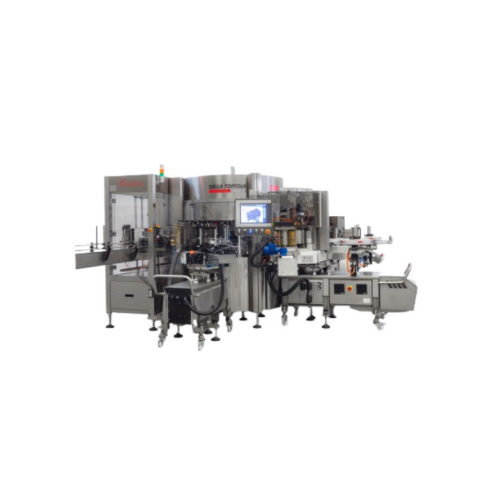
Cold-glue labeller for cylindrical or shaped containers
Achieve seamless high-speed labeling of glass, plastic, and metal...

Drying systems for alcohol production
Enhance your spirits production with precise moisture control and nutrient retention,...
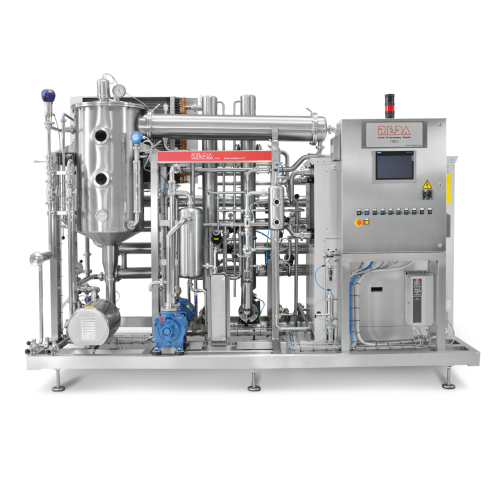
Wine dealcoholization system for low-alcohol wines
Struggling to meet market demands for low-alcohol wines? Achieve preci...
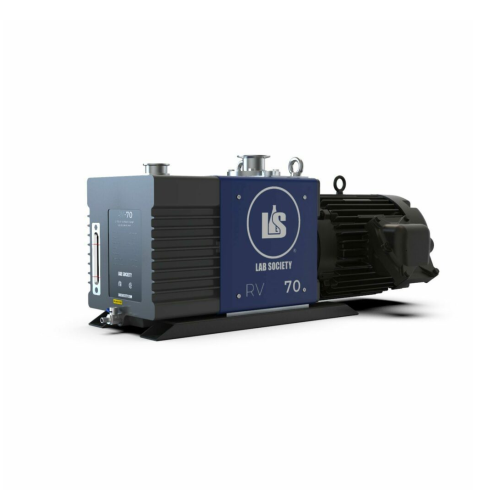
2-stage rotary vane vacuum pump for distillation processes
Achieve precise control and efficiency in distillation and fr...
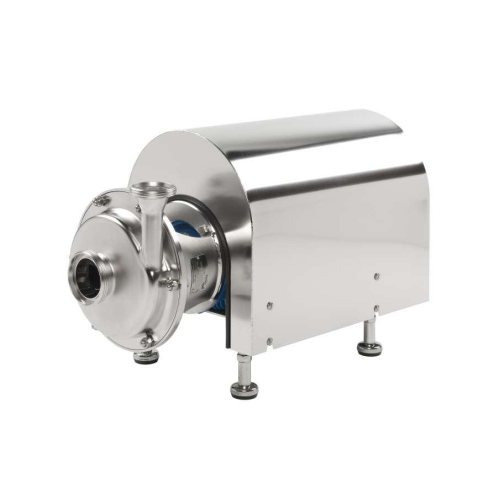
Centrifugal pumps for food & beverage and biopharmaceutical applications
Optimize your liquid transfer processes with p...
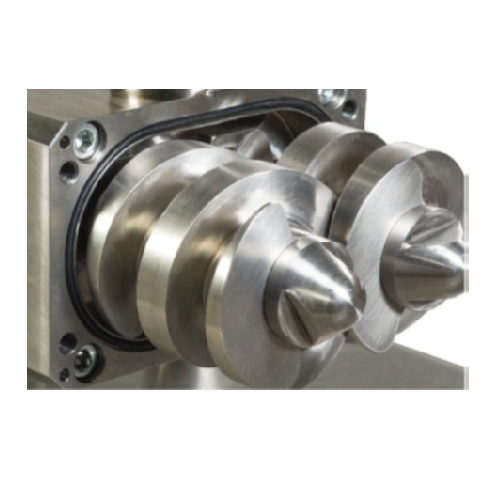
Aseptic sampling devices for biopharmaceutical applications
Secure aseptic sampling ensures your high-value biopharmaceu...
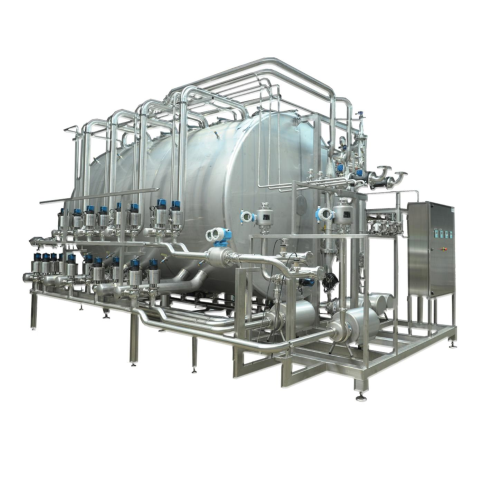
Compact cleaning in place units for food industry
Optimize your production line with a compact system designed for effici...
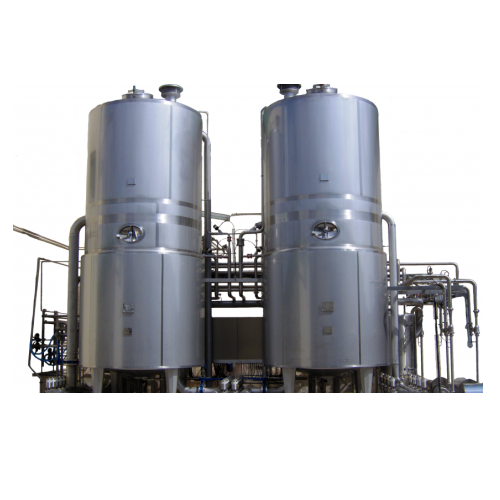
Cleaning-in-place for multiple equipment in food industry
Ensure precise hygiene and traceability with a system designed...
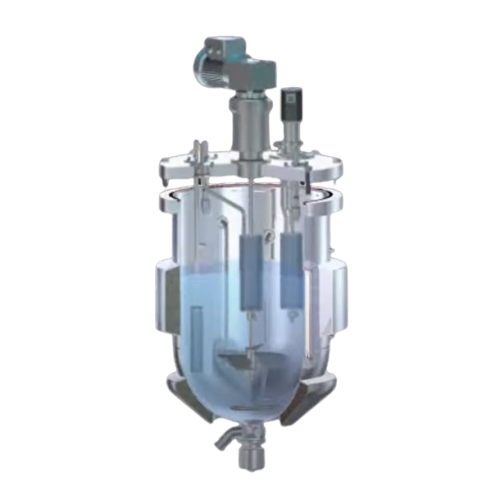
Industrial agitation and mixing solutions
Enhance your production line efficiency with engineered agitation and mixing sys...
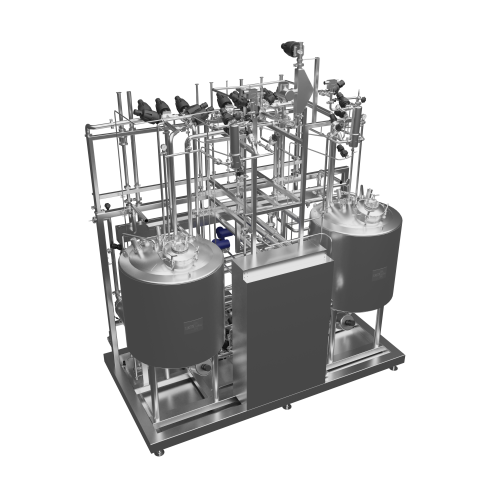
Cleaning and sterilization in place for hygienic control
Ensure maximum hygiene and sterility in your production line wit...
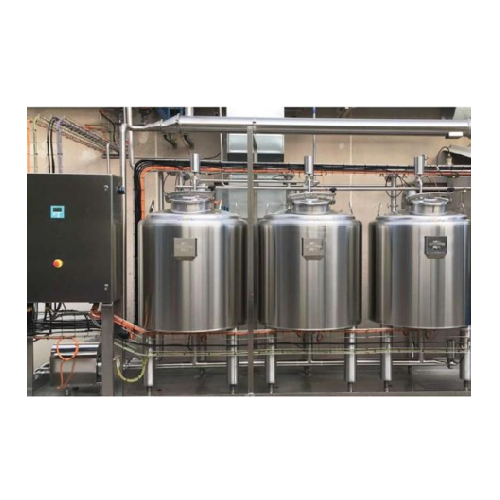
Close proximity cleaning-in-place solution for industrial hygiene
Enhance plant hygiene with a close proximity cleaning...
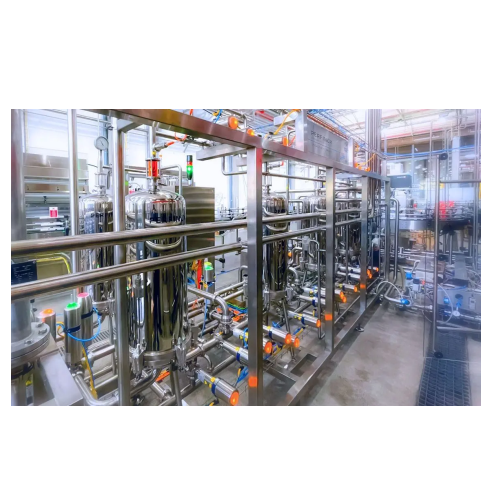
Automatic filtration system for beverage industry
Enhance your beverage production with a multi-stage filtration system t...
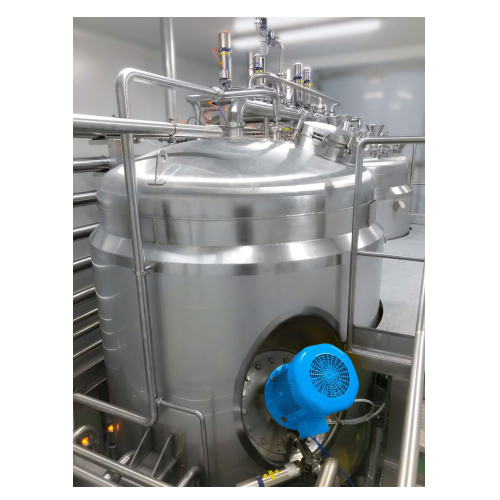
Industrial cooling vessel for ready meal components
Enhance your production with precise cooling and gentle handling of t...
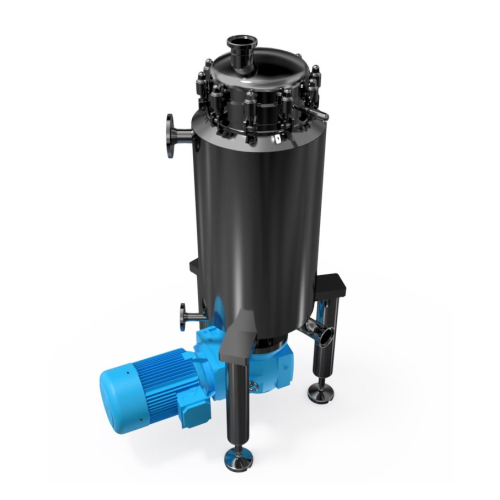
Scraped surface heat exchanger for food processing
Efficiently handle temperature-sensitive food products with a compact ...
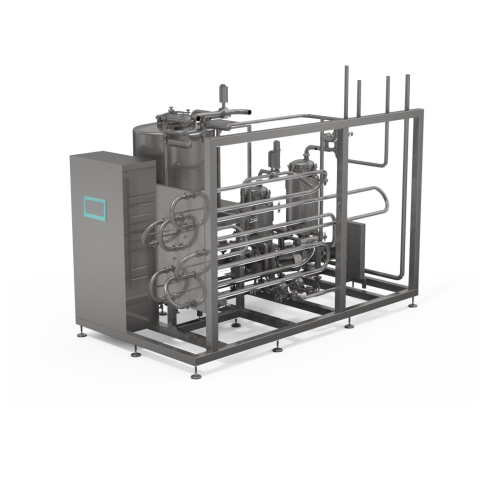
Aseptic thermal processor for high viscosity products
Optimize your processing of high viscosity products with precise te...
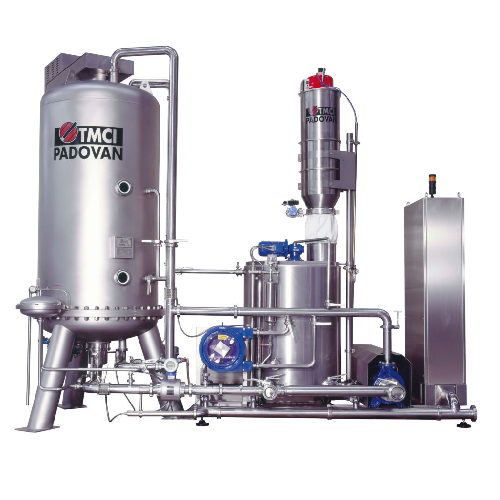
Ped tested filtration system for sparkling wines
Ensure consistent carbonation and clarity in your sparkling beverages wit...
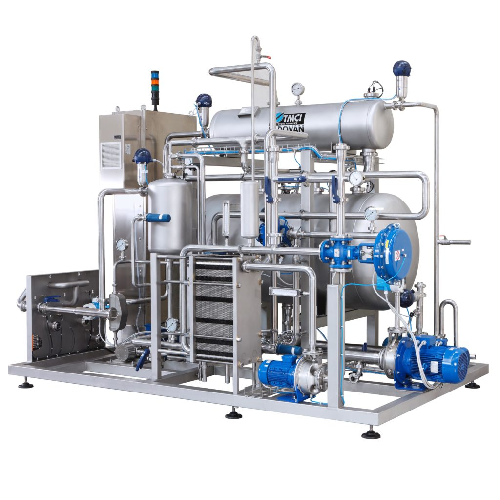
Premix system for alcoholic beverage preparation
Enhance your beverage production with precision mixing and carbonation, e...
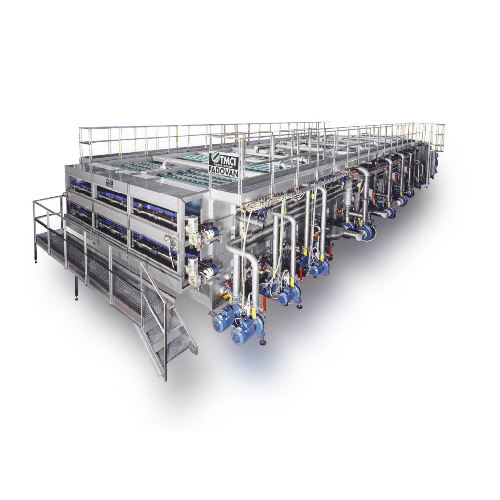
Tunnel pasteurizer for wine
Optimize your wine production with a high-efficiency tunnel pasteurizer, designed to enhance pro...
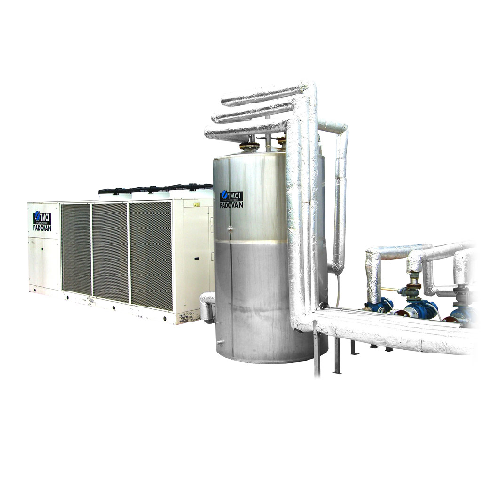
Fermentation temperature control for wine production
Ensure precise fermentation with advanced temperature control, cruci...
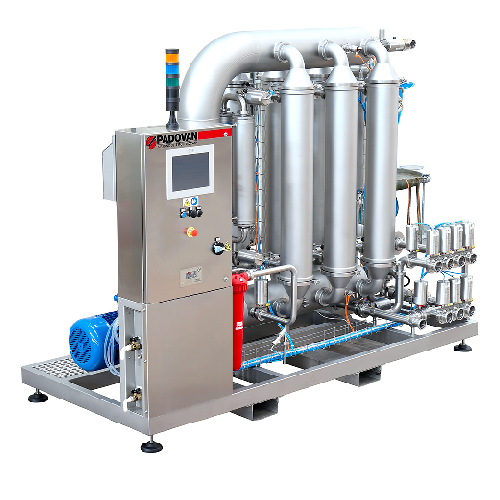
Crossflow filter for wine and grape juice
Efficiently streamline your beverage filtration process with a versatile crossfl...
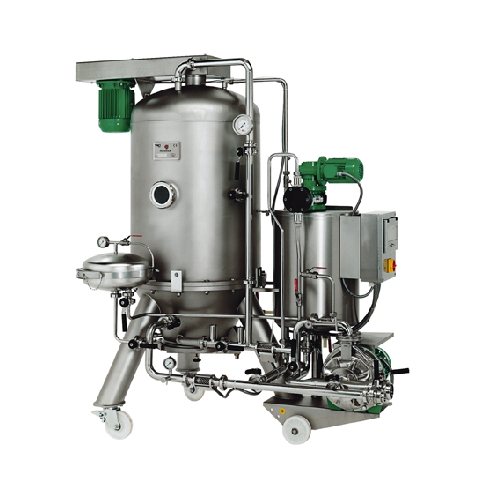
Horizontal plates d.e. filter for wine and vinegar
Optimize filtration and purification across liquids with precision, en...
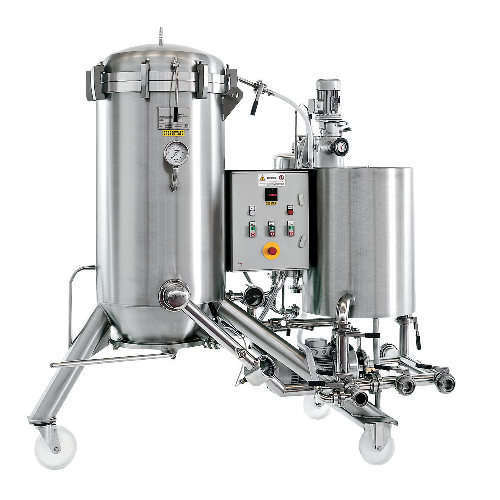
Vertical leaves pressure filter for wine and viscous liquids
Ensure optimal clarity and consistency in your liquid produ...
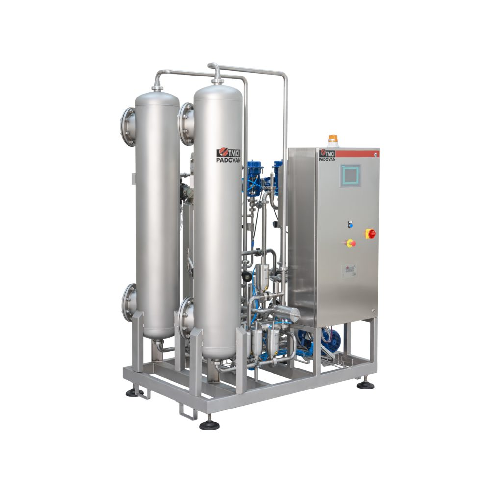
Ion exchange system for wine and grape juice stabilization
Enhance wine and grape juice quality by achieving consistent ...
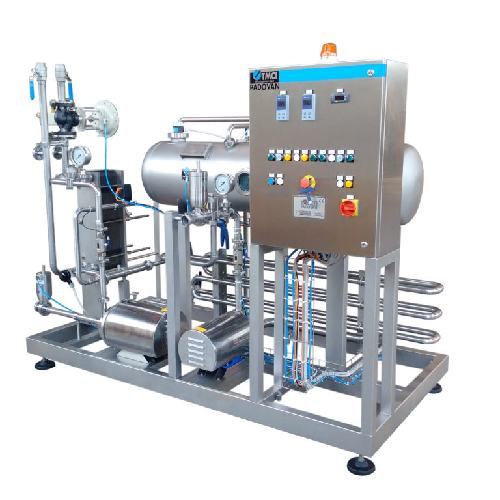
Wine carbonator with static mixer
Achieve precise CO2 saturation with a sintered stainless steel static mixer, mimicking a ...
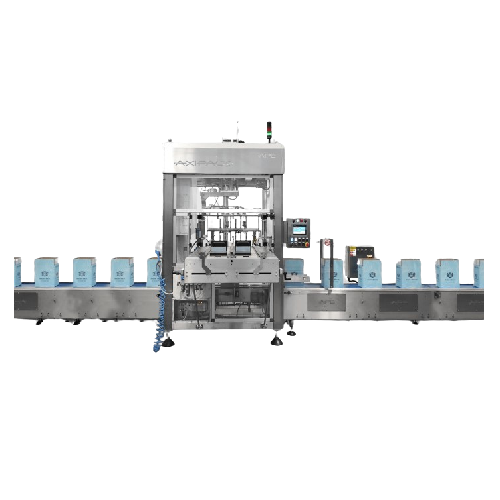
Automated carton former for Rsc american boxes
Streamline your packaging line with high-speed carton forming that combines...
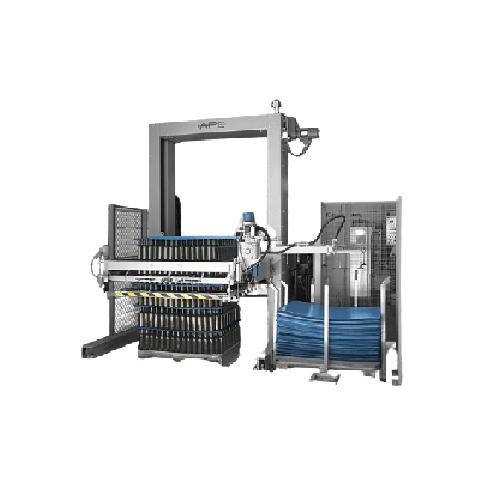
Depalletisers for high-capacity bottle handling
Streamline your bottling line with a versatile depalletising system design...

Automatic palletizer for bottle packaging lines
Streamline your bottling line with advanced palletizing solutions engineer...
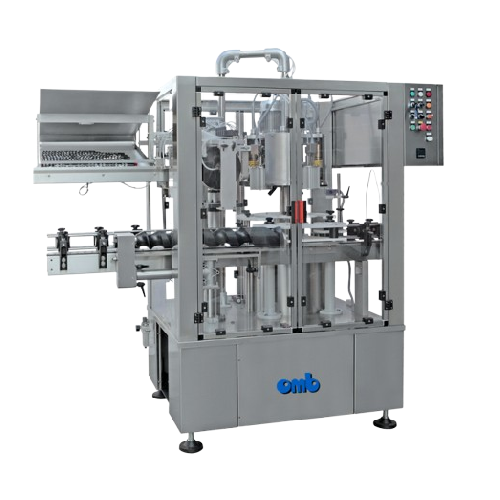
Monoblock capsuling solution for bottles
Streamline your bottling process with this high-speed capsuling machine, deliverin...
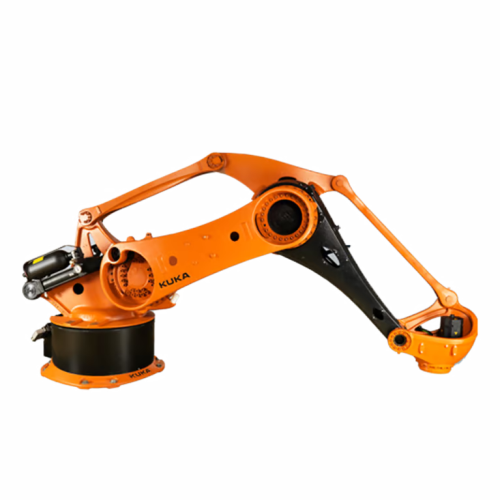
Heavy-duty palletizing robot for production lines
Effortlessly streamline your production with this robust palletizing ro...
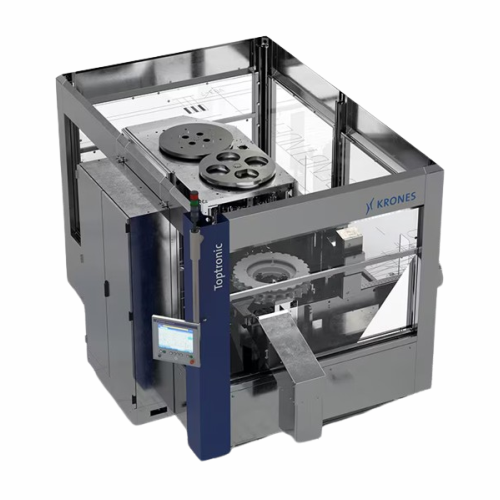
Inspection system for returnable glass containers
Ensure the safety and quality of your beverage containers with a precis...
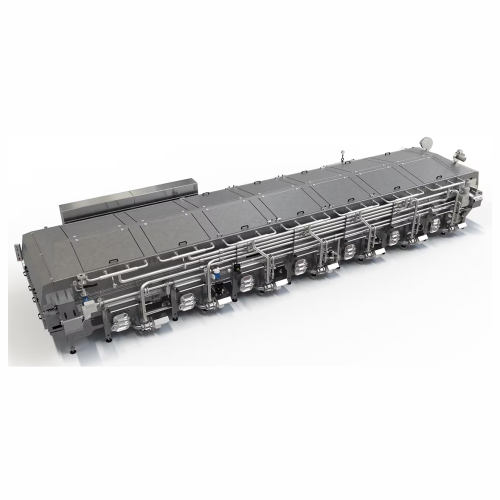
Compact tunnel pasteuriser for beverages
Ensure beverage safety with precise pasteurisation in a compact design that integr...
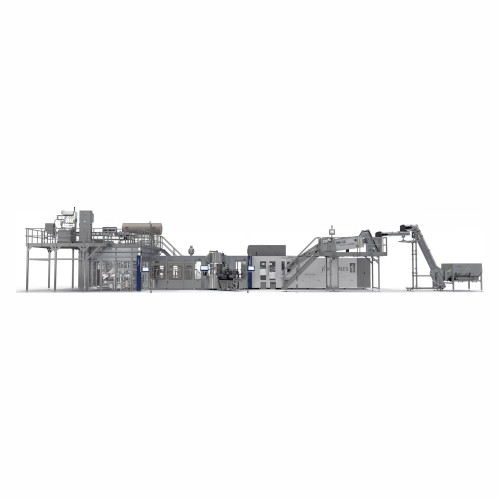
High-performance stretch blow moulding and labelling system
Maximize space and efficiency with this compact system that ...
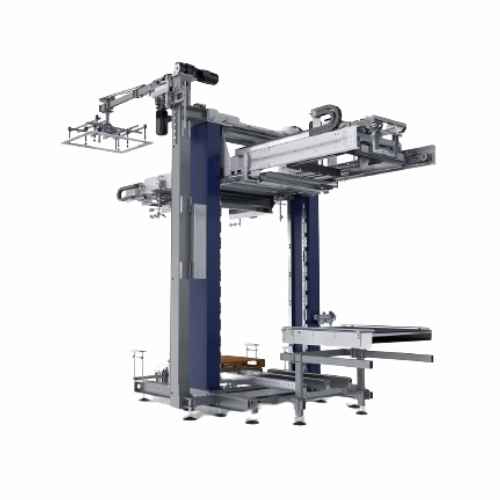
Container sweep-off depalletiser
Enhance your beverage production line efficiency with a high-performance depalletising solu...
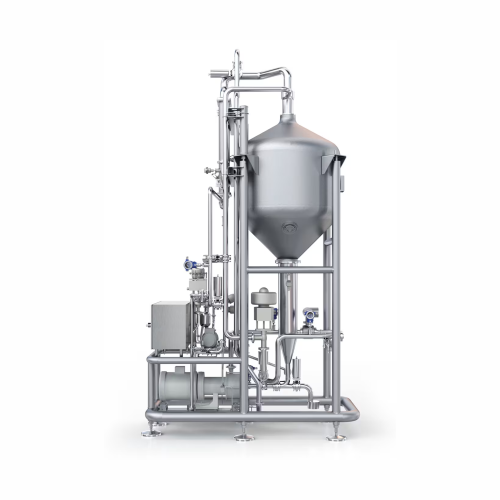
Juice product deaerator
Ensure high-quality filling without foam formation through efficient deaeration, perfect for manufact...
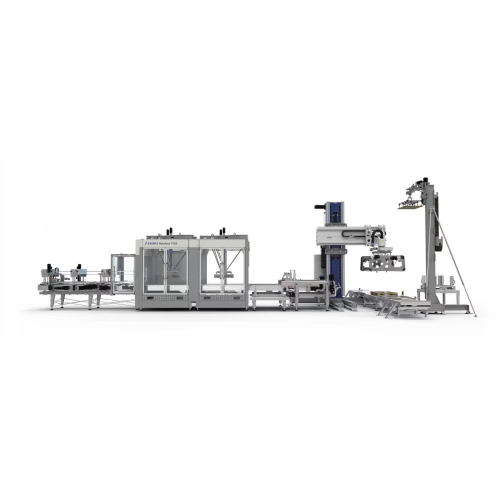
Palletizing grouping system for non-returnable packs
For beverage and packaging lines, precise and rapid palletizing of n...
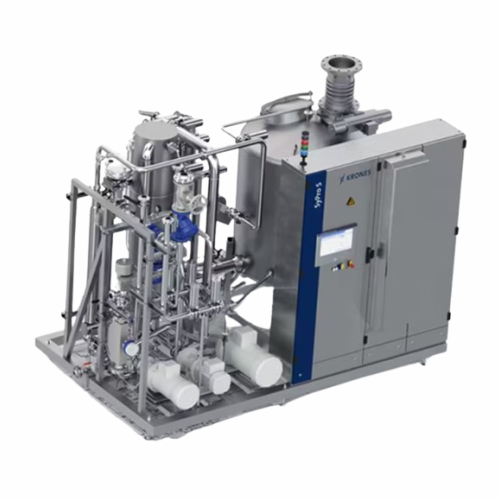
Syrup room for customized beverage ingredient preparation
Achieve unparalleled flexibility in beverage production with a...
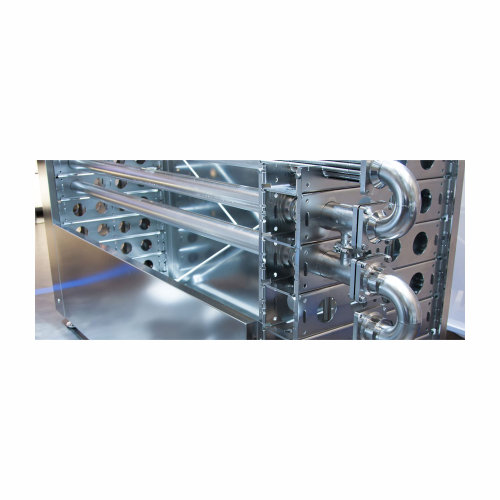
Heat exchanger for beverage production
Ensure your beverages maintain their quality and safety with a versatile heat exchan...
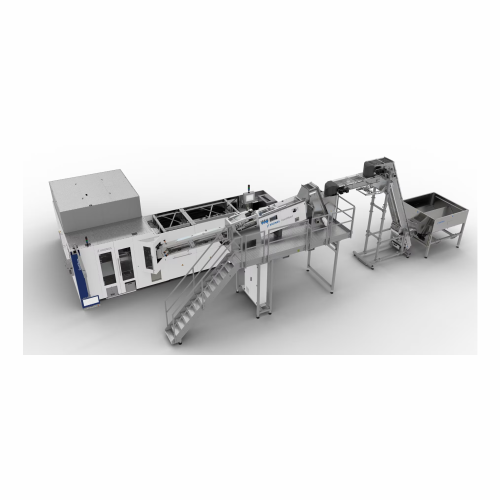
Stretch blow moulder for Pet containers
Optimize energy efficiency and production versatility with this stretch blow moulde...
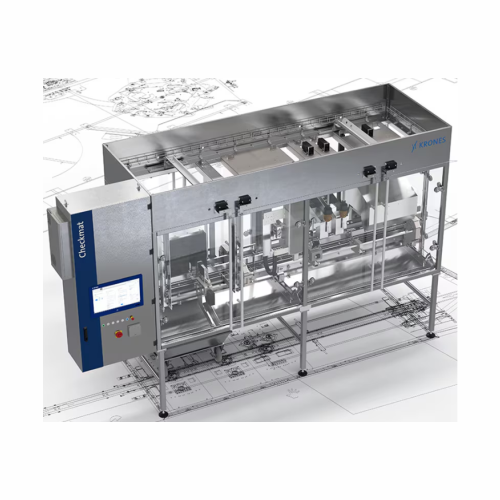
Compact fill level and cap inspection system
Ensure flawless beverage quality by integrating a compact system for precise ...
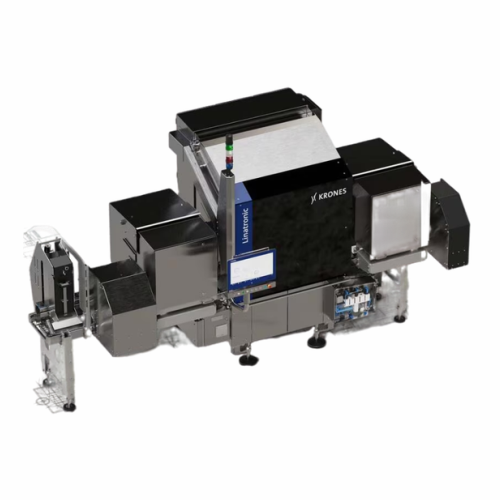
Empty bottle inspector with deep learning
Ensure that every beverage container in your production line is pristine with cu...
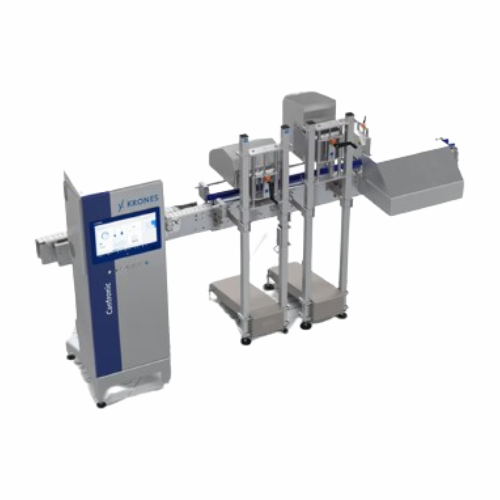
Can inspection unit for quality control
Ensure the integrity of your beverage cans with precise defect detection and qualit...
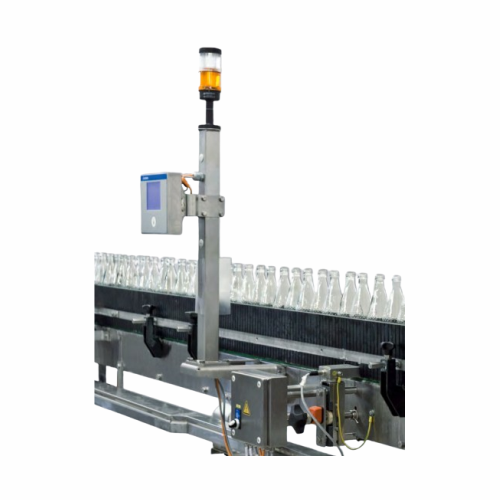
Caustic residue detection for bottle washing
Ensure product purity by detecting and eliminating residual caustic in return...
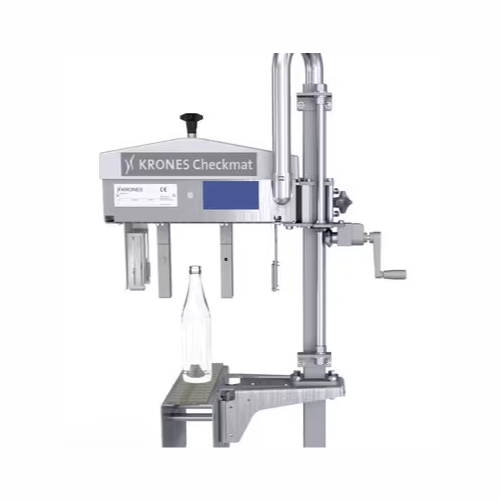
Inspection systems for fillers and cappers
Ensure precise fill levels and secure cap placements with advanced inspection s...
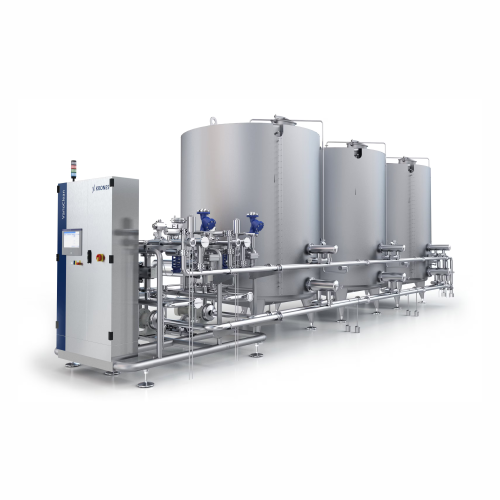
Cip system for cleaning bottling lines and processing sections
Ensure a sterile production environment by integrating a ...
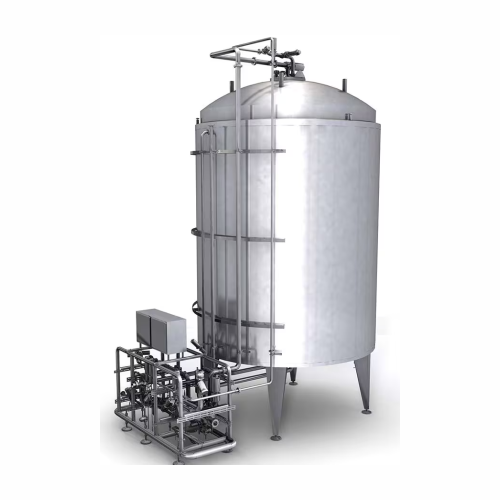
Sterile tank system for aseptic processing
Optimize your production with aseptic tank systems that ensure sterile storage ...
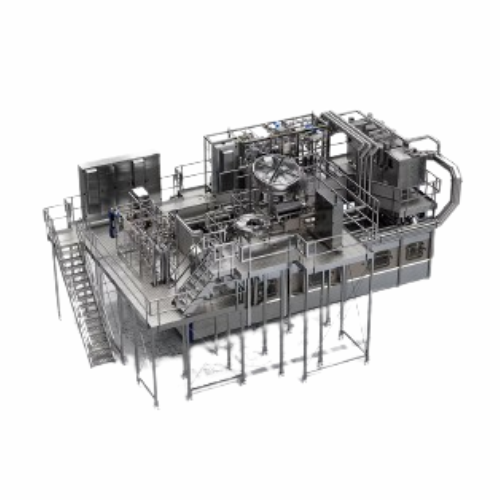
Aseptic bottle sterilisation system for Pet containers
Ensure aseptic integrity and high-speed efficiency in beverage pro...
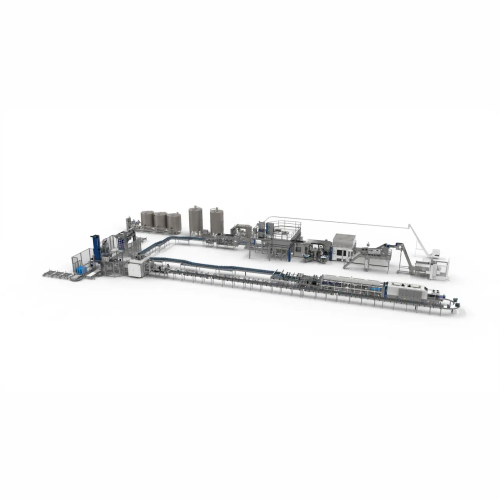
Automated product change-over system
Maximize your production line efficiency by reducing downtime during product changeove...
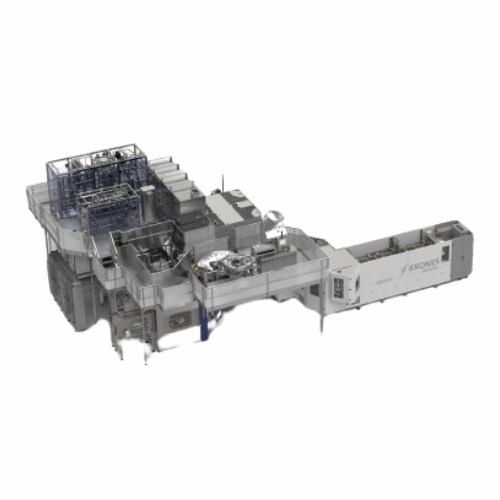
Aseptic filling system for Pet containers
Ensure your beverage products maintain sterility and longevity with a high-speed...
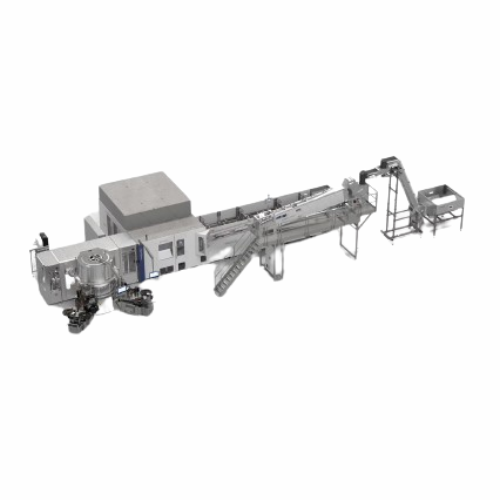
Blow-moulder and labeller integration for Pet bottles
Streamline and enhance your PET bottle production with seamless blo...
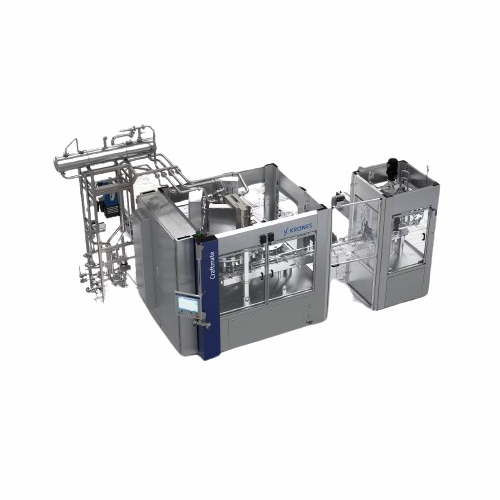
Low output can filler for craft beer
For beverage producers looking to efficiently fill cans with precision, this versatile...
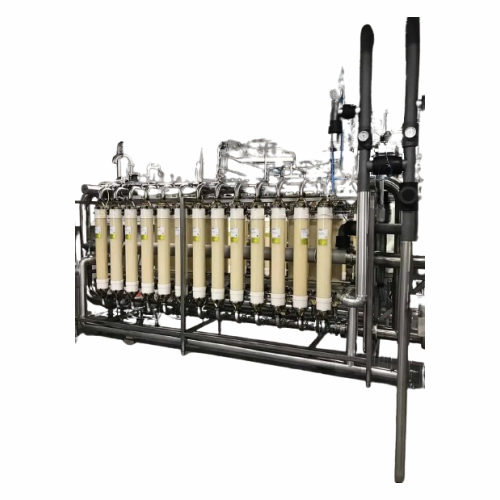
Hollow fiber membranes for clarification in food and beverage industry
Optimize filtration and separation processes wit...
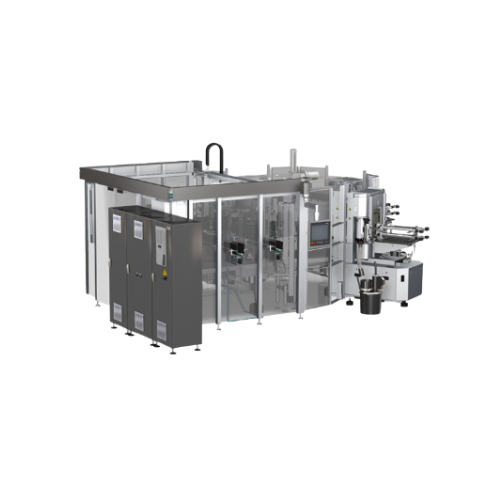
Flexible labeling system for returnable and non-returnable containers
Achieve precise labeling and enhanced alignment w...
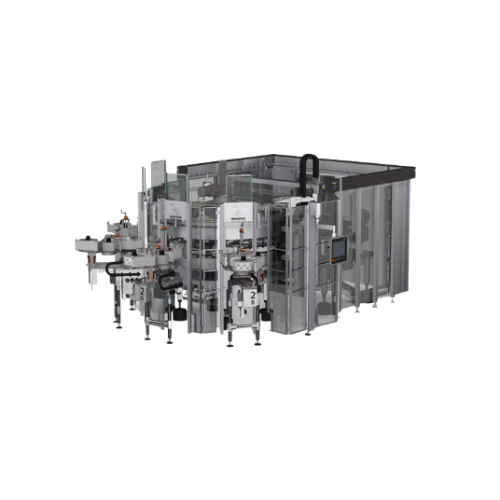
Self-adhesive labeling for glass and Pet bottles and beverage cans
Maximize your production efficiency with a labeling ...
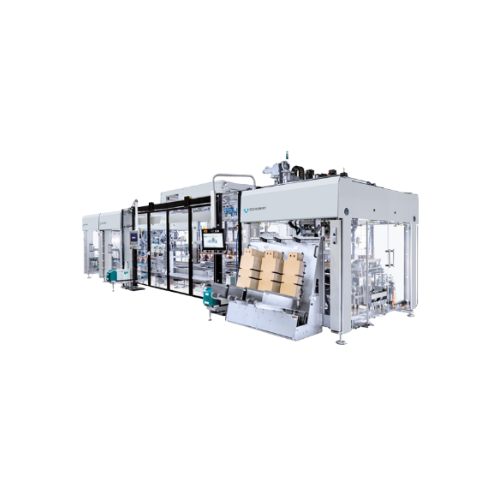
Flexible packaging system for beverage containers
Streamline your packaging process with a modular system that adapts sea...
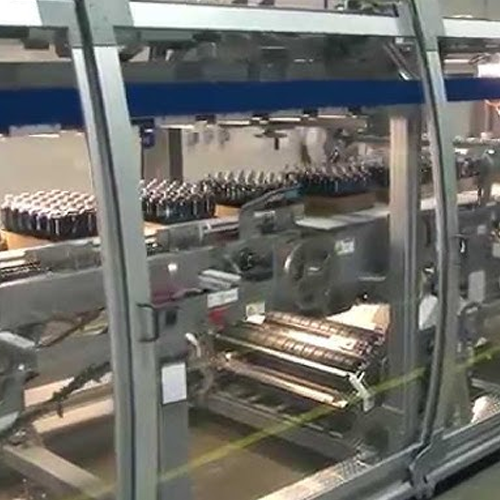
Enclosed film packaging solution
Eliminate the need for corrugated trays and minimize packaging waste with a robust solution...
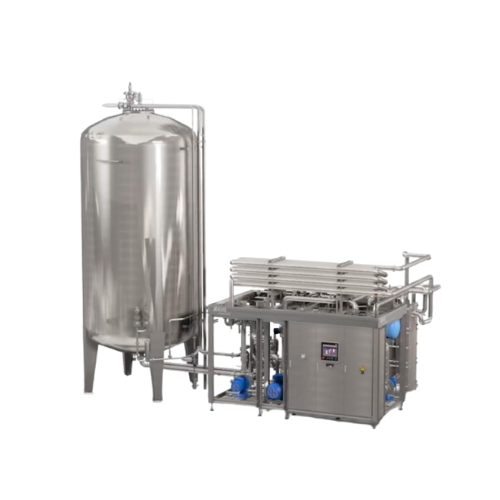
Bright beer tank cellar for beer storage
Enhance your beverage production efficiency with a fully automated solution that m...
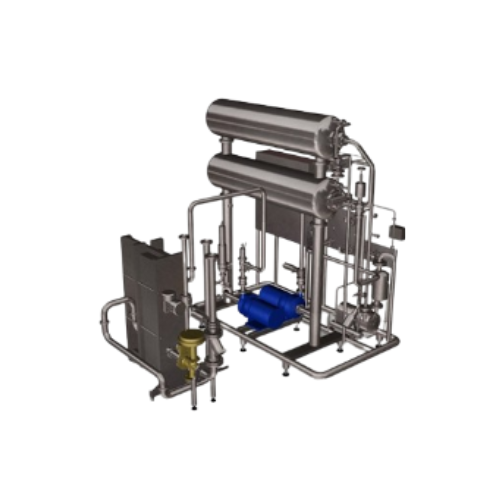
Water deaerator for beverage production
Enhance the quality and extend the shelf life of your beverages with our cutting-ed...
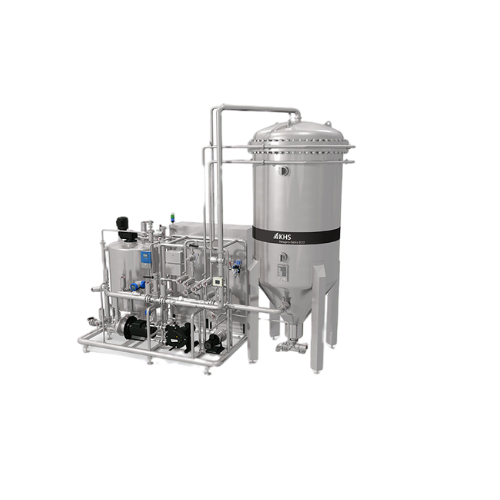
Filter system for beverage stabilization and clarification
Ensure your beverages are crystal clear and stable with a ver...
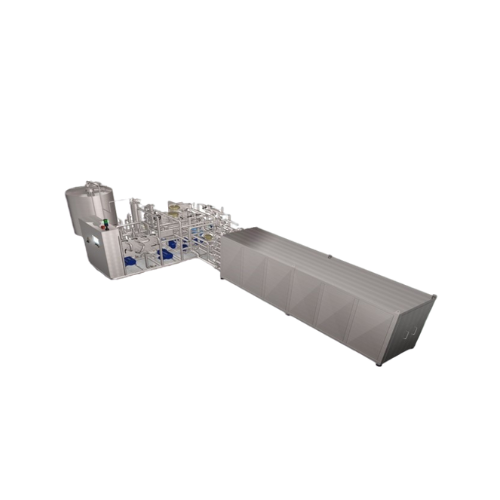
Energy-efficient hot filling system for beverages
Optimize your beverage filling processes with a system that ensures pre...
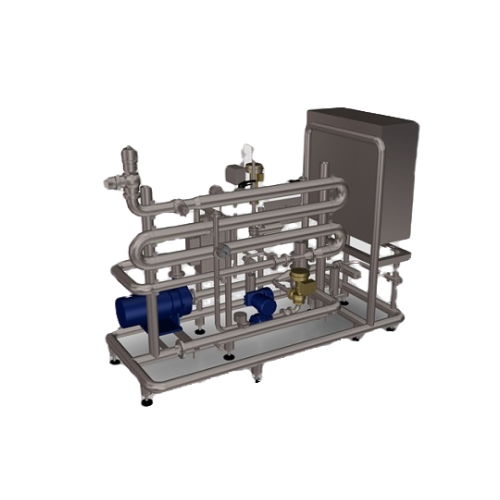
Blending system for fine adjustment of original gravity in beer
Ensure precise control over your beer’s original gravity...
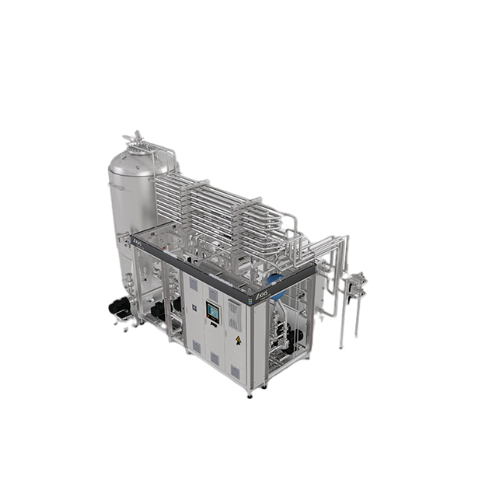
Continuous flash pasteurizer for beverage shelf life extension
Maximize beverage shelf life with precise microbial and e...
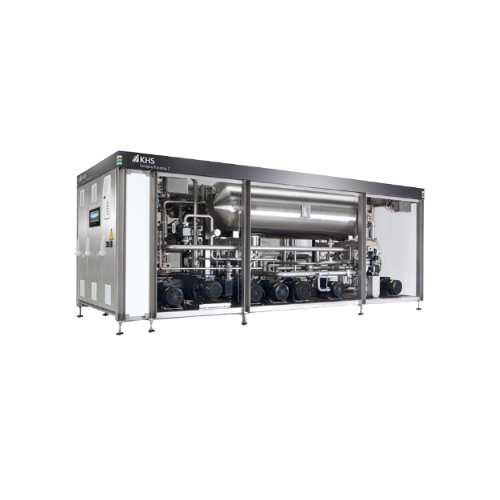
Blending system for deaeration and carbonation of beverages
Achieve precise blending, efficient deaeration, and accurate...
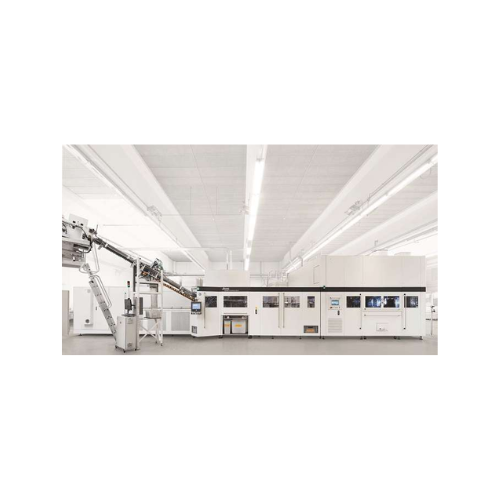
Stretch blow molding with integrated coating for Pet bottles
Enhance product longevity and quality by integrating stretc...
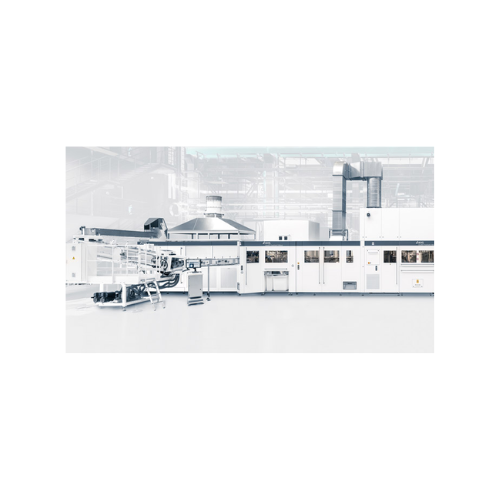
Pet bottle stretch blow molding with coating and filling
Extend the shelf life of your beverages and liquid products with...
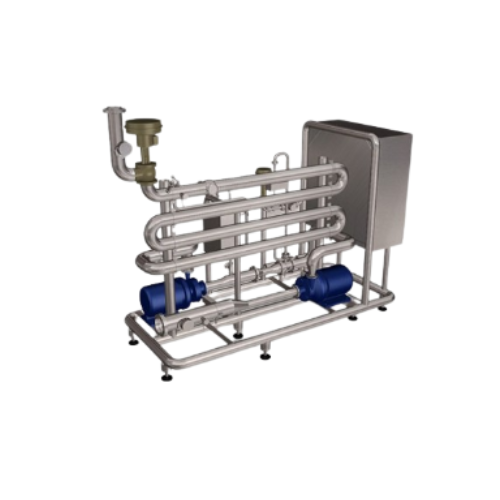
Carbonating solution for precise Co2 content in beverages
Enhance your beverage production with seamless CO2 integration...
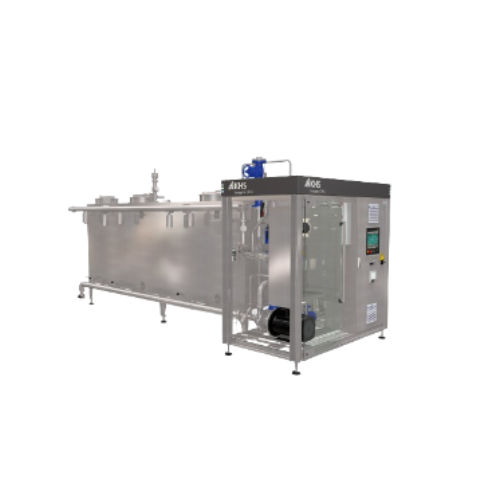
Compact cleaning system in container format
Optimize your production lines with a space-saving cleaning system capable of ...
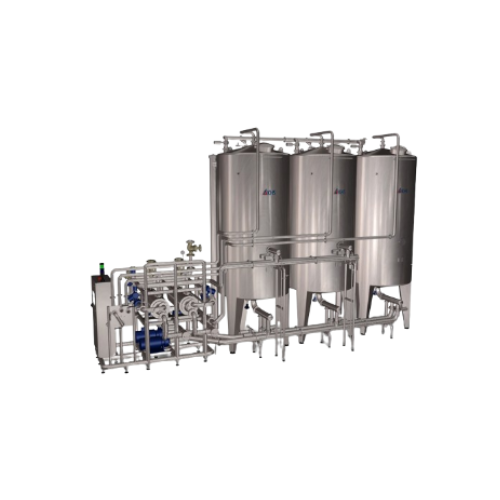
Cip cleaning system for food and beverage production lines
Ensure microbiological safety and maintain quality standards ...
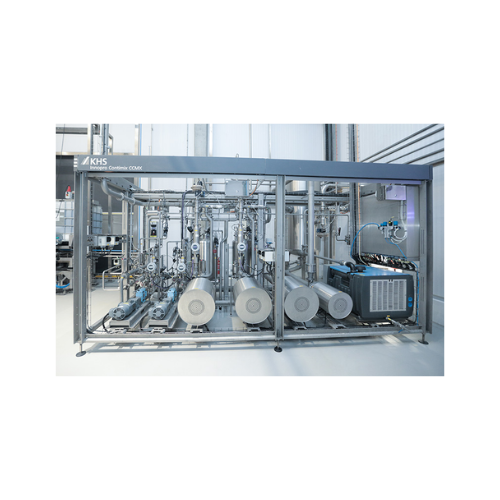
Dosing and blending system for beverage production
Enhance your beverage production with a flexible system capable of pre...
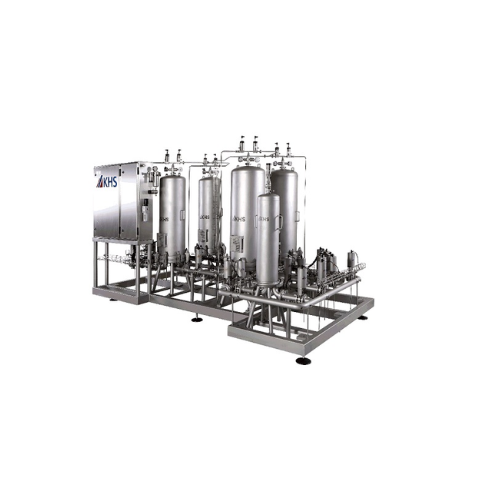
Multifunctional filter system for beverages and gases
Achieve precise filtration across multiple beverage and gas mediums...
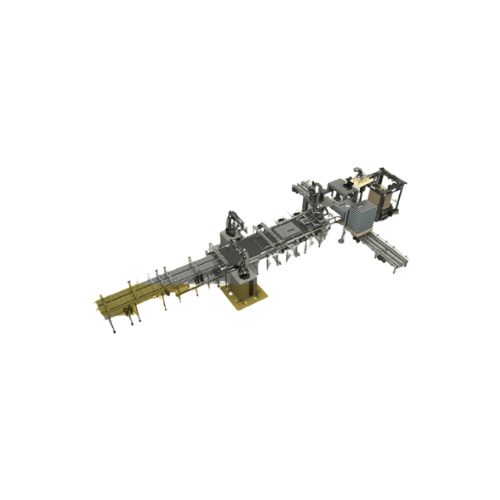
High-performance palletizer for cans, Pet, and glass containers
Elevate your palletizing efficiency with cutting-edge ro...
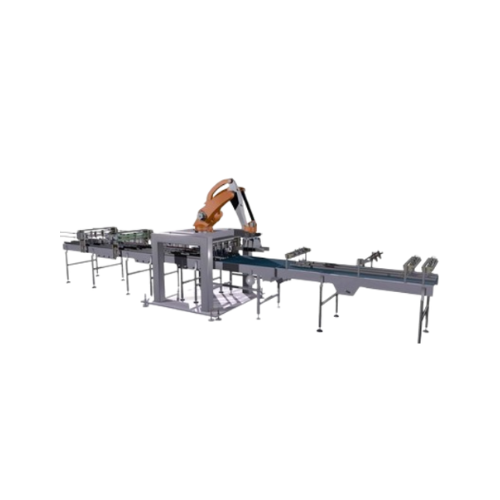
High-performance distribution and combining system
Streamline your packaging operations with a versatile system designed ...
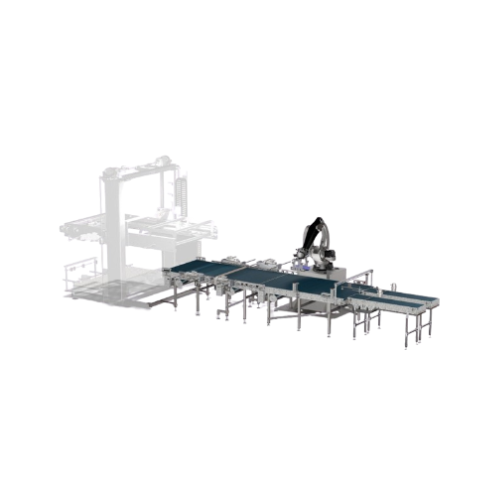
Robotic layer grouping system for container distribution
Streamline your packaging line with precise, high-speed containe...
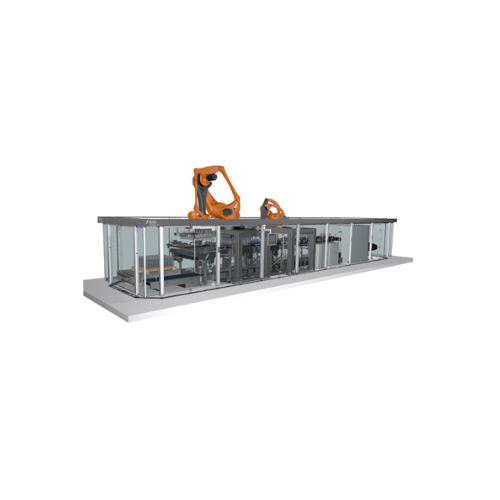
360° palletizing and depalletizing robot
Optimize your packaging flow with a robot offering seamless 360° operation for pre...
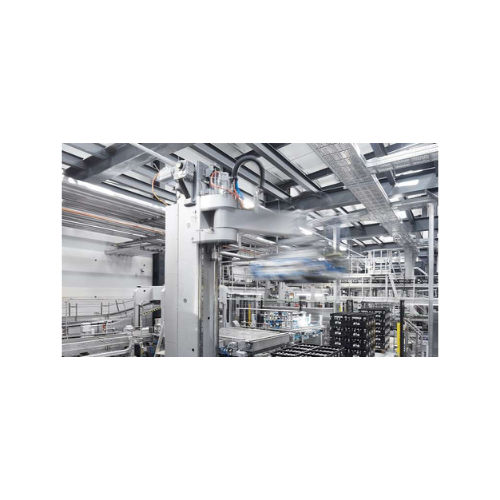
180° palletizing robot for automated palletizing and depalletizing
Optimize your production line with a versatile solut...
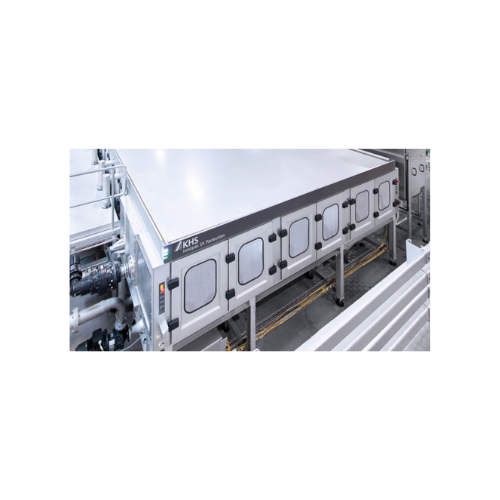
Flexible tunnel pasteurizer for beverage sterilization
Maximize product safety and flexibility in your production line wi...
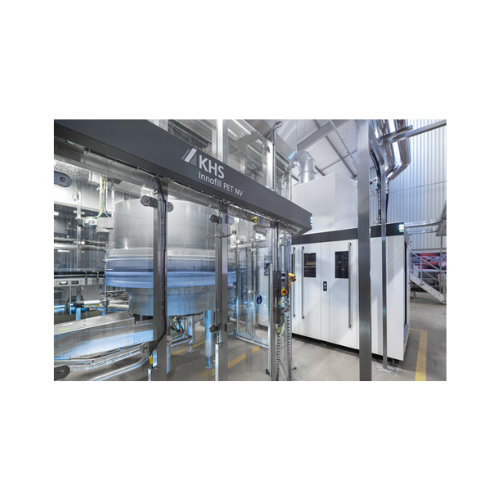
Pet bottle filler for hot and cold still beverages
Achieve high-speed precision in filling and capping for various bevera...
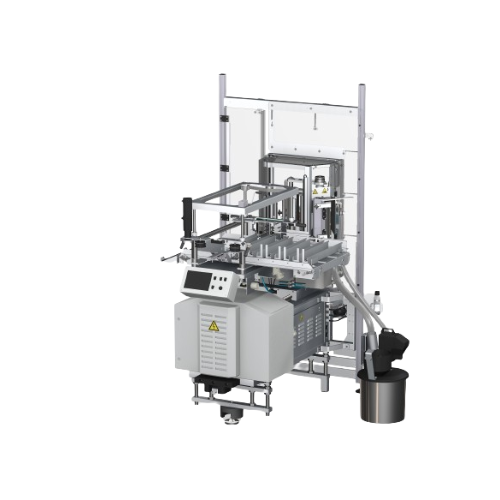
Modular labeling system for beverage containers
Easily adapt to evolving labeling needs with this flexible system, designe...
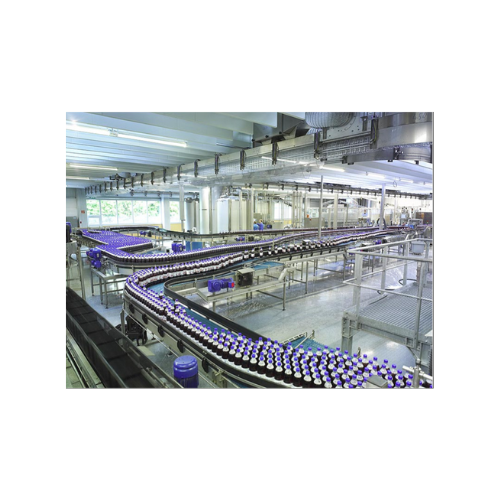
Gentle container conveyor for bottles and cans
Achieve seamless container flow with minimal noise and enhanced precision, ...
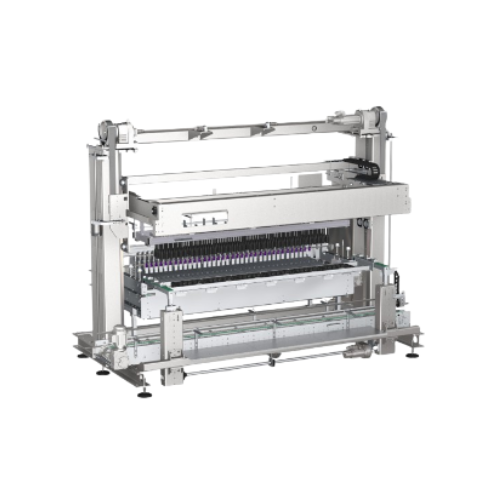
Multifunctional packing system for beverage containers
Maximize your facility’s packing efficiency with a versatile...
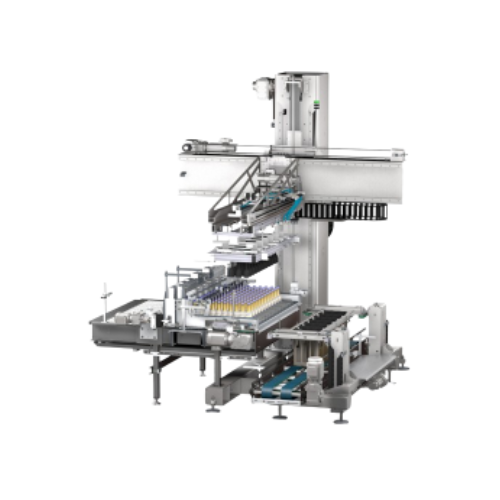
Packer and unpacker for returnable and non-returnable containers
Streamline your packaging line with a versatile machine...
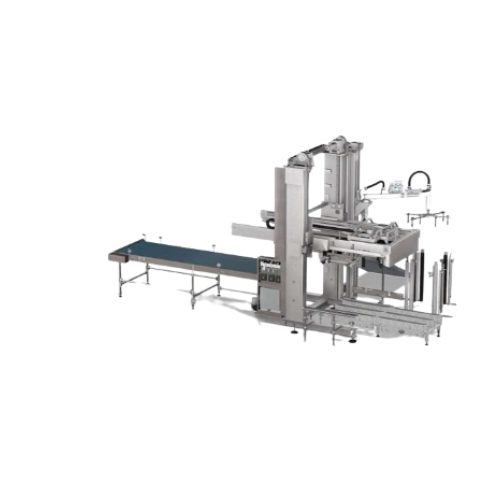
Depalletizer with accurate level compensation
Optimize your high-speed assembly line with a depalletizer designed for prec...
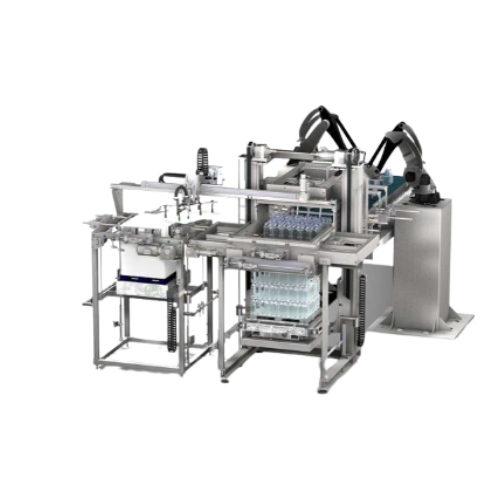
High-speed beverage industry palletizer
Optimize your palletizing process with a flexible, high-speed solution that adapts ...
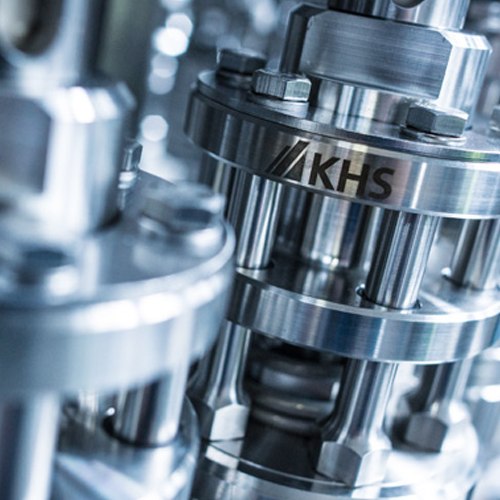
Industrial code verification system for product packaging
Ensure flawless packaging integrity with high-speed code verif...
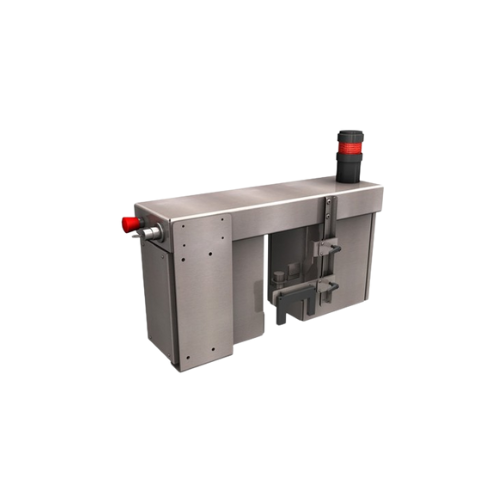
High-precision fill level checker for beverages and containers
Ensure precise fill levels and prevent product wastage by...
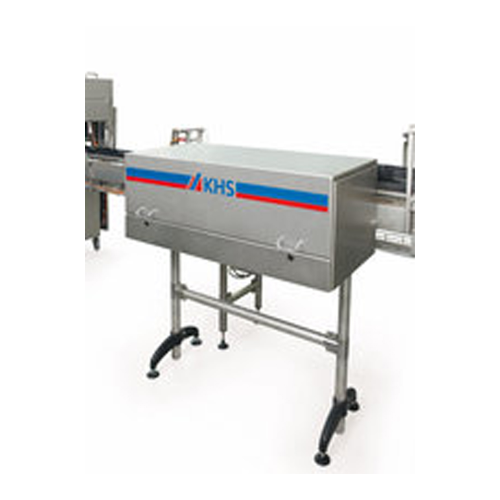
Rejection system for standing bottles and cans
Ensure seamless quality control by precisely rejecting defective bottles an...
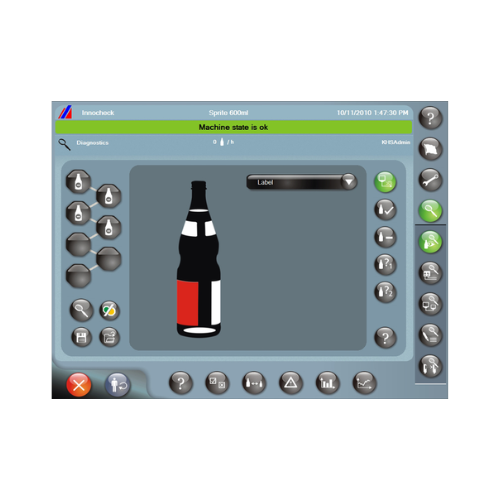
Label inspector for beverage and food containers
Ensure precise label application with high-speed inspection, crucial for ...
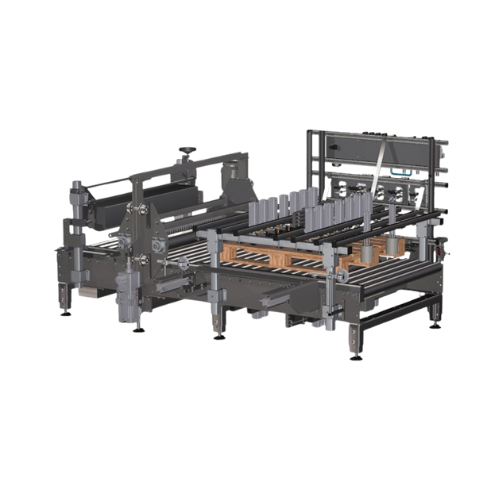
Pallet inspection system
Ensure the stability and integrity of diverse pallets with a high-speed inspection system that minim...
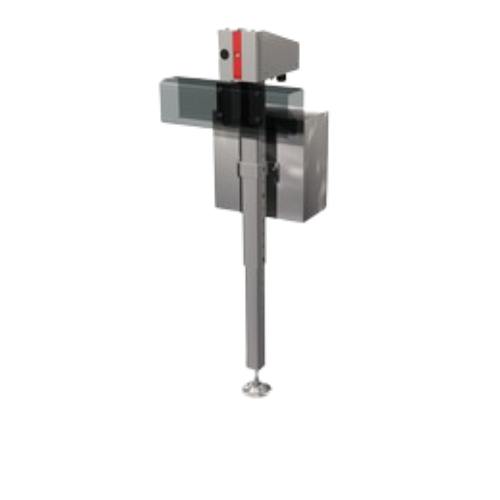
Container rejection system for high-speed operations
Ensure product safety by swiftly removing defective containers at hi...
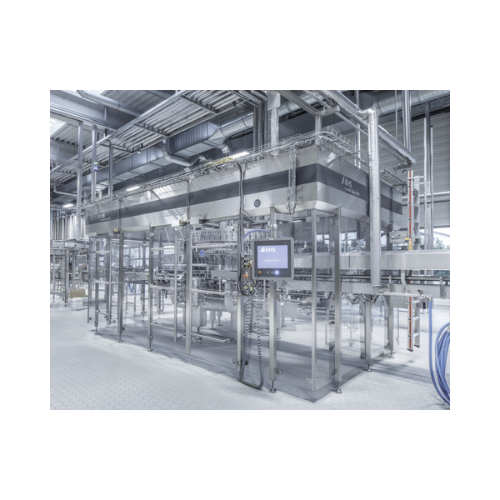
Bottle filler for beer and soft drinks in glass bottles
Achieve precision in bottling with reduced CO2 emissions and low ...
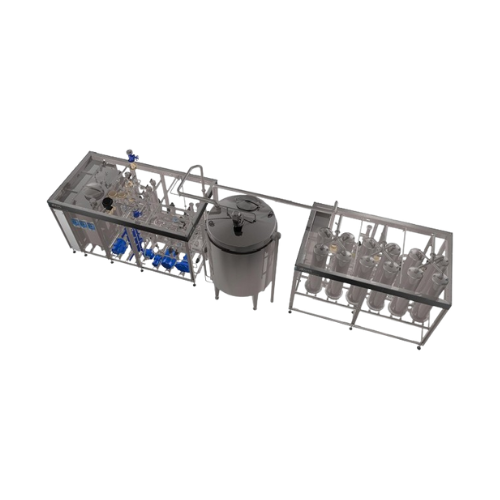
Pvpp beer stabilization system for breweries
Reduce beer hazing and extend shelf life with this advanced stabilization sys...
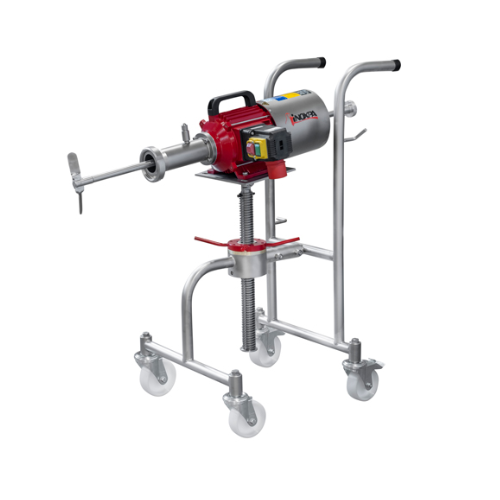
Wine tank agitator for homogeneous mixing
Achieve precise mixing and uniform temperature distribution in your wine product...
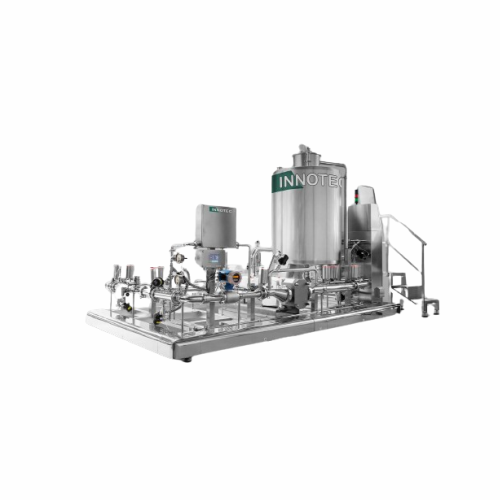
Oxygen and carbon dioxide monitoring and elimination system
Achieve precise control over dissolved gases with a system t...
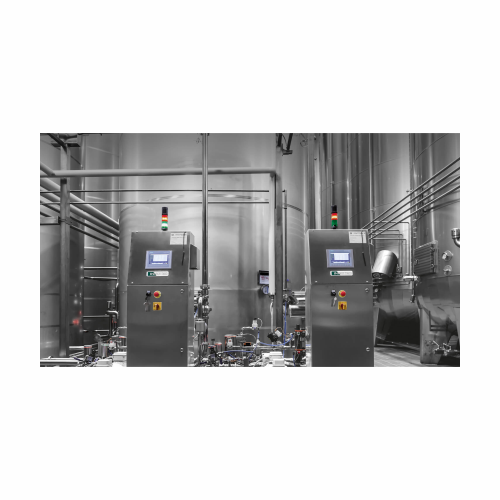
Piping discharge system for product separation in transfer lines
Optimize your beverage production by preventing product...
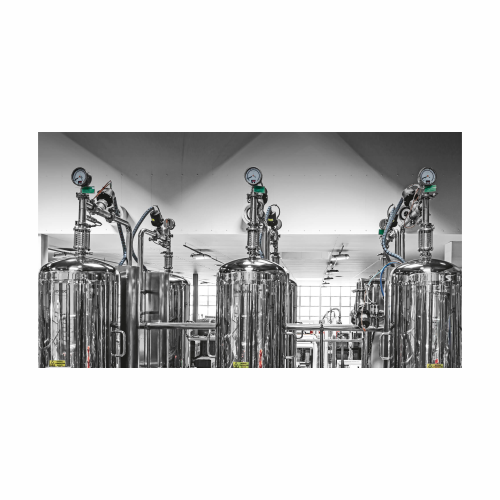
Micro-filtration system for beverage industry
Achieve microbiological stability at cold temperatures with our micro-filtra...
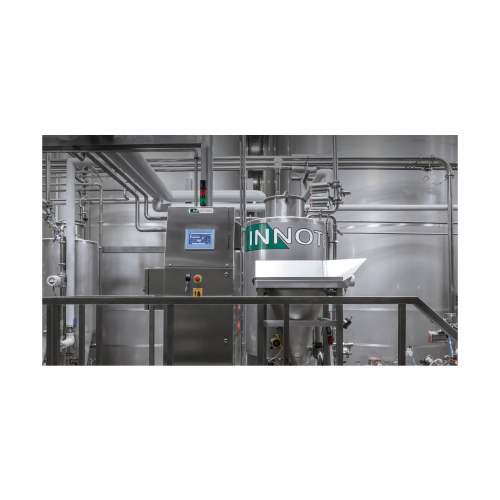
Powder mixing system for beverage industry
Enhance your beverage production with an advanced powder mixing system that ens...
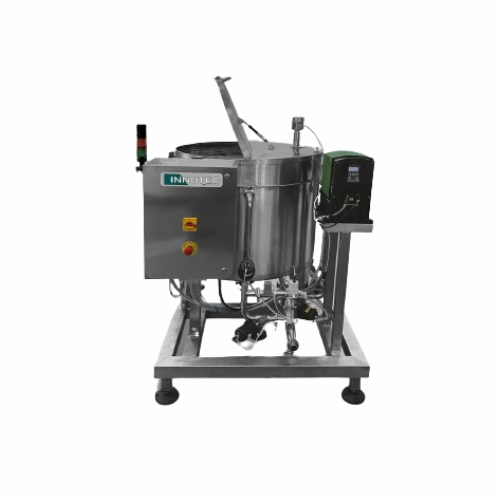
Wine recovery system for bottling processes
Streamline bottling operations by recovering and re-dosing valuable wine, redu...
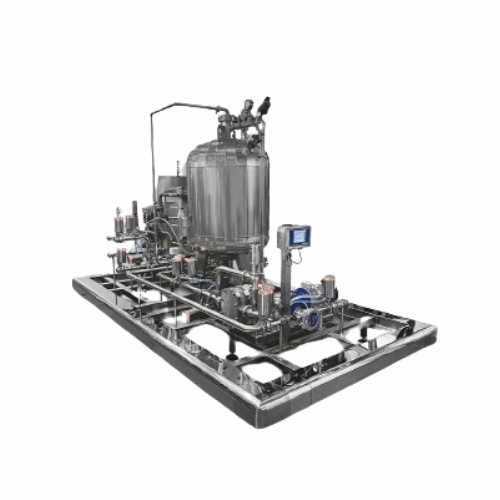
Co2 dosing system for effervescent beverage bottling
For beverage manufacturers requiring precise carbonation, this solut...
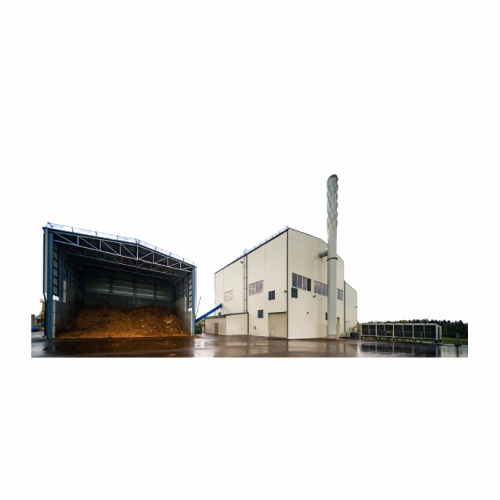
Industrial water tube steam boilers
Optimize energy efficiency and reduce fossil fuel reliance with high-performance steam ...
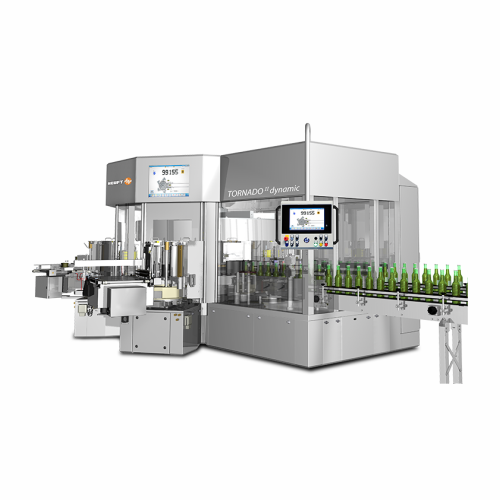
Semi-modular labeller for precise beverage bottle labelling
Achieve millimeter-precision bottle labelling with seamless ...
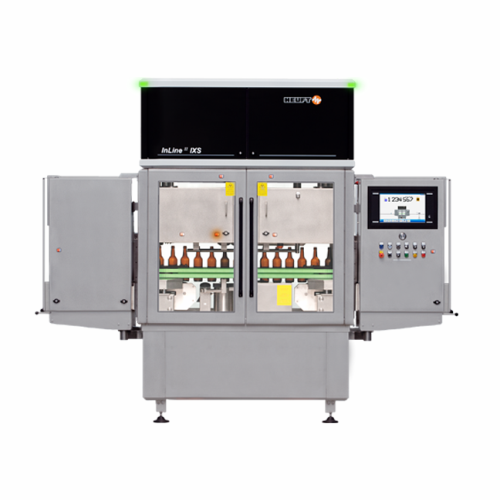
X-ray assisted empty bottle inspection
Enhance your production line with advanced X-ray and optical technology to ensure pr...
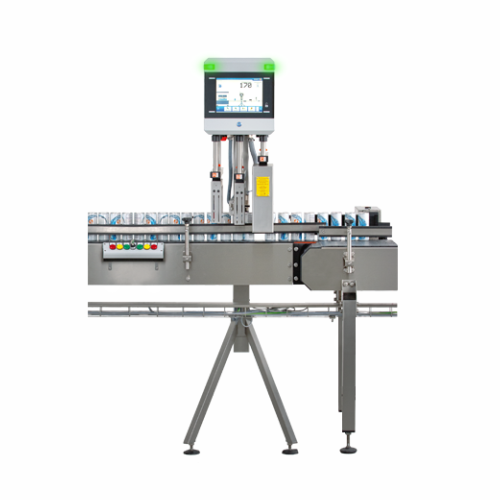
Full container check system for beverage industry
Streamline your quality assurance process with advanced detection techn...
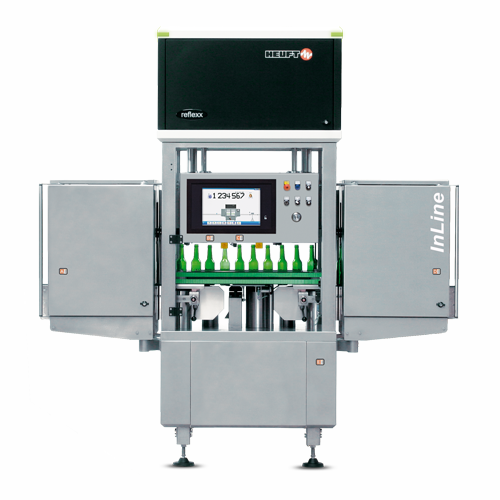
Empty bottle inspection for beverages
Ensure high quality control and prevent contamination in beverage production lines wi...
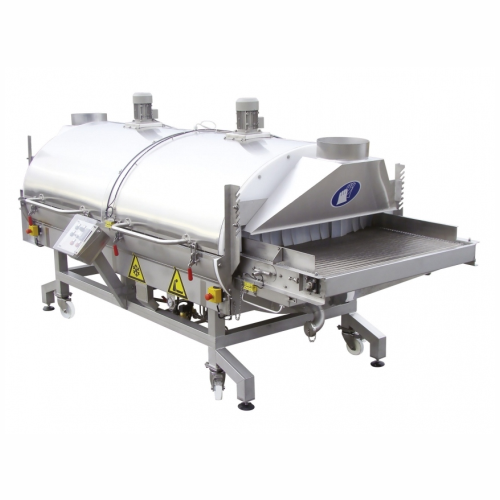
Grape harvest cooling tunnel
Ensure optimal grape quality for winemaking by precisely controlling temperature with a mobile ...
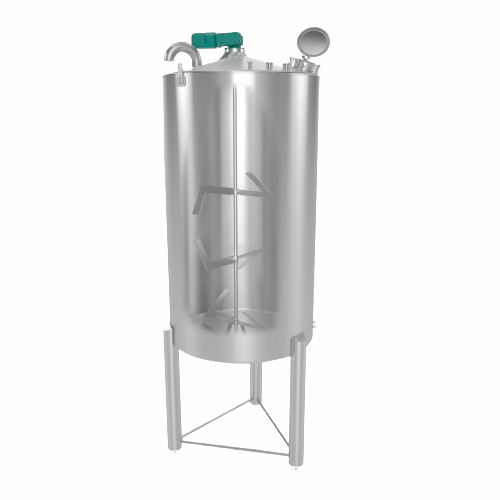
Juice storage tank with hygienic and cooling options
Ensure optimal freshness and stability of juices and beverages with ...
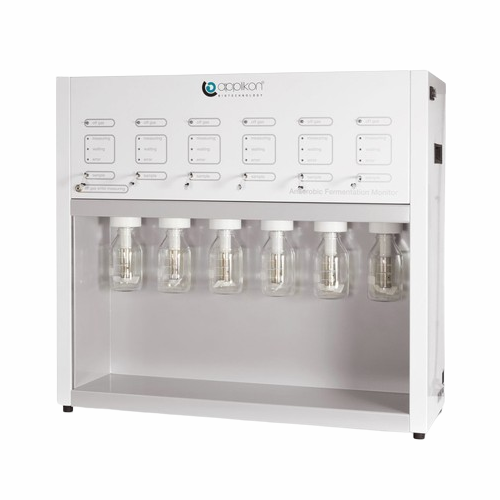
Fermentation monitor for alcohol production
Optimize anaerobic yeast fermentations with precise monitoring of carbon conve...
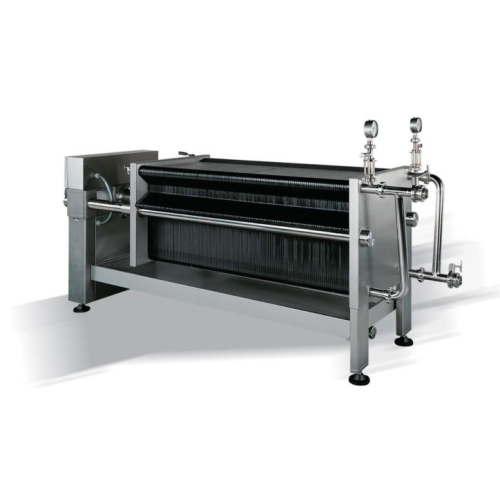
Plate and sheet filter for beer
Enhance your beer’s clarity with a plate and sheet filter designed for sterilization a...
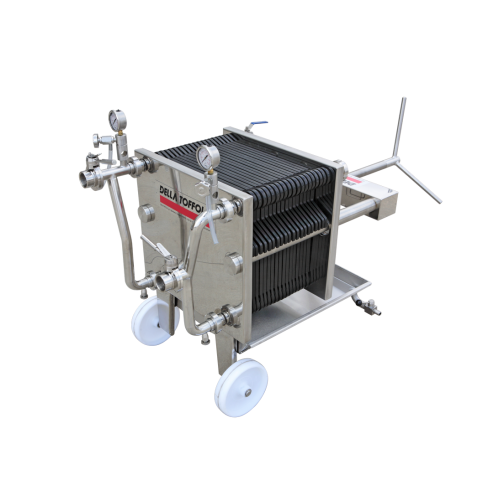
Industrial sheet filters for diverse liquid filtration applications
Achieve precise liquid filtration with adaptable sh...
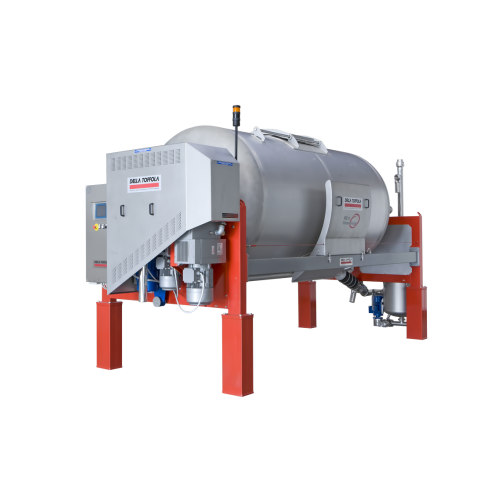
Presses compensated with inert gas for winemaking
Ensure the protection of delicate wine flavors during pressing by utili...
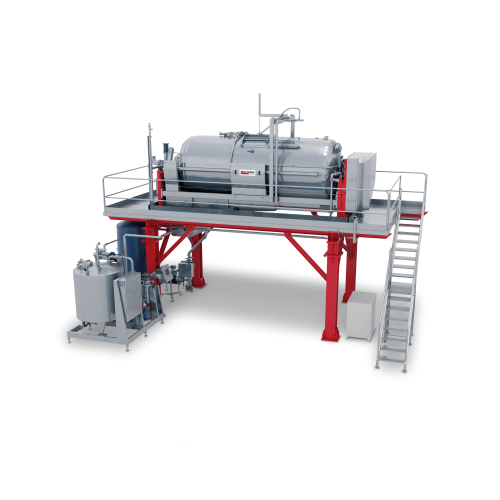
Fully automatic continuous flow wine press
For winemakers seeking to optimize operations, this advanced pneumatic pressing...
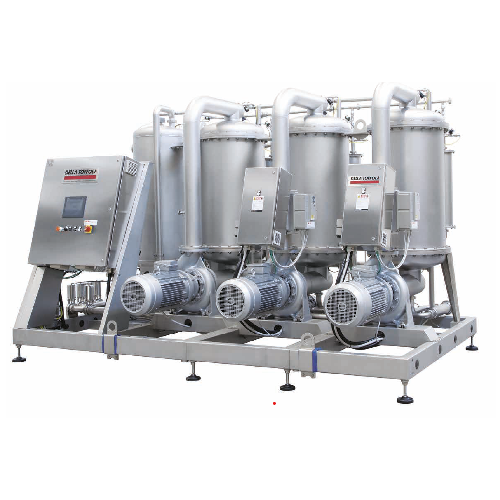
Industrial crossflow filters with ceramic membranes
Achieve precise filtration with robust ceramic membranes, ideal for h...
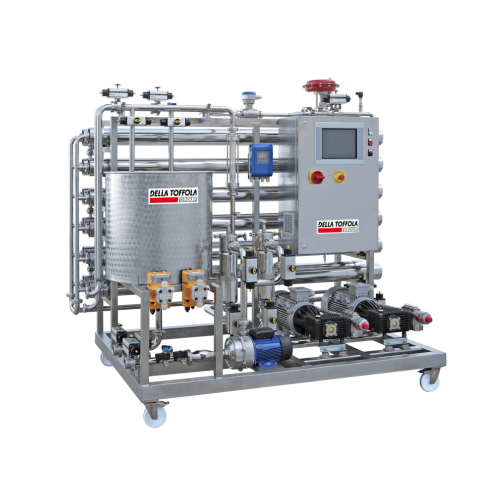
Reverse osmosis system for wine production
Enhance wine quality and versatility with advanced reverse osmosis systems that...
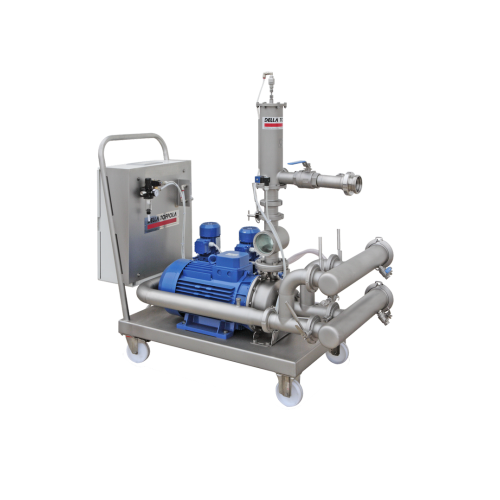
Continuous flotation units for wine clarification
Optimize your wine and juice production with our advanced flotation uni...
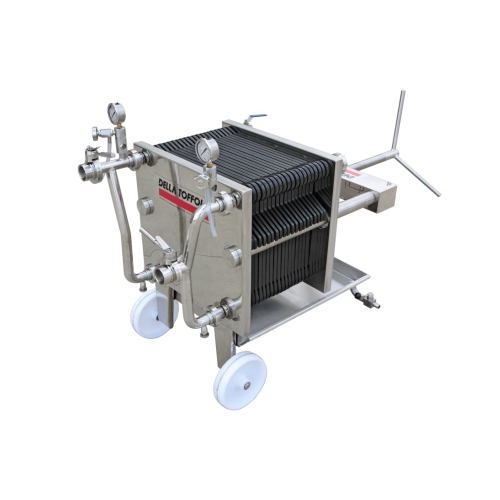
Sheet filters for wine and beer filtration
Enhance your filtration process with reliable sheet filters designed for high-q...
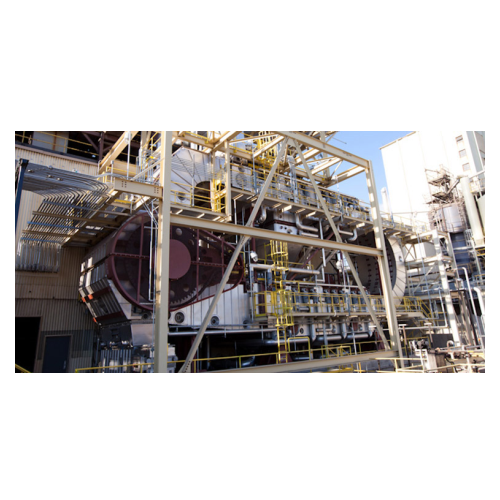
High-volume oilseed extraction system
Achieve optimal extraction efficiencies with a versatile system that handles various ...
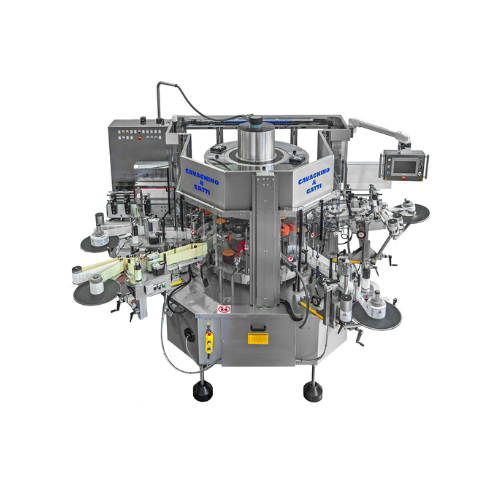
Self-adhesive labelling system for bottles
Enhance your bottling line with a versatile labelling system that supports medi...
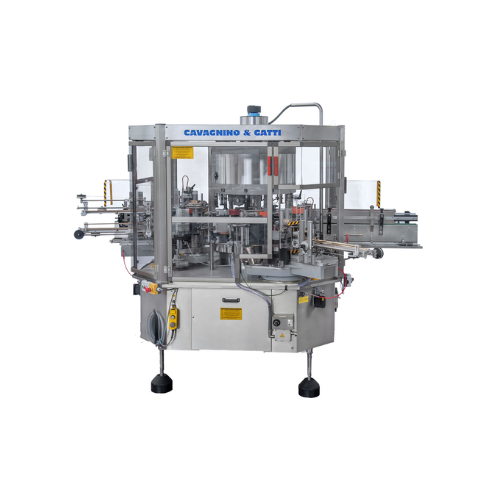
High-speed wet glue labelling system
Ensure precise labelling on diverse bottle types with our versatile rotary labelling s...
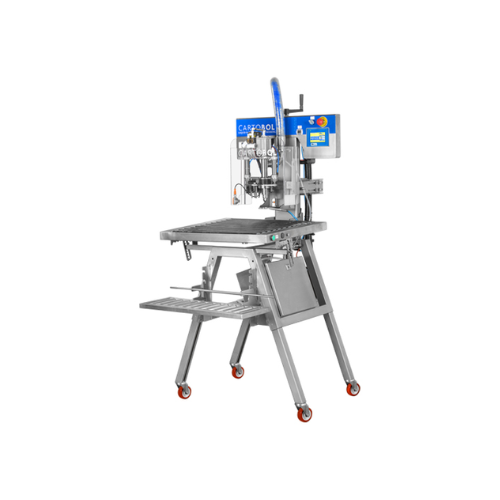
Semi-automatic filler for bag-in-box packaging
Streamline your liquid packaging process with a versatile filler that integ...
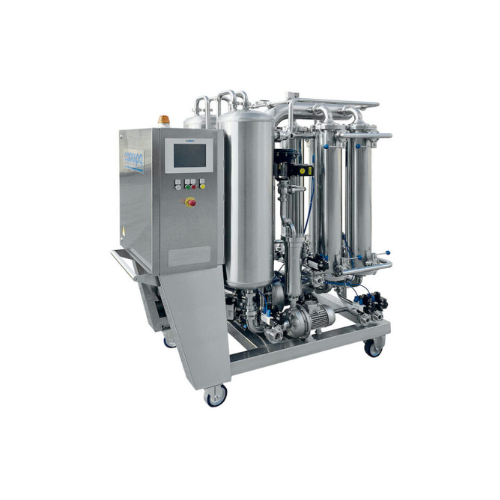
Automatic cross-flow filter for wine
Experience enhanced filtration efficiency with reduced waste, as this cross-flow filte...
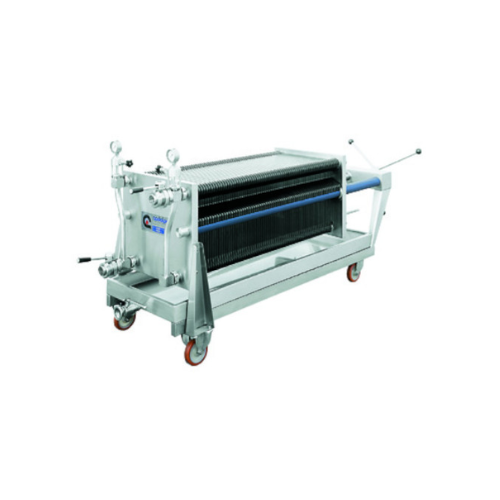
Plate filter for beverage sterilization
Achieve absolute clarity and sterilization of your beverages with a versatile plate...
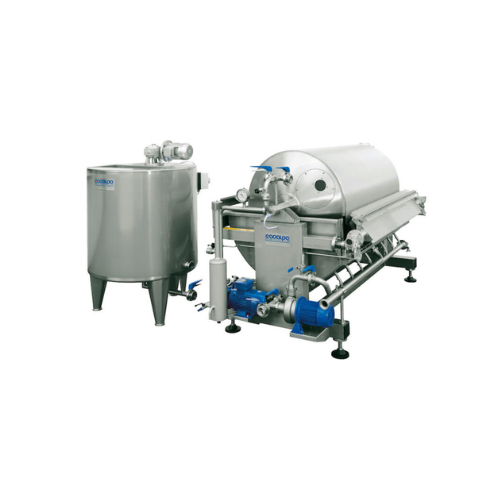
Rotary vacuum filter for wine filtration
Enhance your wine production with efficient filtration of grape must and wine lees...
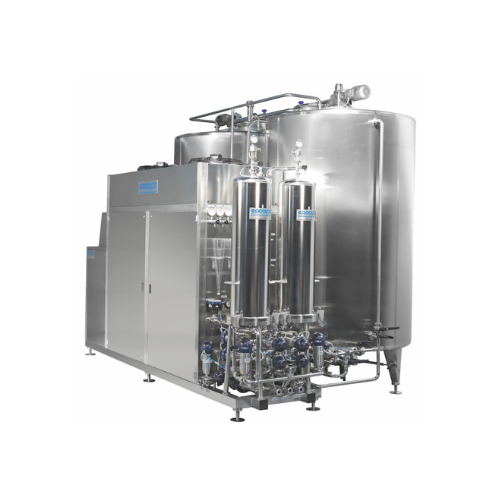
Continuous tartar stabilization for small wine batches
Achieve continuous tartar stabilization in wine with precise cryst...
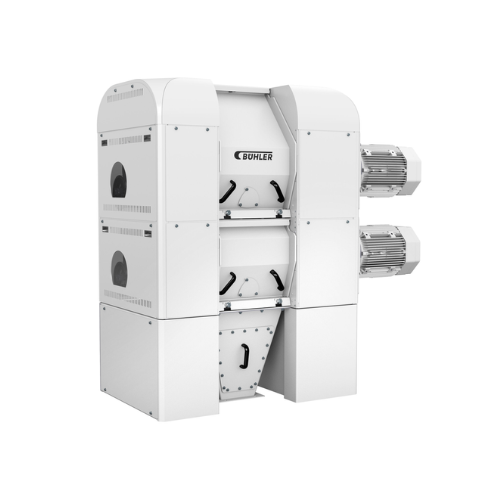
Grist mill for brewing and distilling
Achieve optimal grain processing with reduced energy consumption and increased brewho...
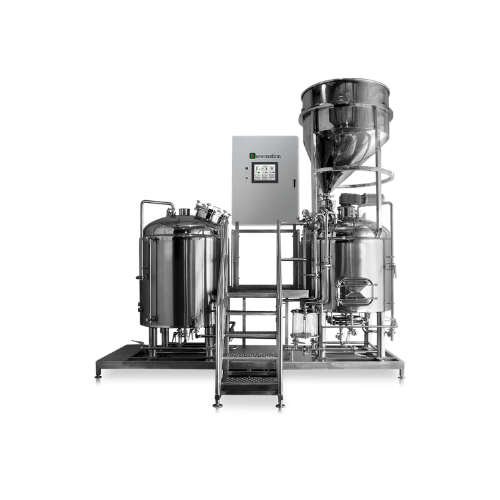
Turnkey brewing systems
Streamline your brewing and distilling operations with a comprehensive system that integrates grain h...
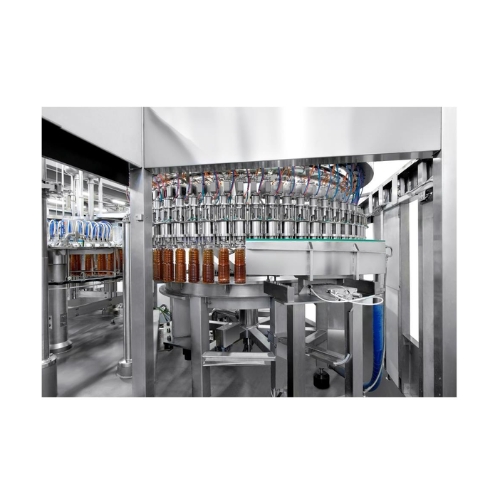
High-capacity no-oxygen wine filler
Ensure optimal flavor retention and prevent oxidation in your bottling process with adv...
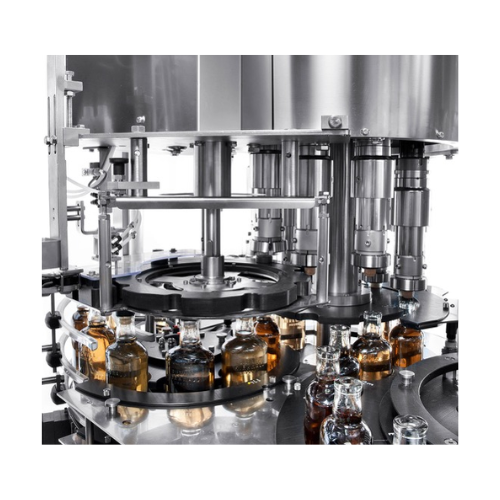
Industrial capping systems for bottling lines
Optimize your bottling process with versatile capping solutions designed for...
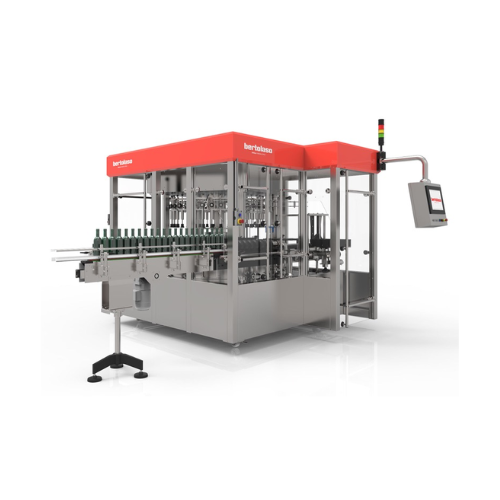
Inspection system for filled glass bottles
Ensure high-quality beverage bottling by detecting bottle faults, contaminants,...
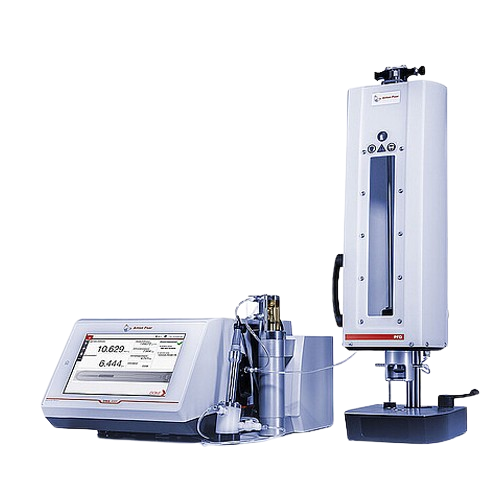
Co2/o2 beverage filling device
Ensure precise beverage analysis by maintaining carbonation integrity with a system that tran...
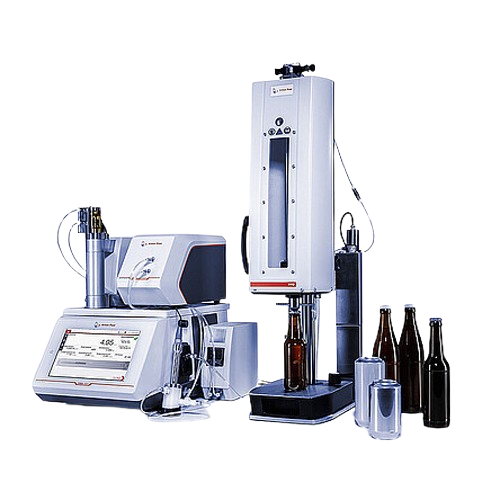
Packaged beverage analyzer for beer, wine, and cider
Ensure precision in beverage quality control with rapid, direct samp...
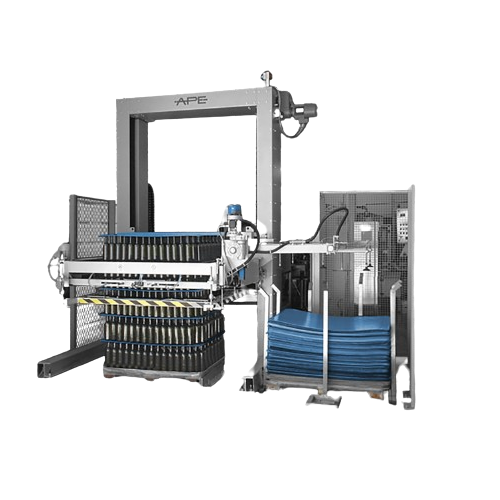
Depalletising solutions for bottles and containers
Optimize your production line with advanced depalletising solutions th...
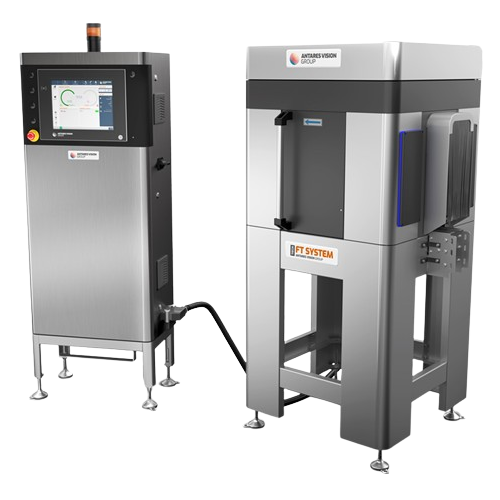
Full label inspection system for not-oriented containers
Ensure precise label application and integrity on any container ...
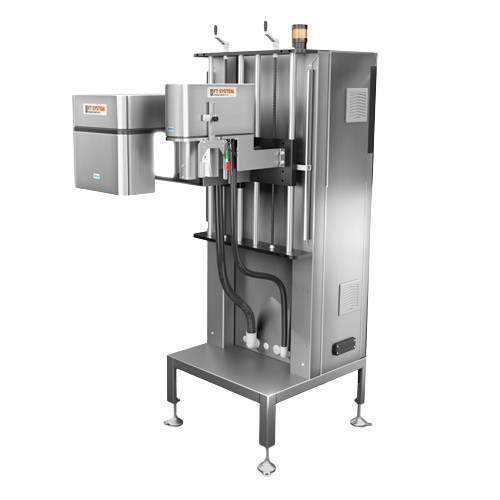
Cap inspection and fill level inspection system for beverage containers
Ensure precise cap application and fill level m...
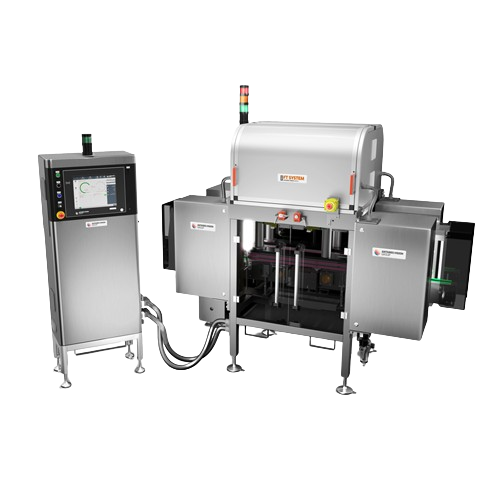
Empty bottle inspection system for beverage industry
Enhance your production line’s efficiency by detecting defects...
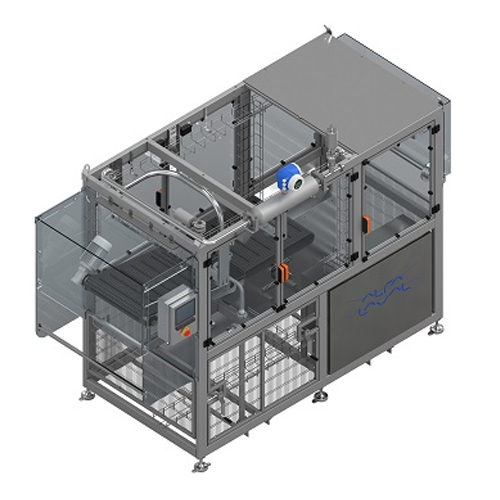
Bag-in-box filling solution for non-aseptic products
Maximize your production line’s efficiency with a high-speed f...
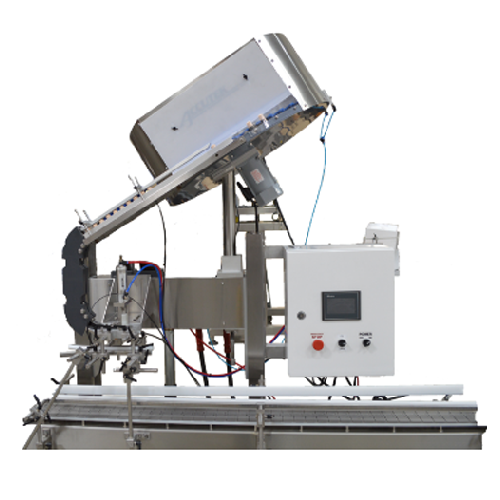
Bottle corking system for high-volume production lines
Streamline your bottling line with precise and reliable cork inser...
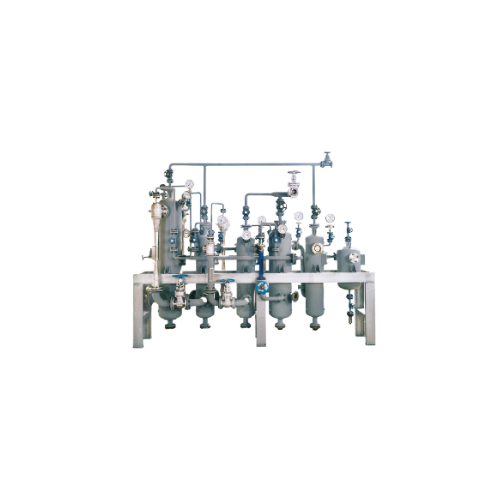
Multi-stage steam jet vacuum pumps for industrial applications
Achieve precise vacuum conditions for evaporation, distil...
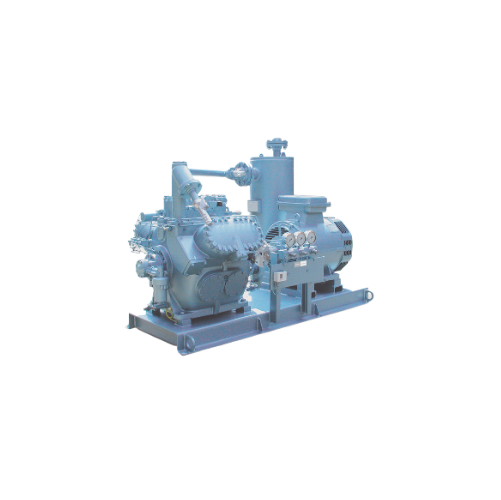
Compressor package for freezing and heat pump applications
Optimize your heating and cooling systems with high-efficienc...
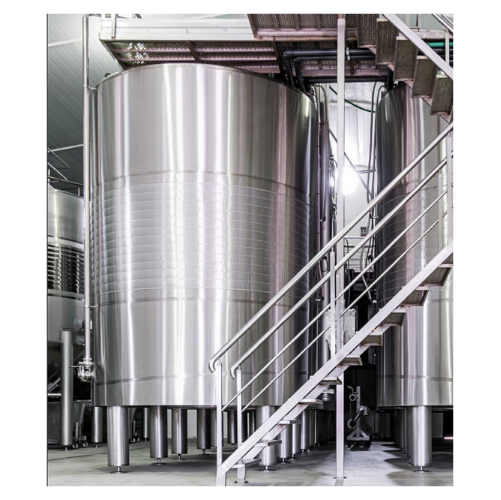
Centrifuge for beverage clarification
Elevate your beverage production with enhanced clarification, ensuring your drinks me...
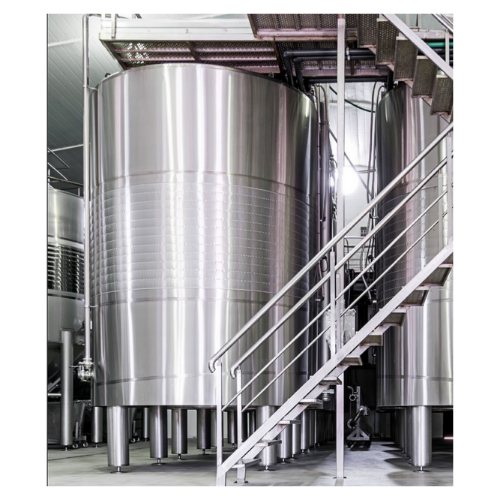
Reverse osmosis dealcoholization technology for beer
Achieve consistent flavor profiles in your non-alcoholic beer produc...
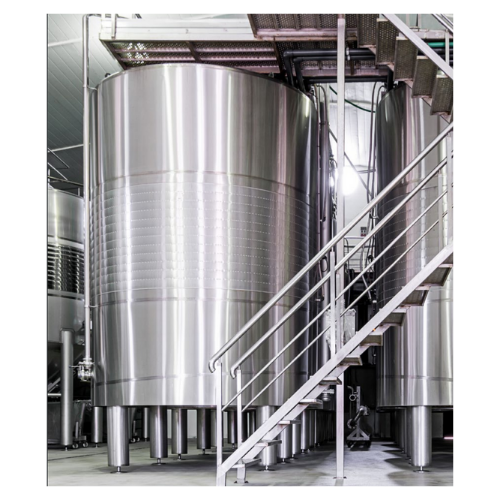
Reverse osmosis beer dealcoholization technology
Achieve precise alcohol removal from beer while preserving flavor integri...
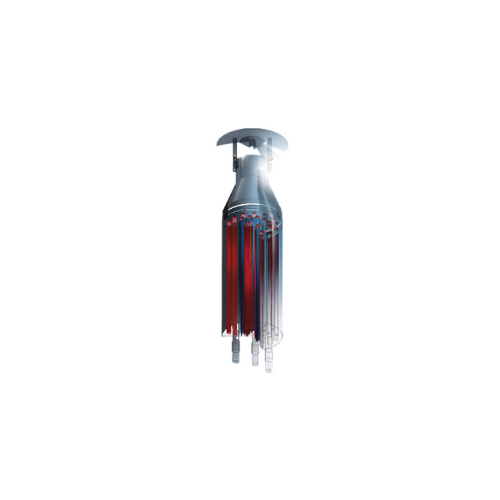
Internal wort boiler for precision boiling in brewing
Achieve consistent wort quality with precision boiling, designed to...
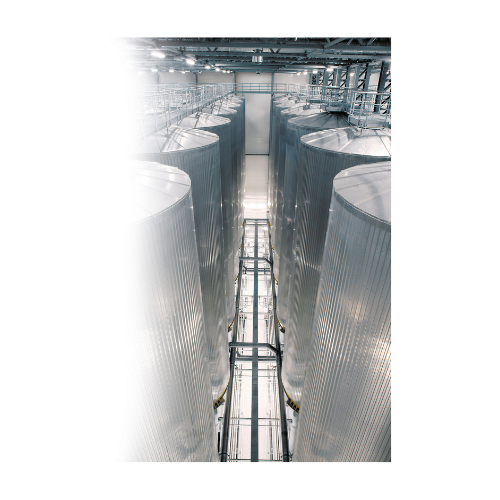
Fermentation and storage solutions for breweries
Enhance your brewing process with robust fermentation and storage tanks d...
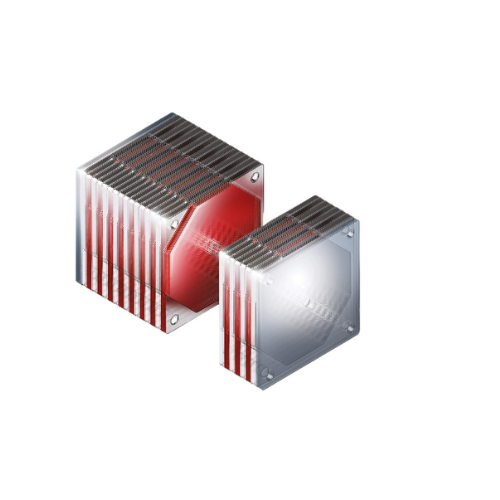
Membrane mash filter for brewing
Optimize your brewing process with advanced membrane filtration, ensuring maximum yield and...
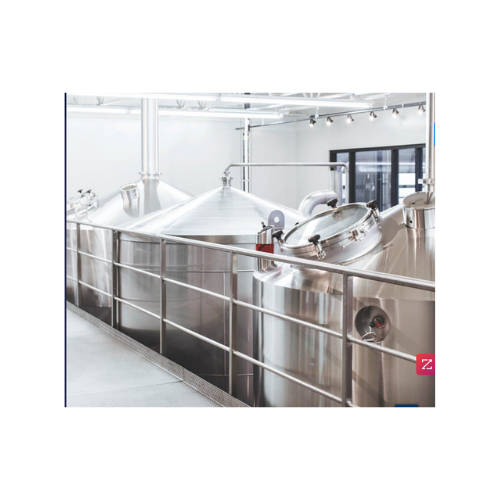
Lauter tun for enhanced lautering efficiency and yields
Achieve faster lautering and higher yields with optimized spargin...
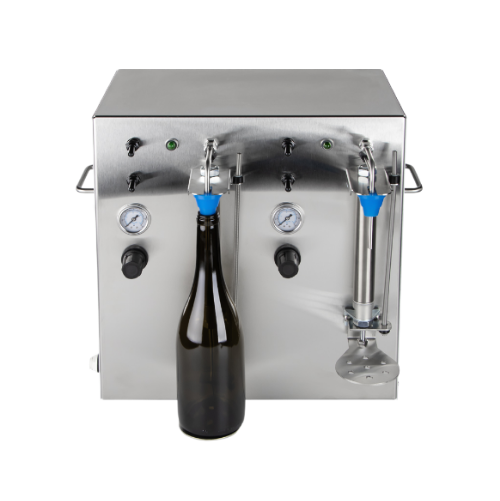
Counter pressure filler for carbonated beverages
Ensure optimal carbonation and minimal oxygen exposure during bottling, e...
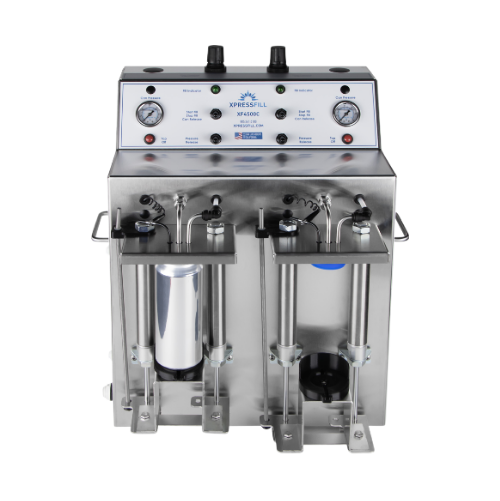
Counter pressure can filler for carbonated beverages
Achieve precise carbonation levels and minimal oxygen exposure in ca...
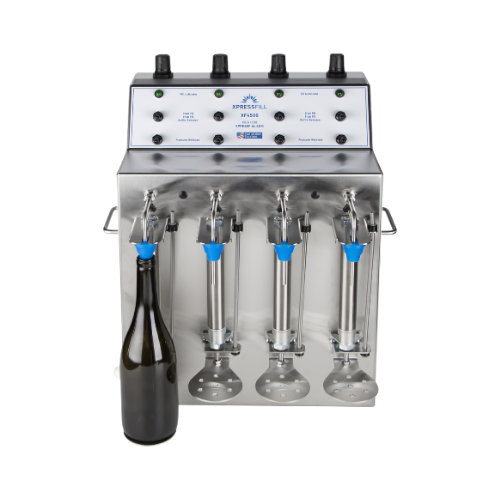
Counter pressure bottle filler for carbonated beverages
Maintain carbonation levels while filling bottles efficiently, en...
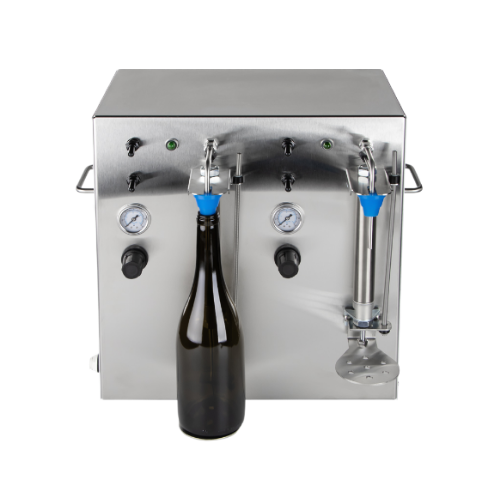
Counter pressure bottle filling system for carbonated beverages
Enhance your bottling efficiency with a versatile counte...
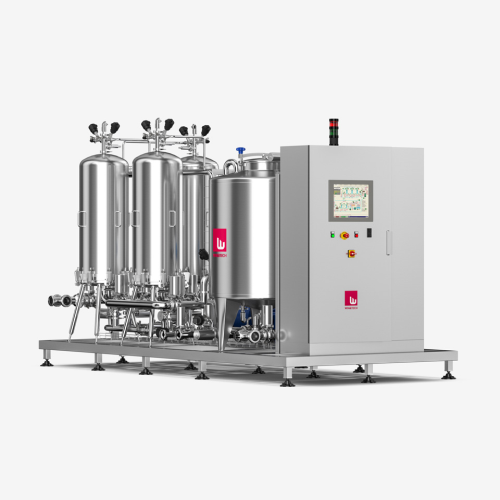
Frontal filtration system for wine clarification
Ensure your wine retains its unique flavors and aromas with an energy-eff...
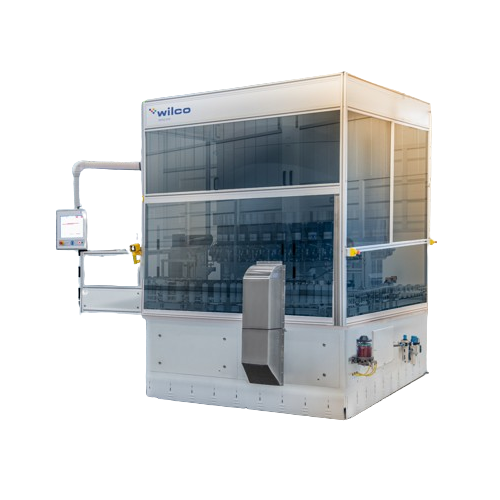
Leak testing system for aerosol cans
Ensure the integrity of your aerosol and metal packaging with a high-speed leak testin...
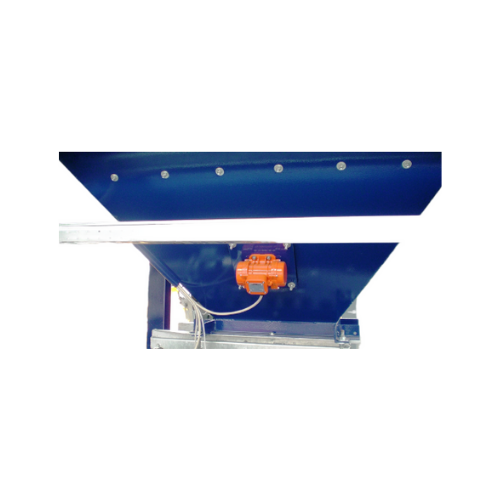
External electric motovibrators for bulk solids conveying
Enhance material flow efficiency and solve challenging dischar...
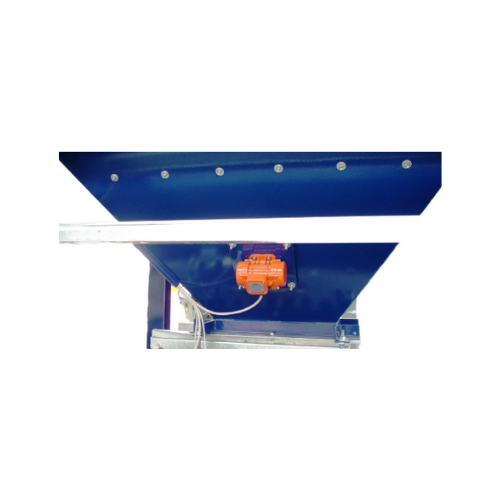
External electric motovibrators for industrial material flow
Experience enhanced material flow and precise material disc...
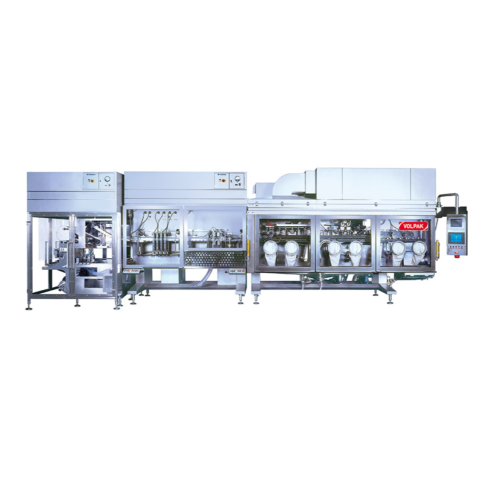
Horizontal stand-up pouching for beverages, dairy, and pet care
Optimize your liquid product packaging with rapid, high-...
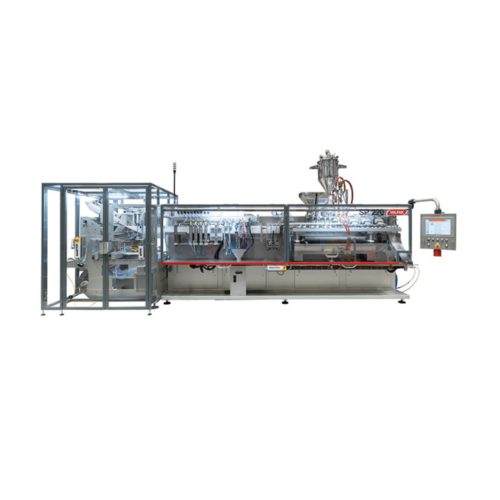
Stand-up pouch packaging for various industries
Elevate your packaging capabilities with a high-speed horizontal pouching ...
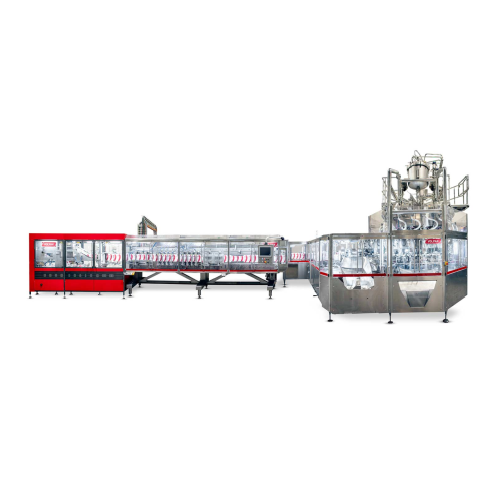
Continuous stand-up pouching solution for up to 1000ml
Maximize efficiency in high-speed production lines with precise st...
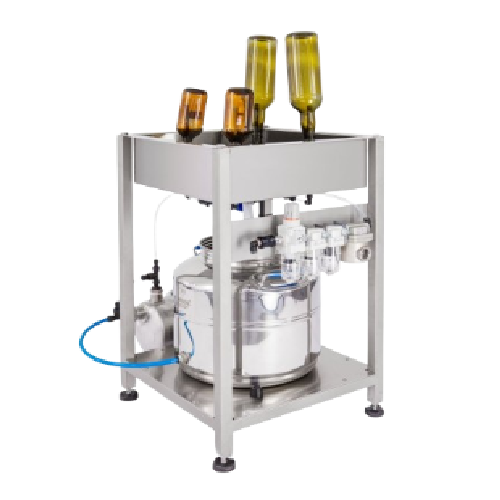
Bottle and jar rinsing system
Achieve optimal internal sanitization and cleanliness for bottles and jars with a versatile ri...
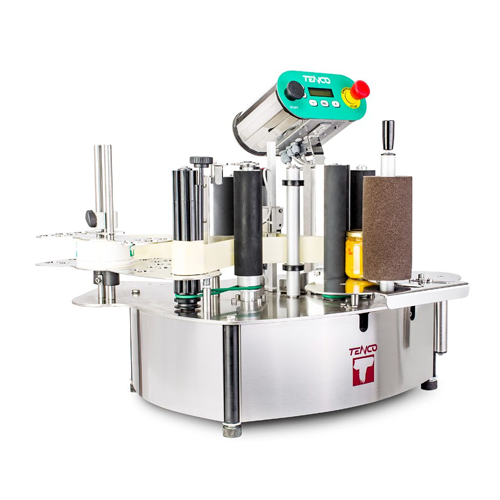
Self-adhesive label applicator for cylindrical and shaped bottles
Simplify label application on varied bottle shapes wi...
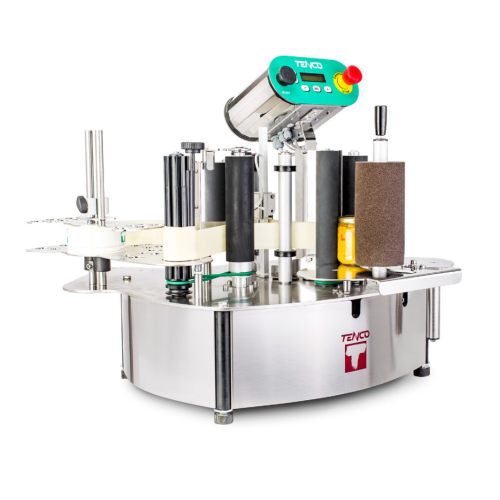
Bench-top labeling system for cylindrical and shaped containers
Effortlessly label diverse bottle shapes and sizes with ...
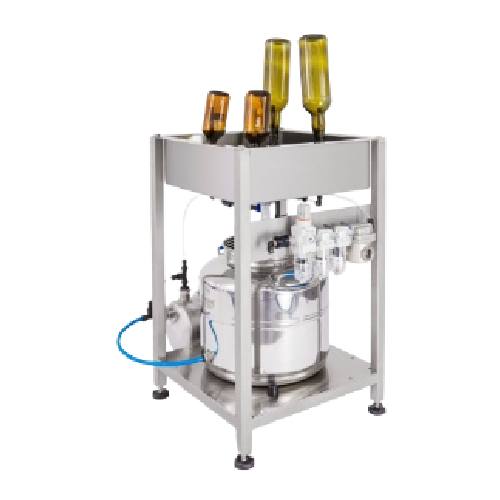
Combined air water rinser for bottles and jars
Optimize your bottling process with an integrated solution for rinsing and ...
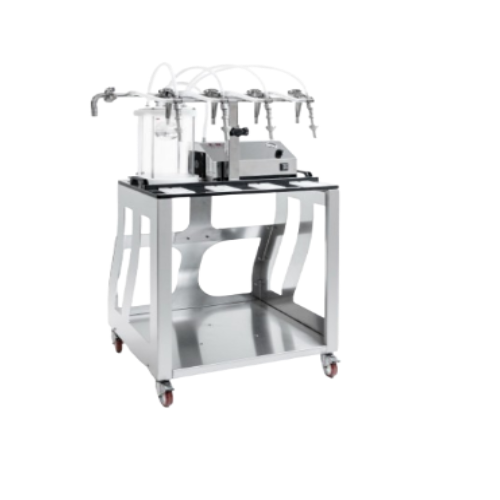
Vacuum bottling equipment for wineries and breweries
Optimize your bottling process with a vacuum solution that fills up ...
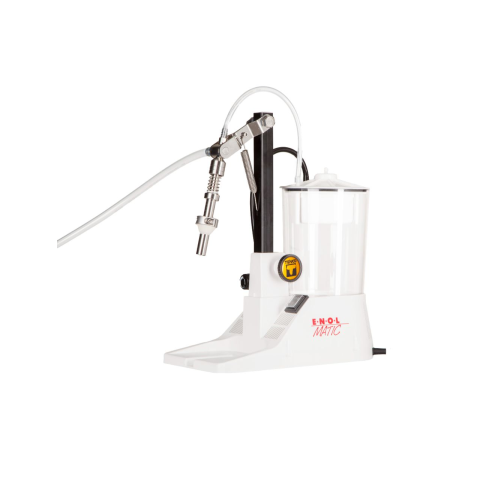
Vacuum filler for wine and oils
Optimize your beverage bottling process with a compact vacuum filler designed for precise le...
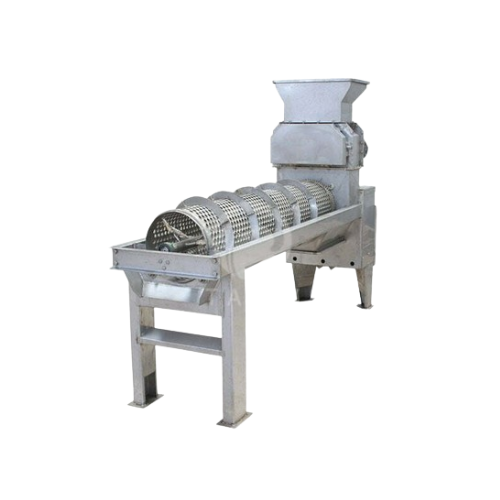
Pomegranate peeling and seed separating system
Streamline your pomegranate juice and wine production with a system that ef...
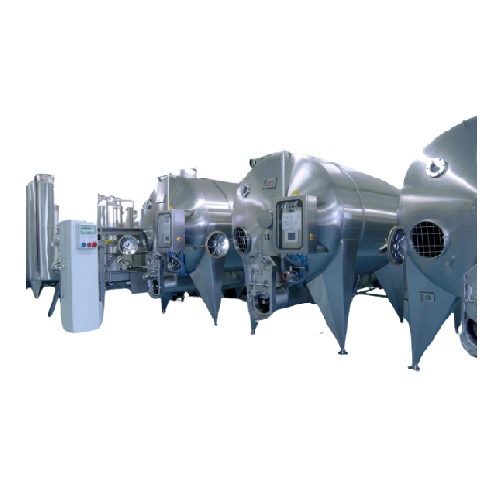
Horizontal fermentation tanks for winemaking
Achieve optimal fermentation with minimal liquid lees through advanced cap ma...
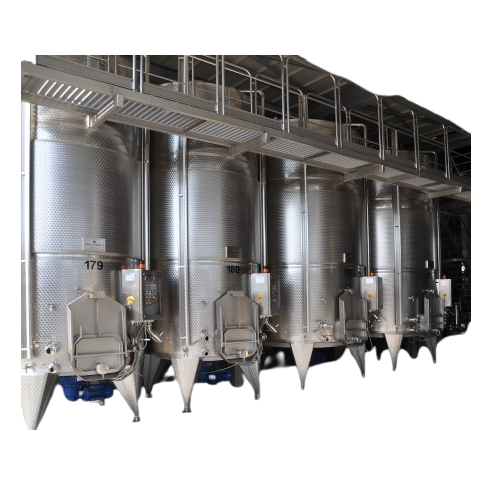
Vertical fermentation tanks for winemaking
Achieve optimal fermentation with vertical tanks designed for gentle must movem...
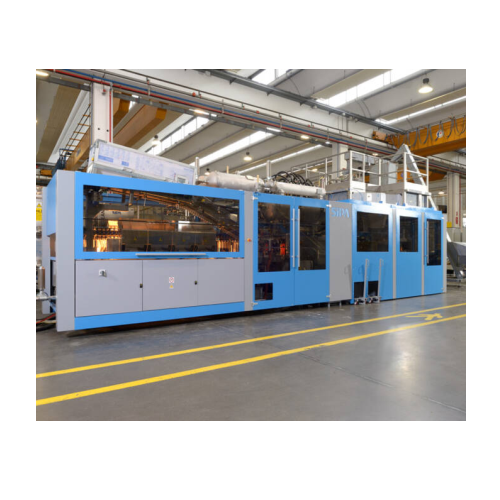
Integrated linear blowing and filling system for Pet containers
Streamline your PET container production with integrated...
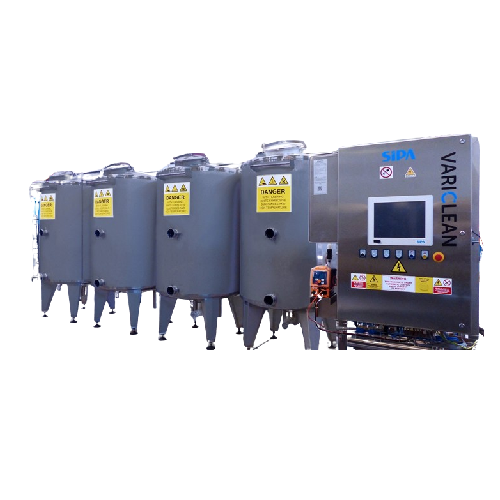
Cip sanitizing unit for food and beverage production
Ensure meticulous hygiene with a compact unit designed for seamless ...
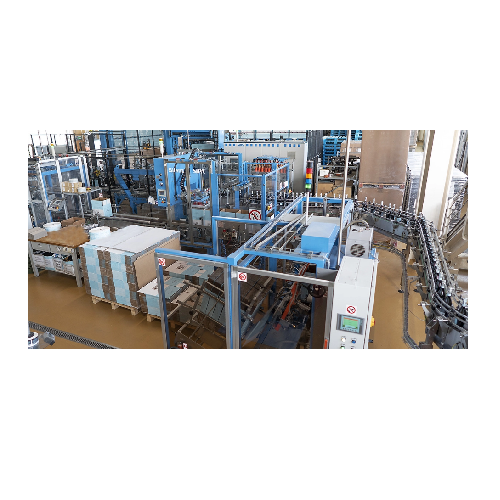
Cartoning solutions for beverage and food industries
Optimize your packaging line with a versatile range of cartoning sys...
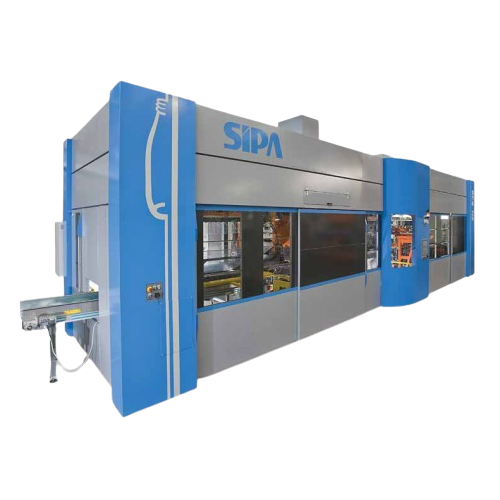
Single-stage plastic container production system
Eliminate multiple steps and minimize production costs with an integrated...
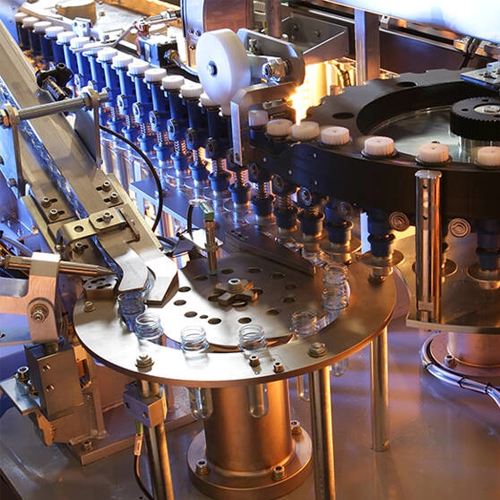
Linear blowing systems for Pet bottle production
Ideal for producers seeking versatile container solutions, this system en...
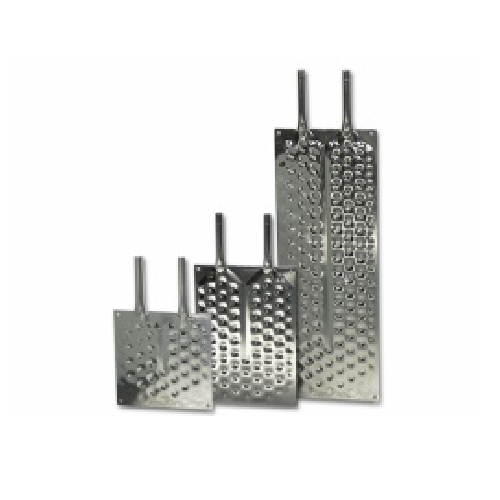
Heat exchangers for wine processing
Ensure precise temperature control and efficient cooling for your wine-making process w...
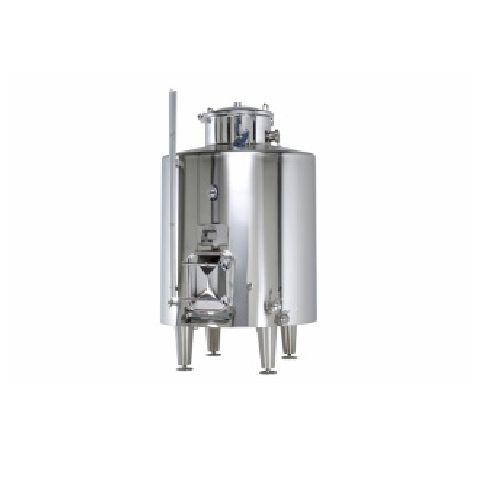
Cylindrical insulated tanks for wine production
Optimize fermentation and storage stages with precision temperature contro...
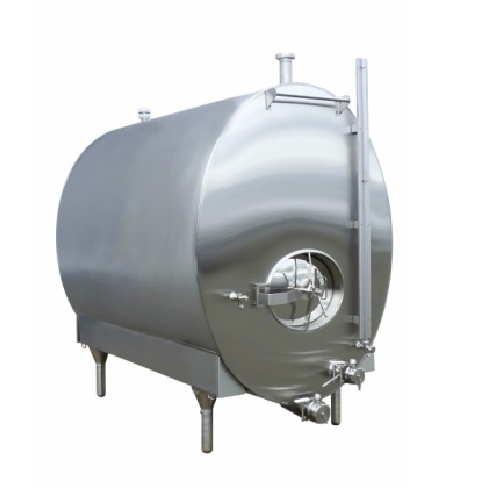
White and rosé wine-making Se elliptical tank
Optimize your wine production with an elliptical tank designed for perfect a...
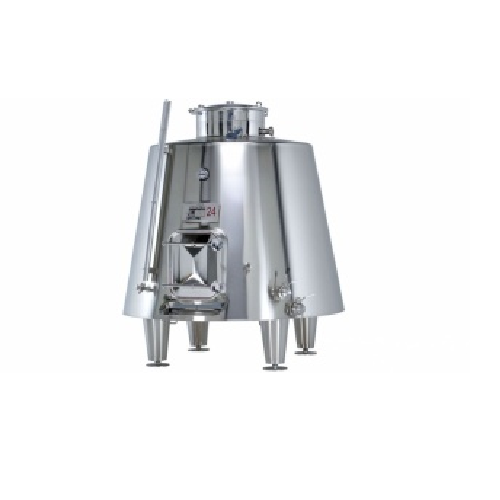
Truncated wine fermentation tank
Achieve optimal temperature control and efficient maceration for red wine production with a...
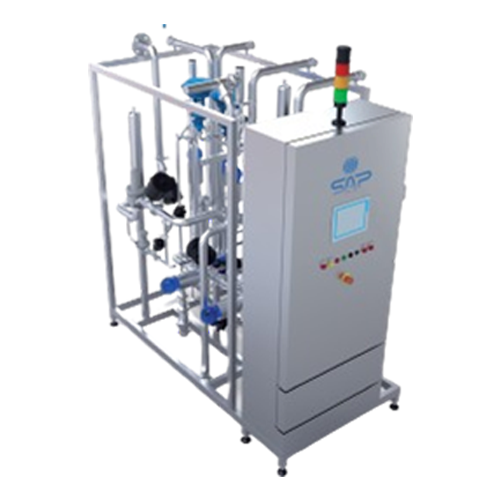
Aseptic tank for liquid food storage
Store and maintain the sterility of low and high acid liquid foods while ensuring prod...
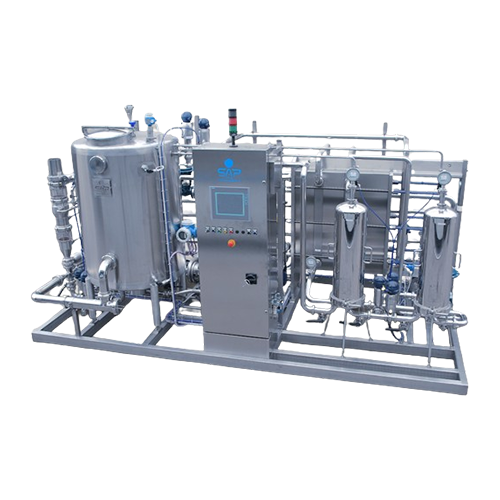
Continuous sugar dissolver for high brix solutions
Optimize your beverage production with a system that dissolves sugar u...
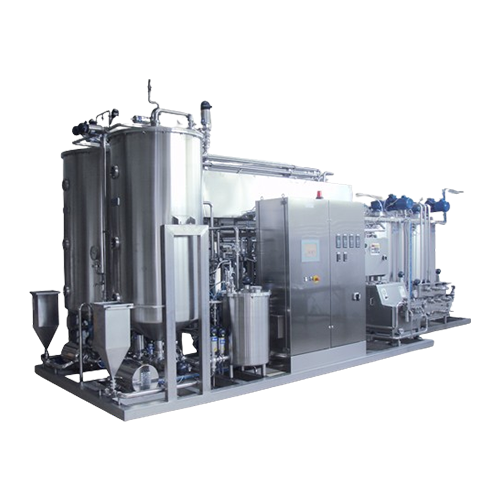
Pasteurization solution for food liquids
Extend the shelf-life of your liquid products while maintaining their quality with...
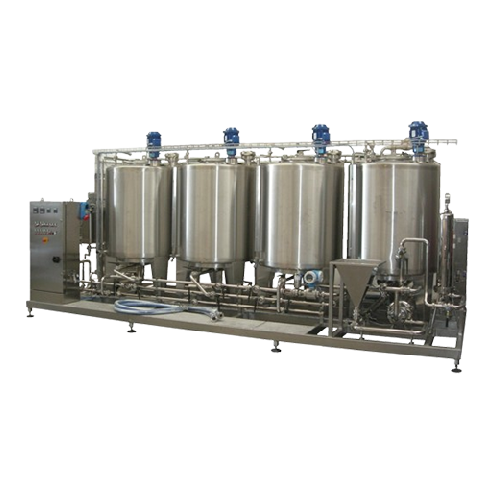
Custom syrup preparation systems
Optimize your beverage production with precision-engineered syrup preparation systems desig...
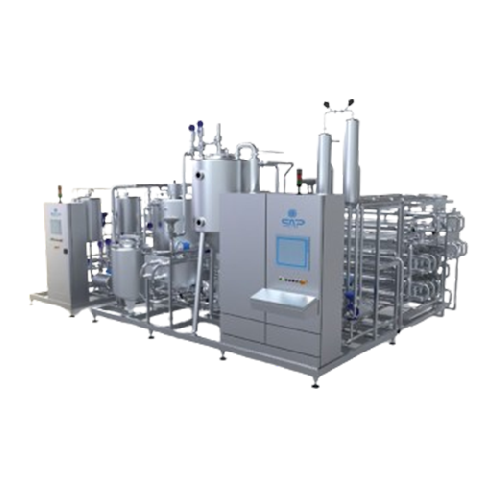
Uht sterilization solution for liquid food products
Enhance your liquid food processing with reliable UHT sterilization, ...
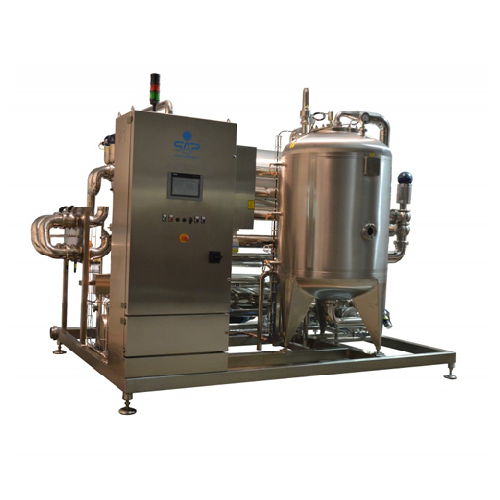
Industrial solutions for beverage mixing and carbonation
Optimize your beverage production with precise mixing and carbon...
